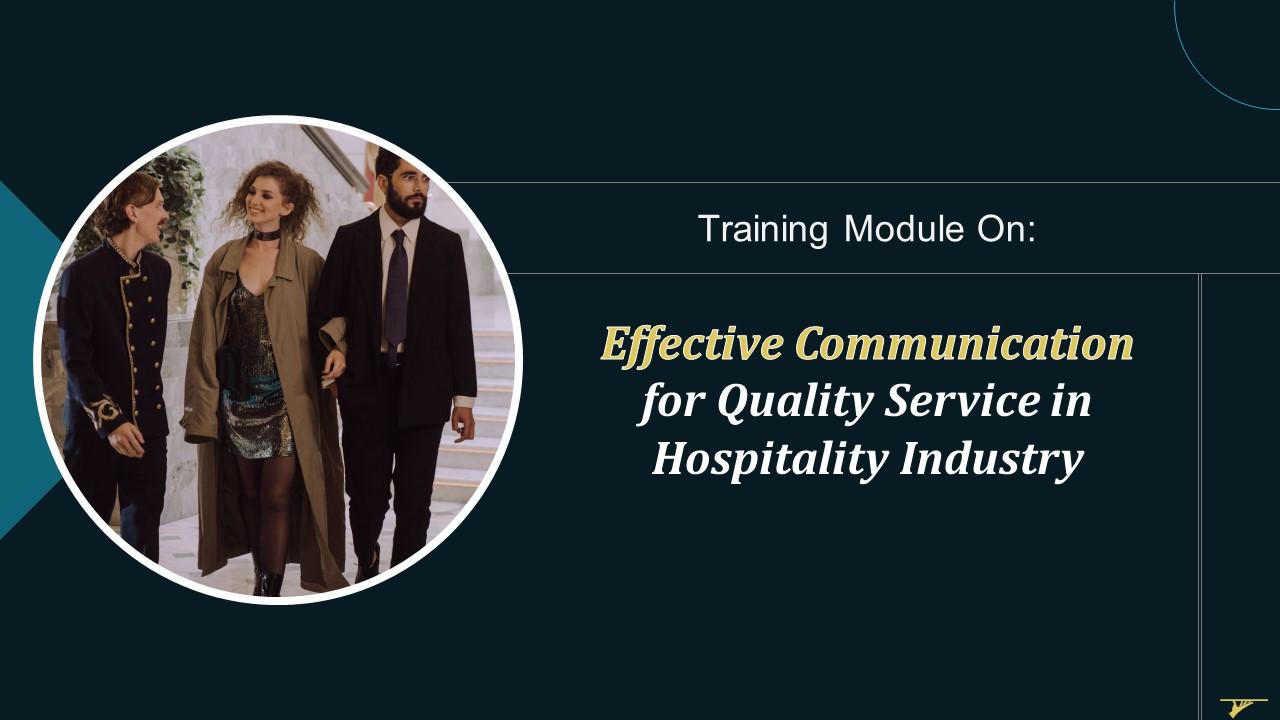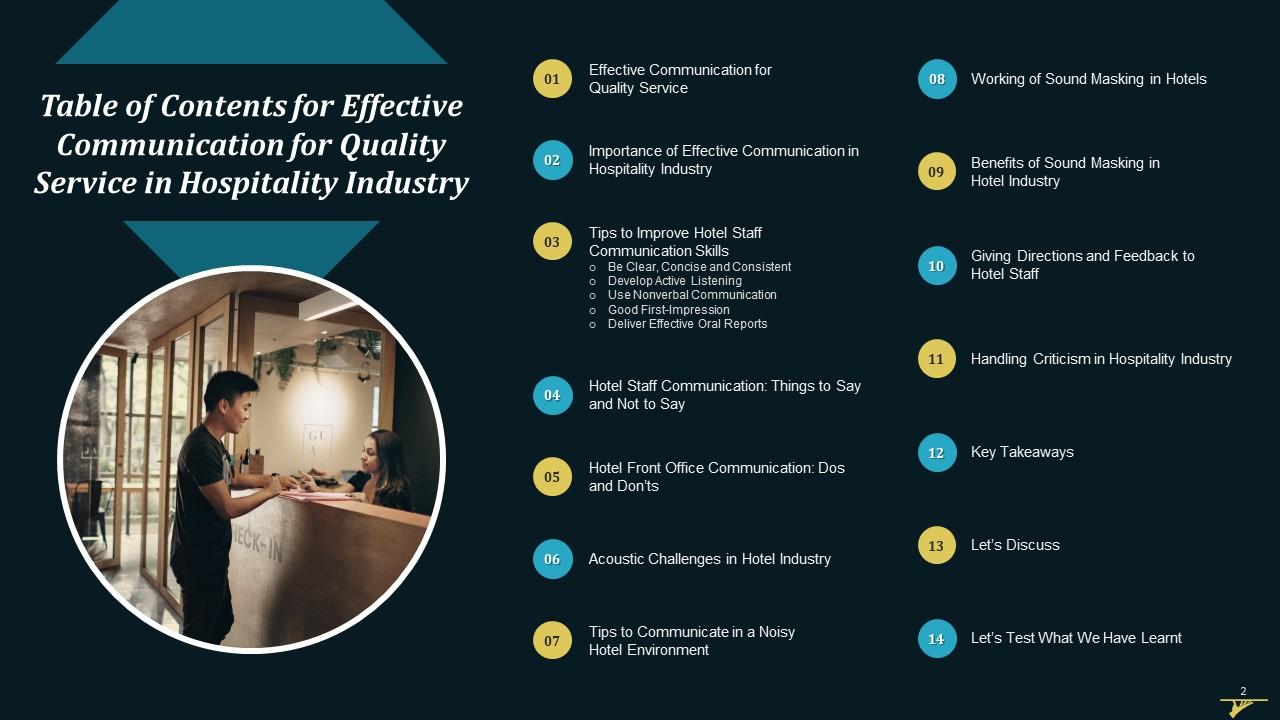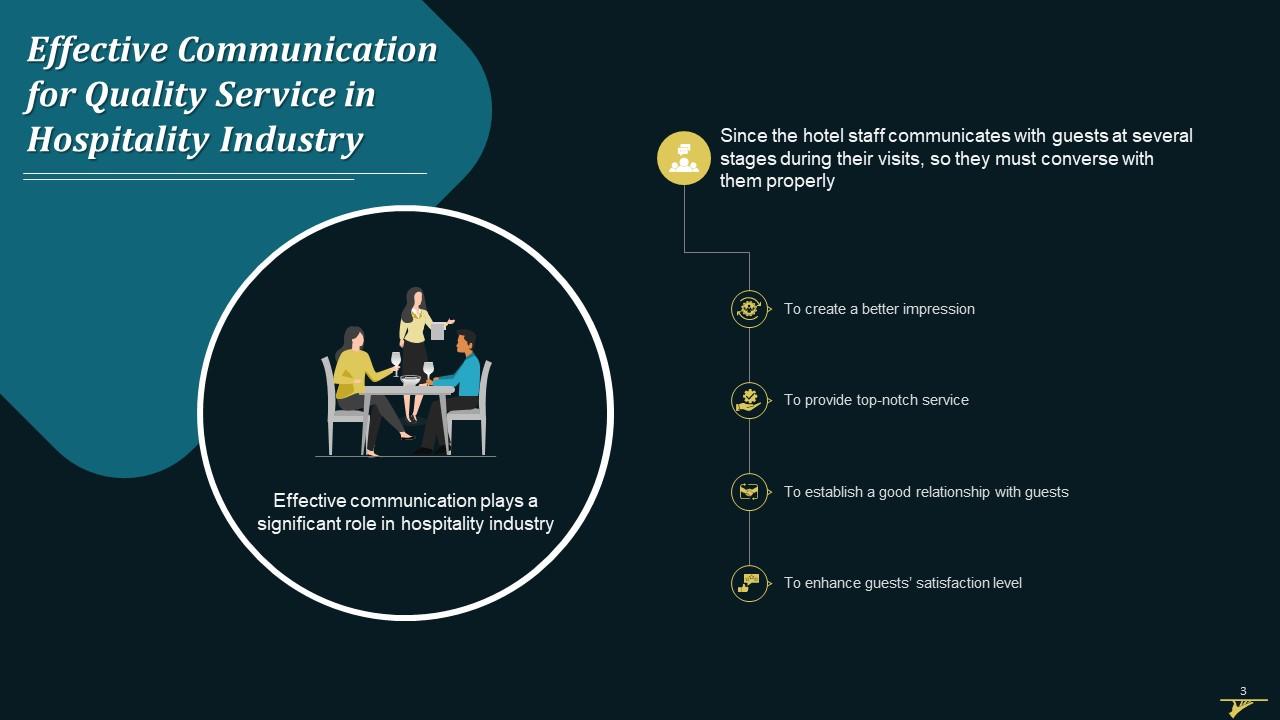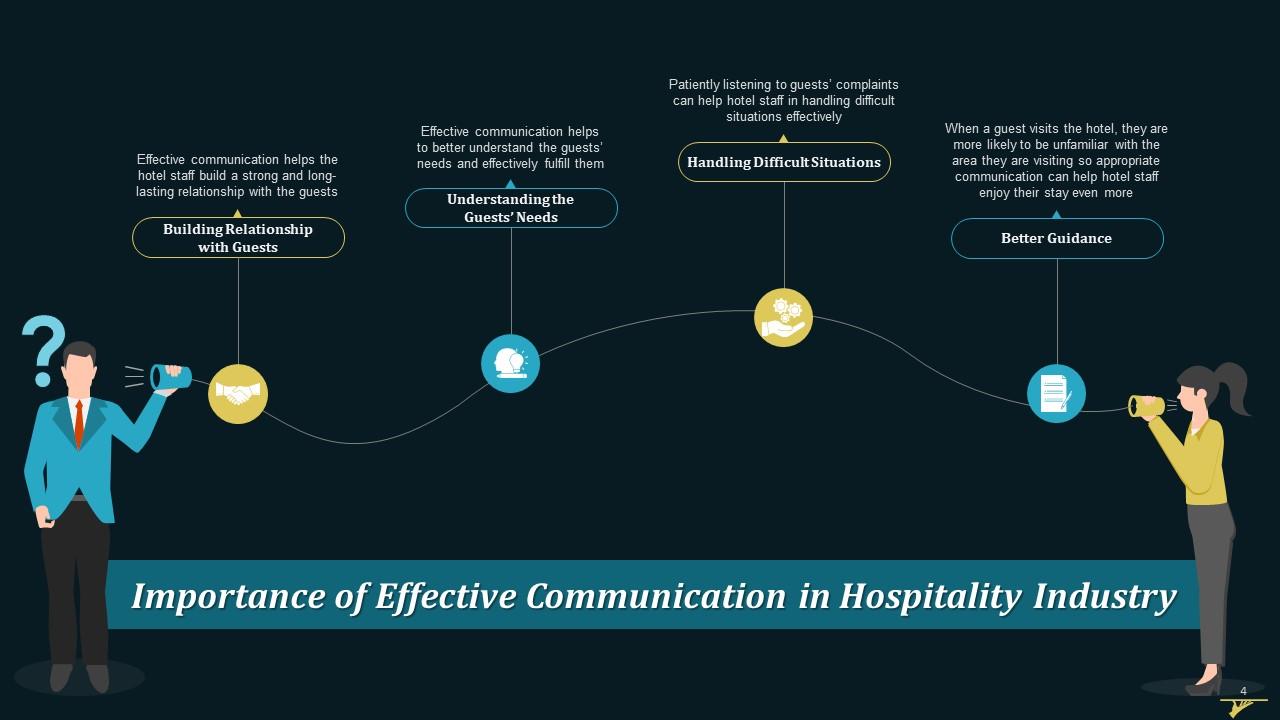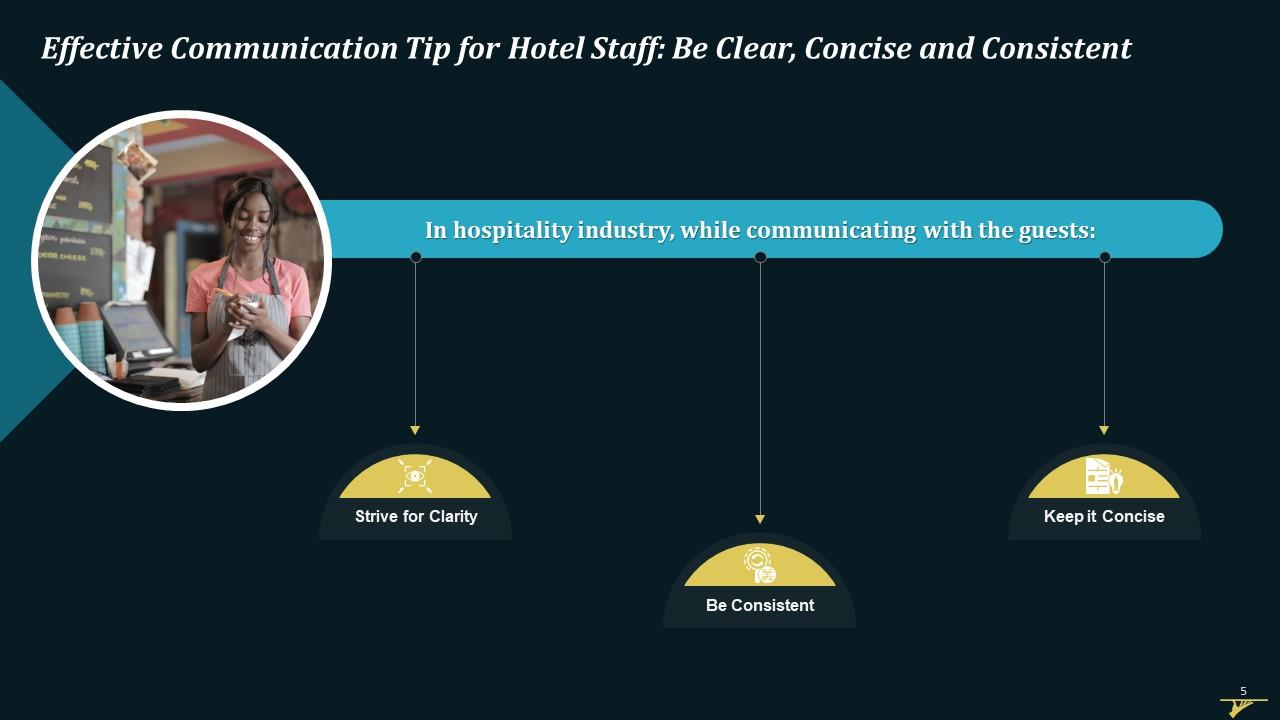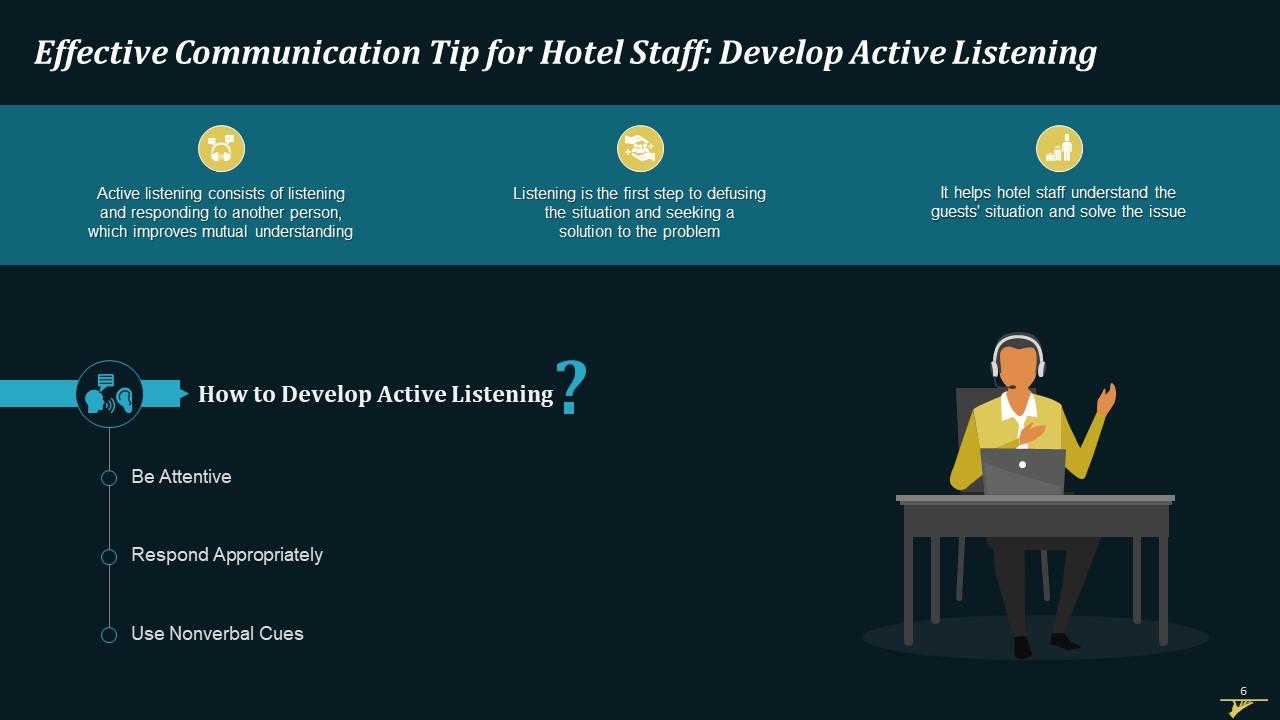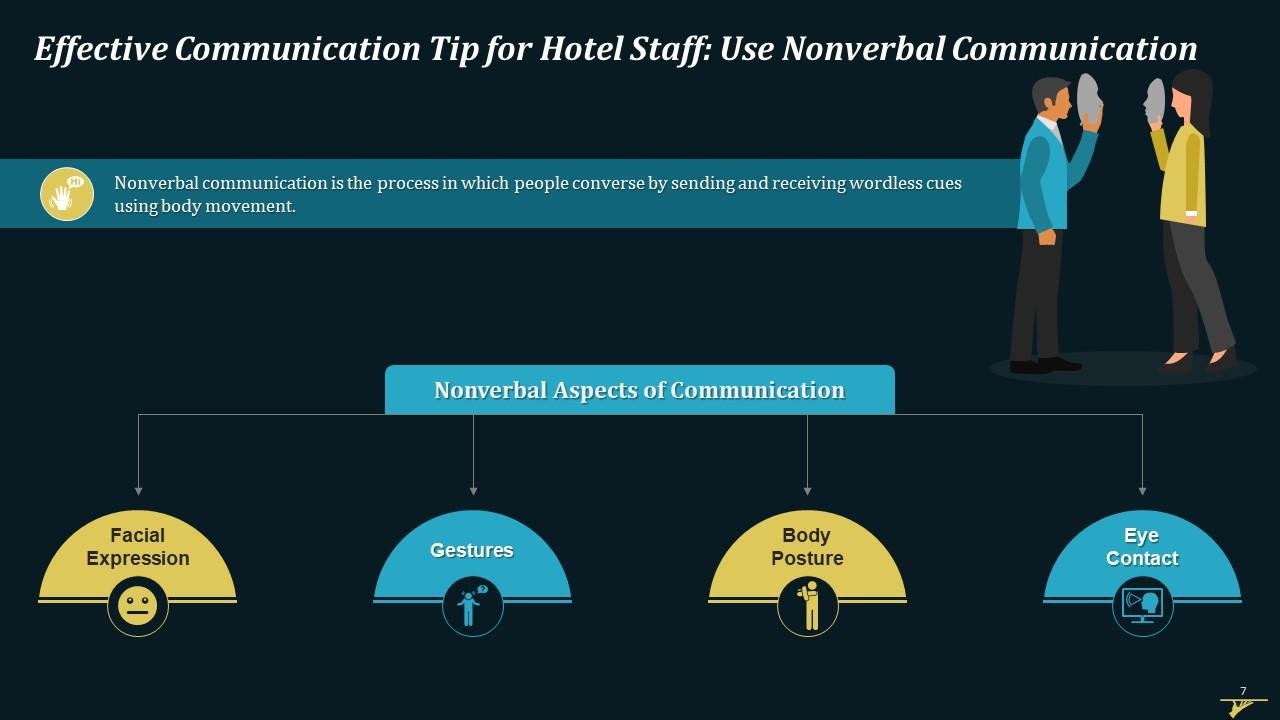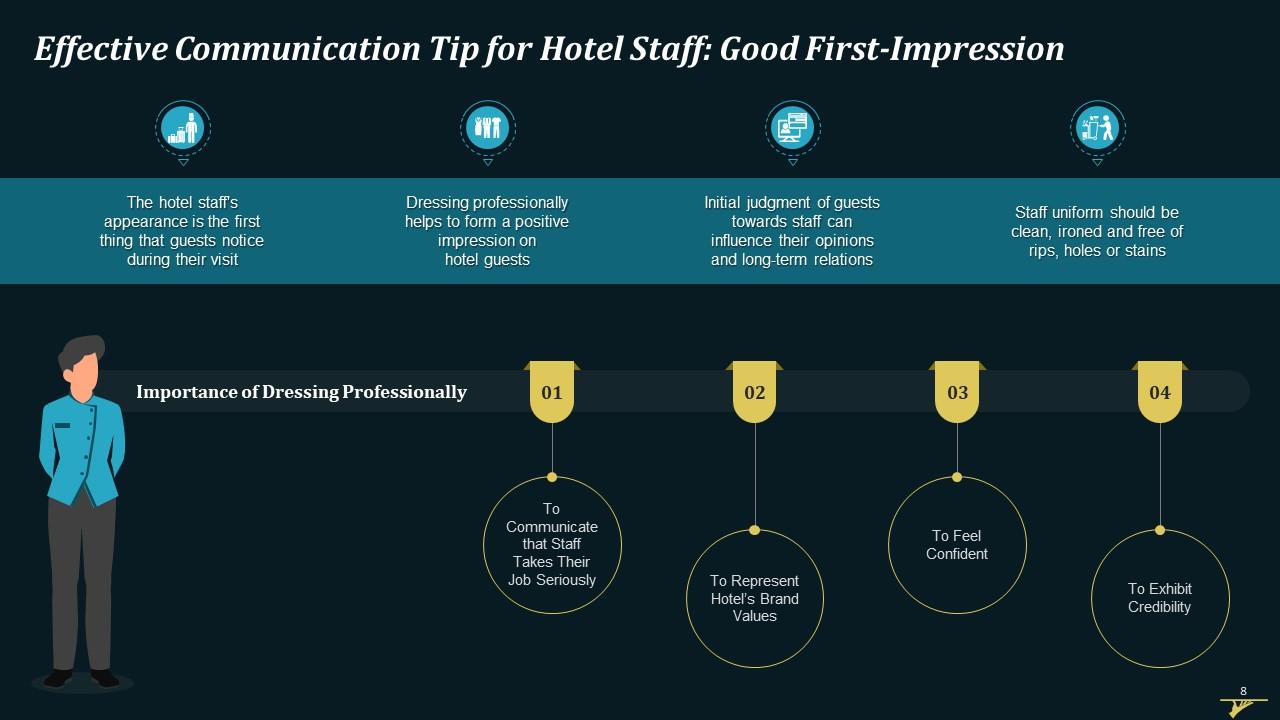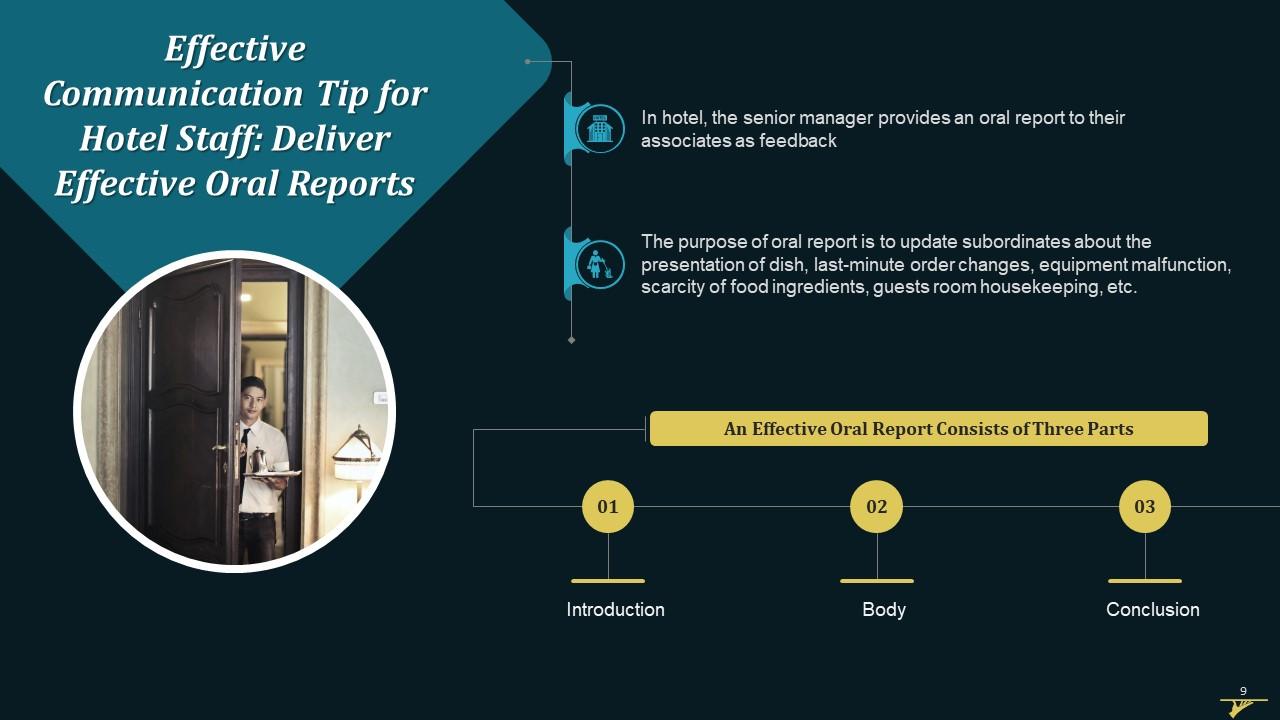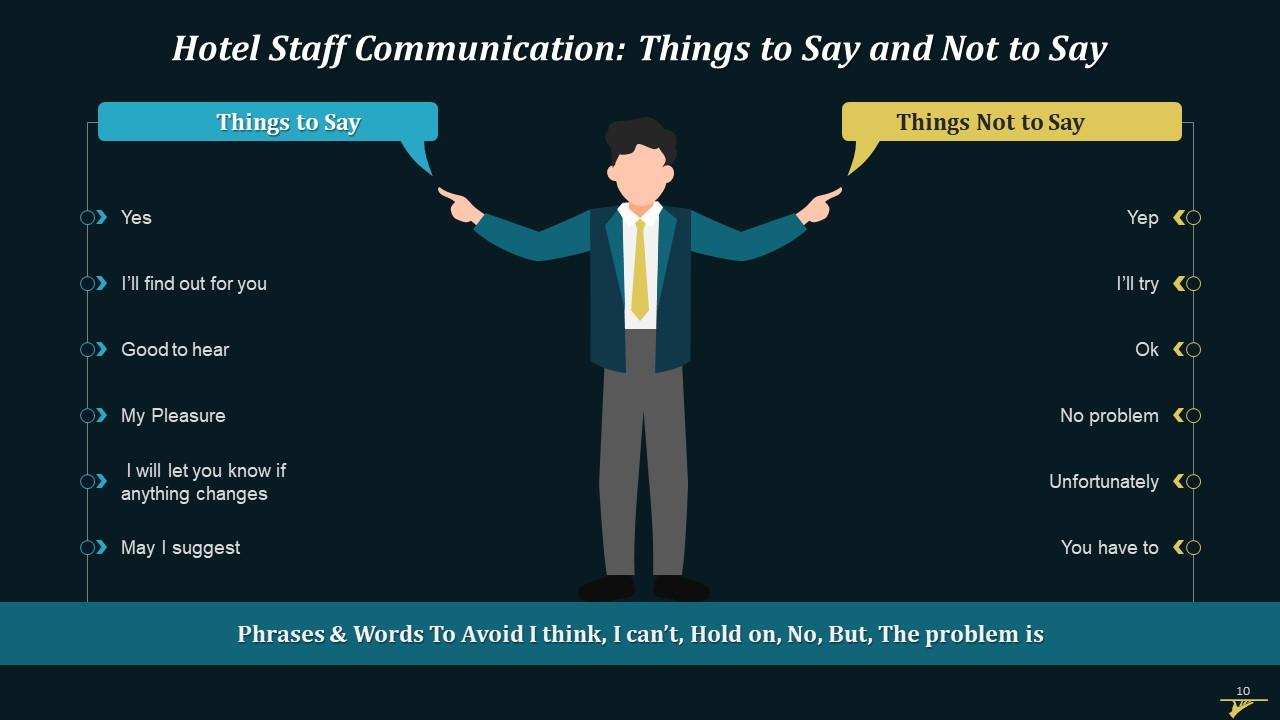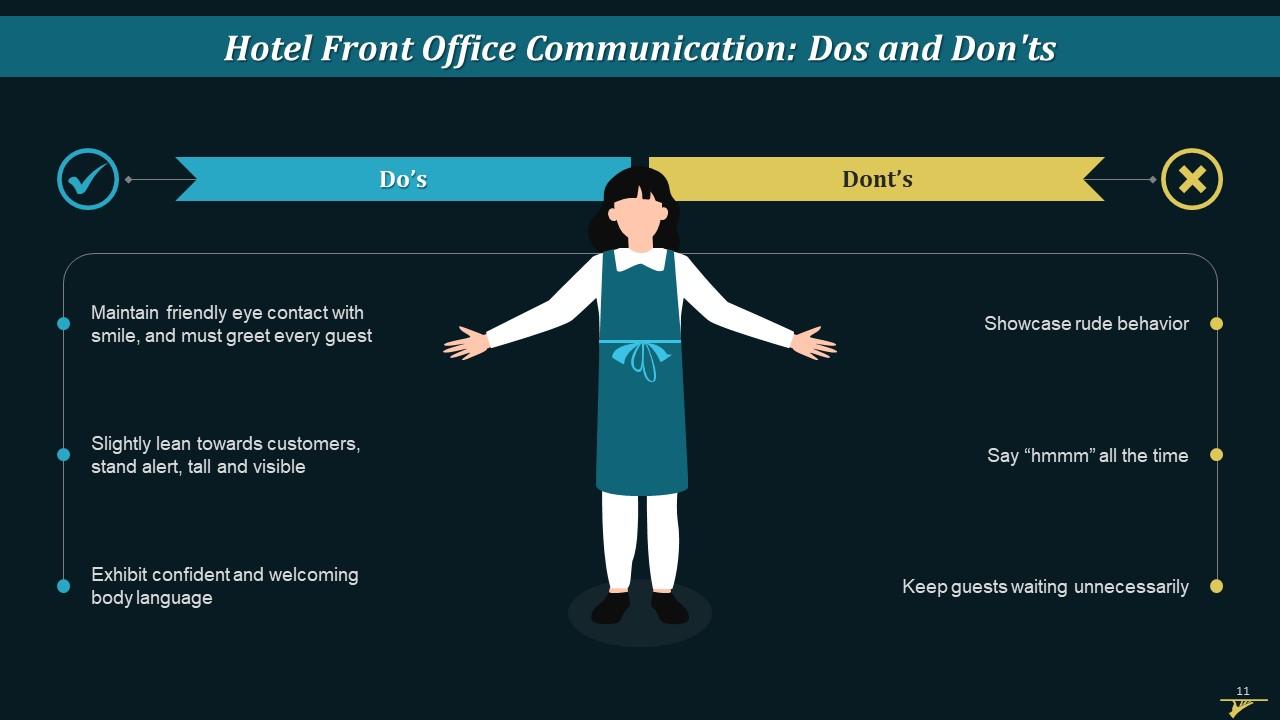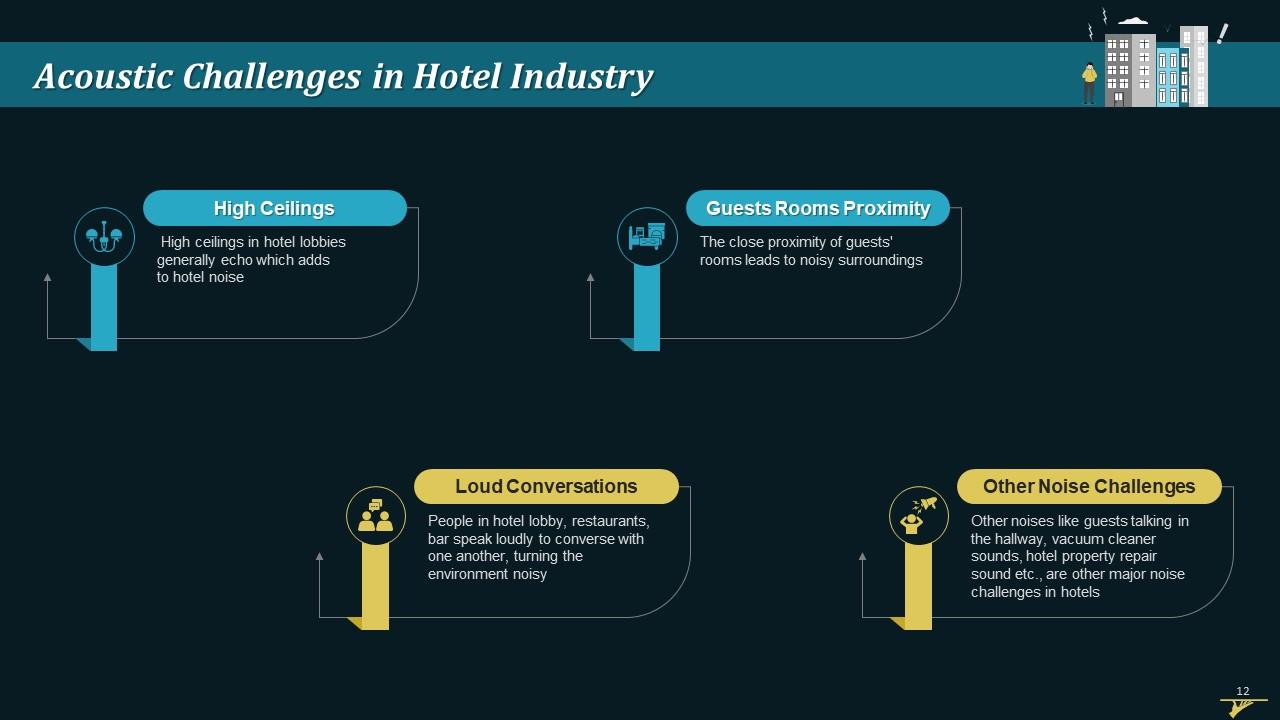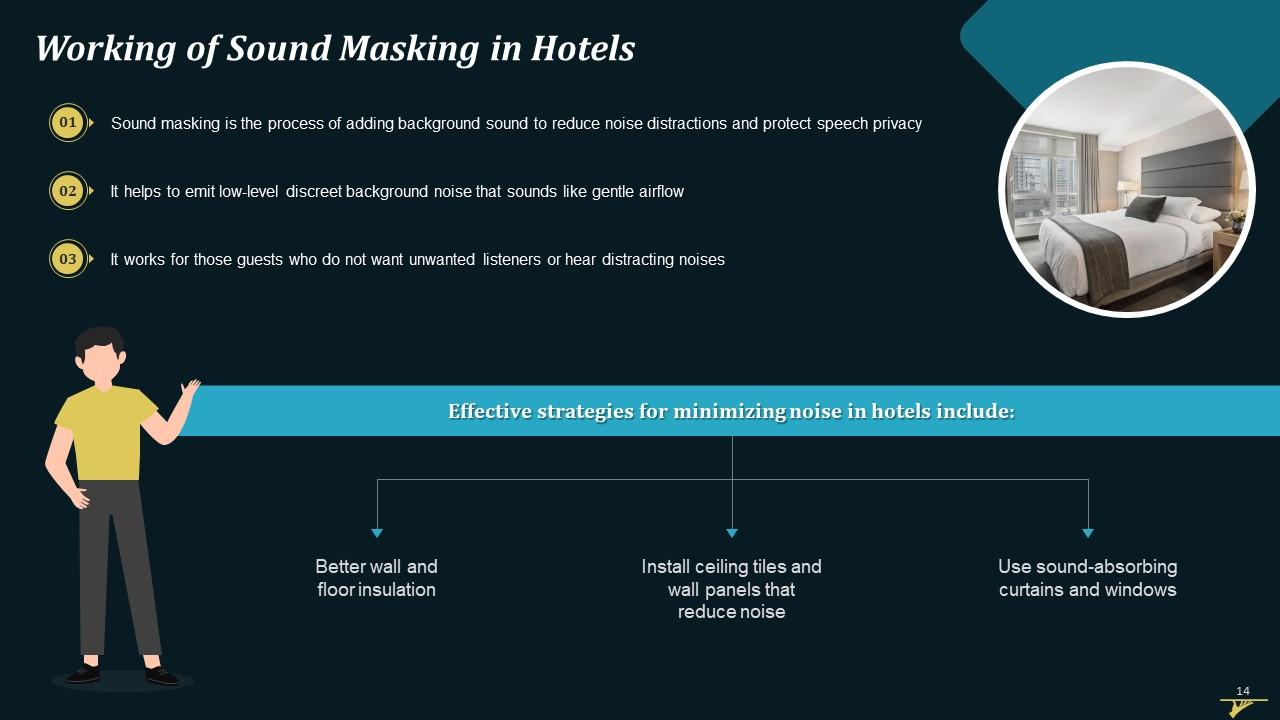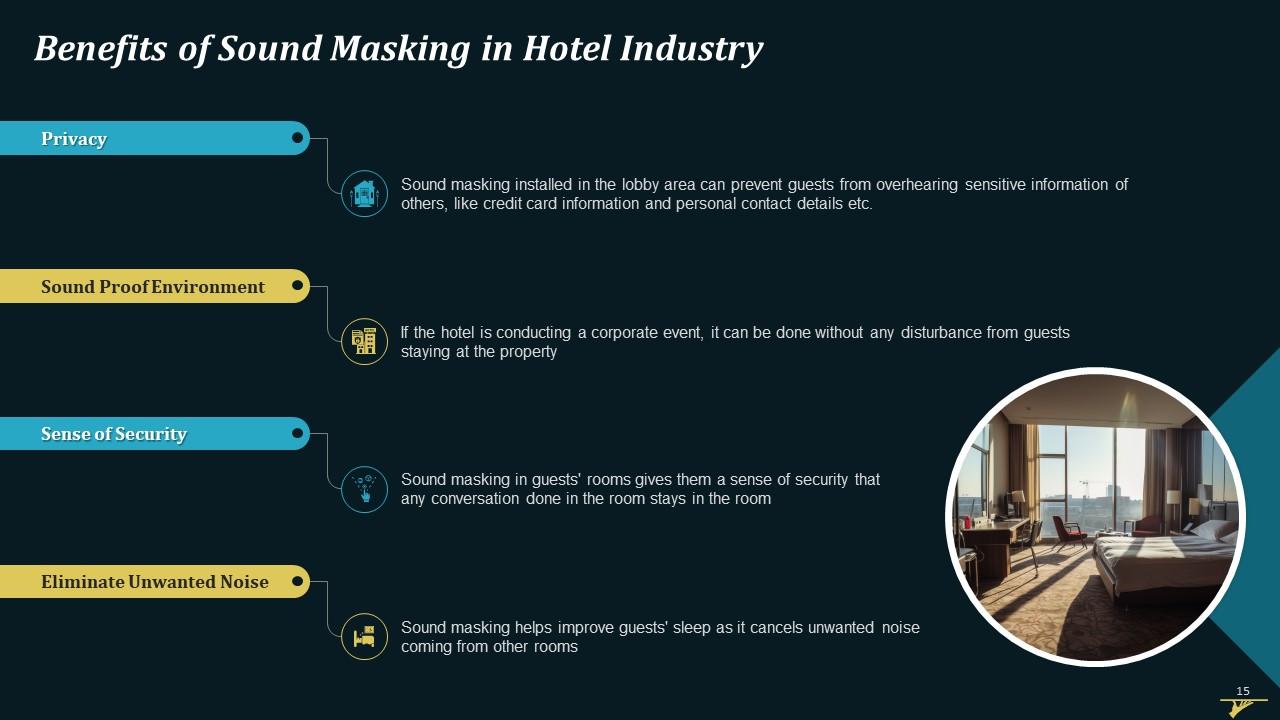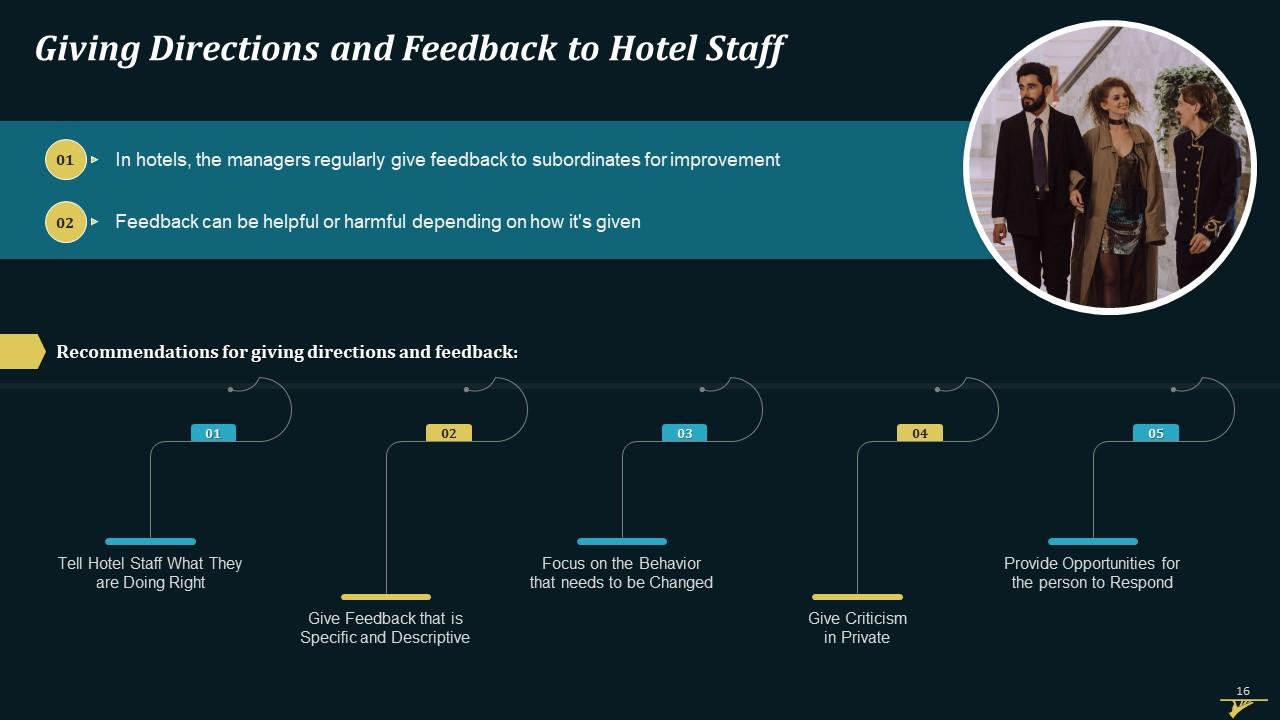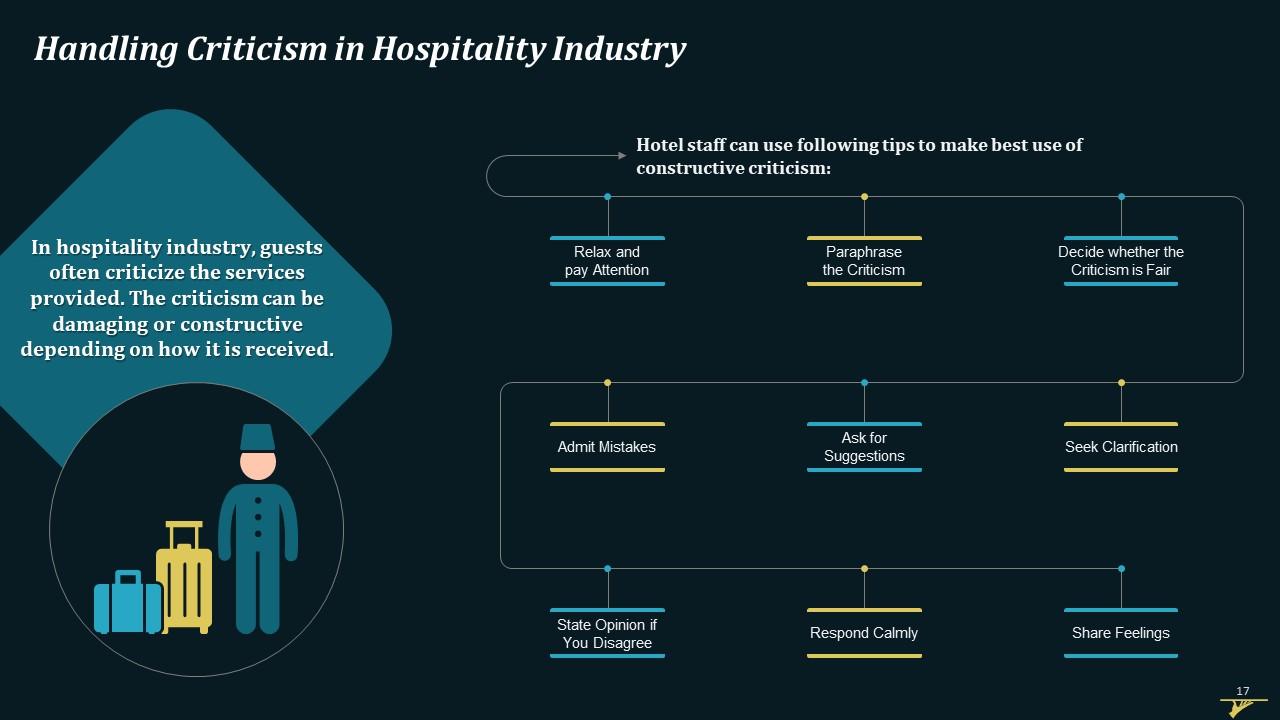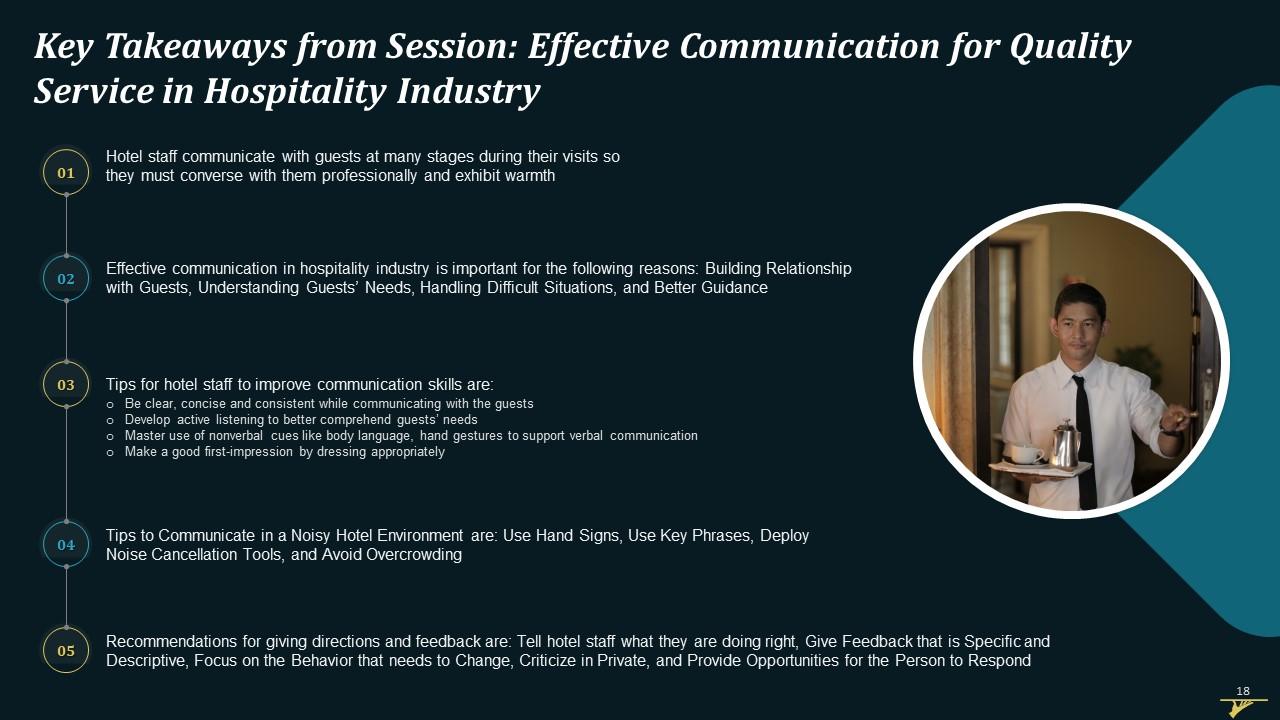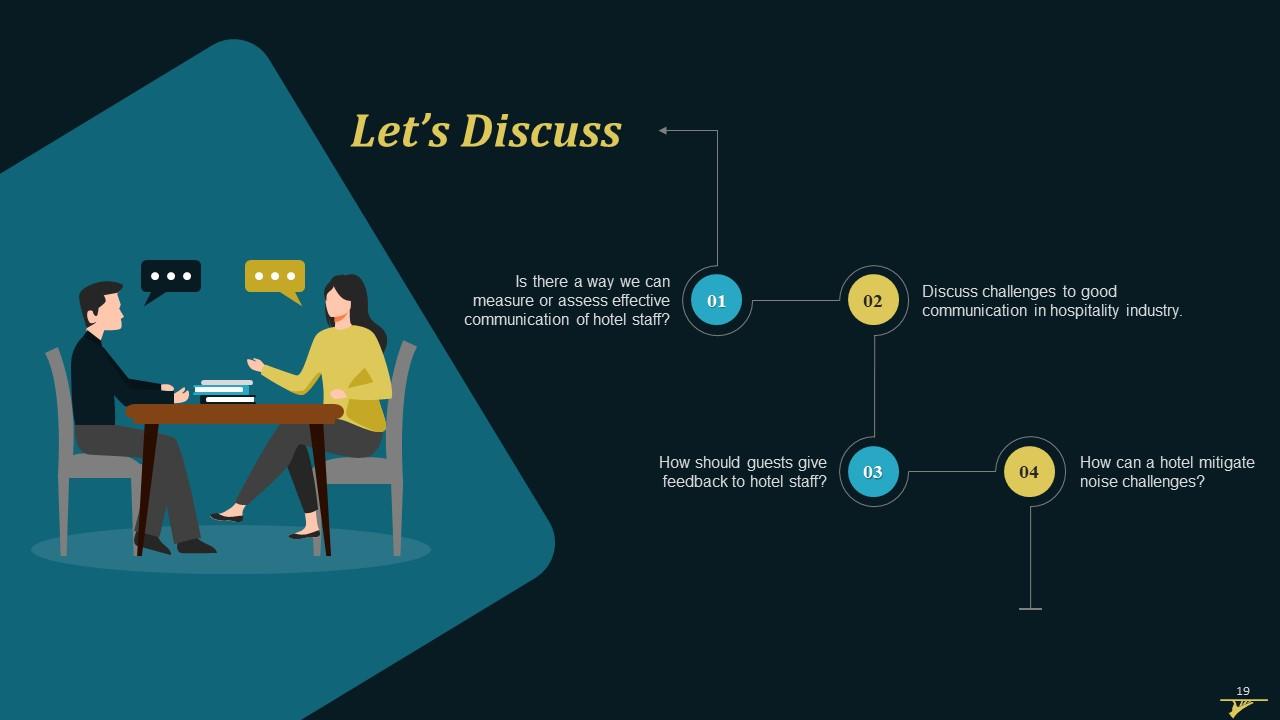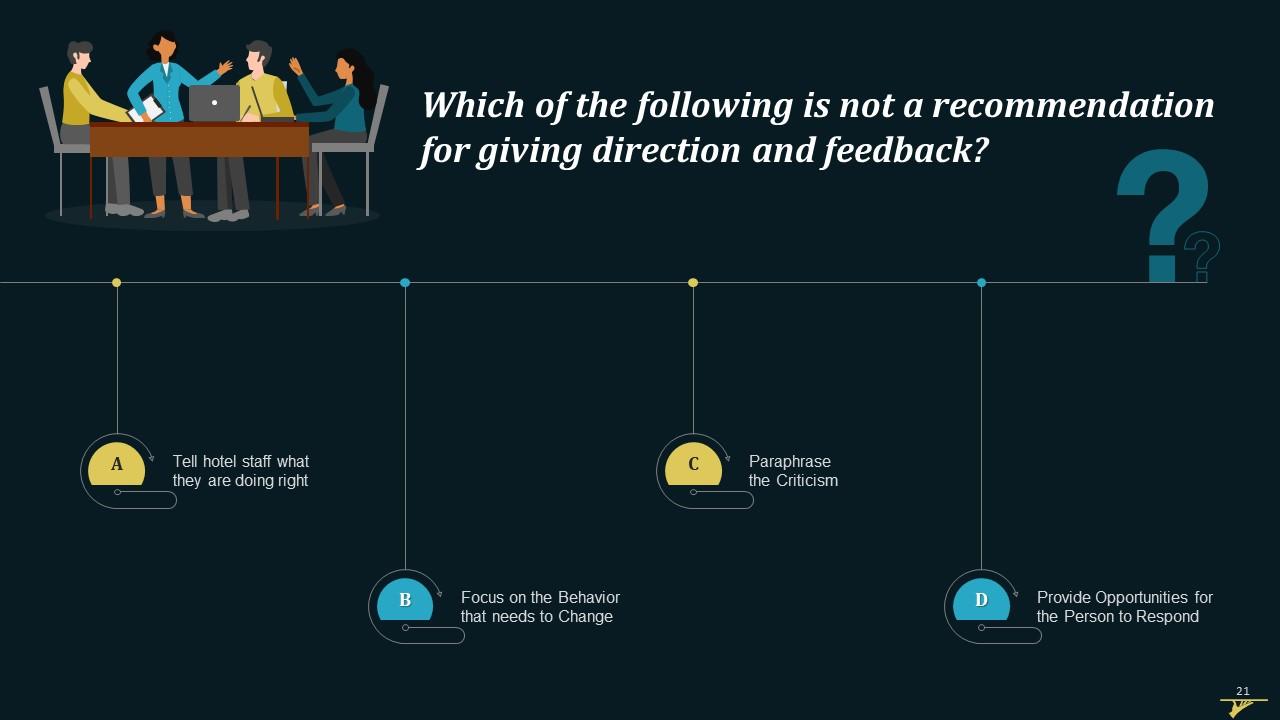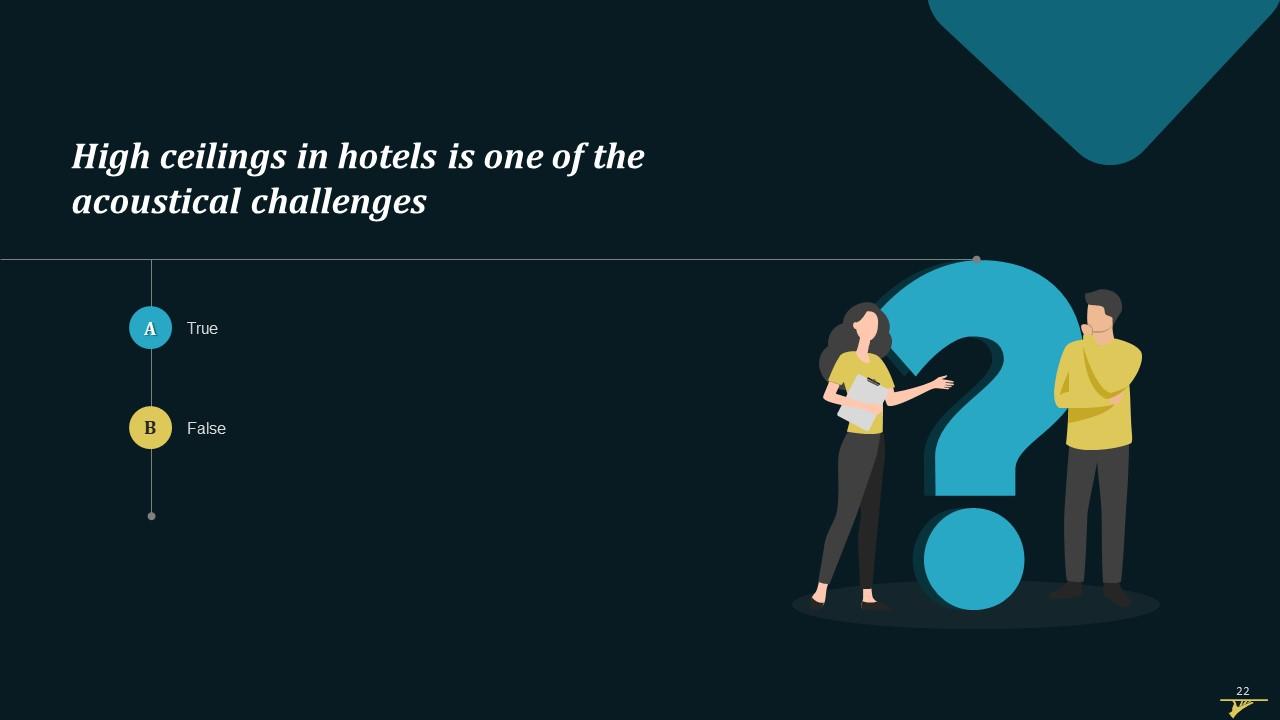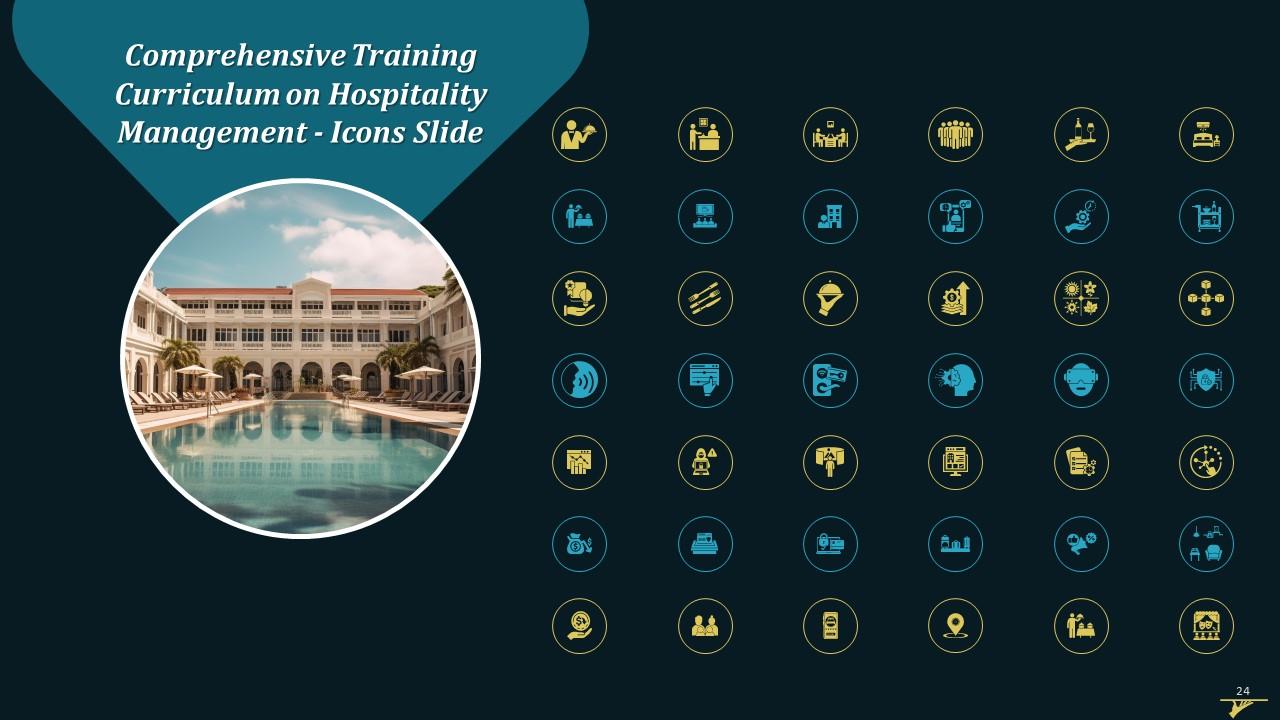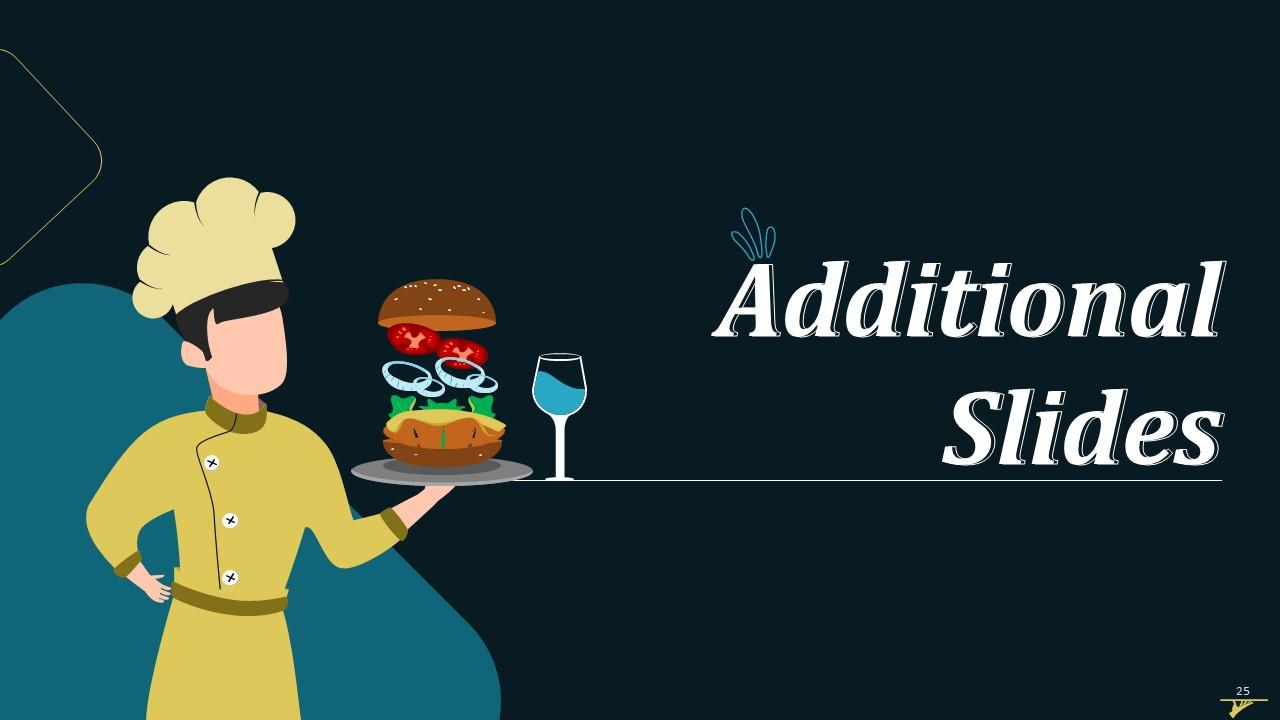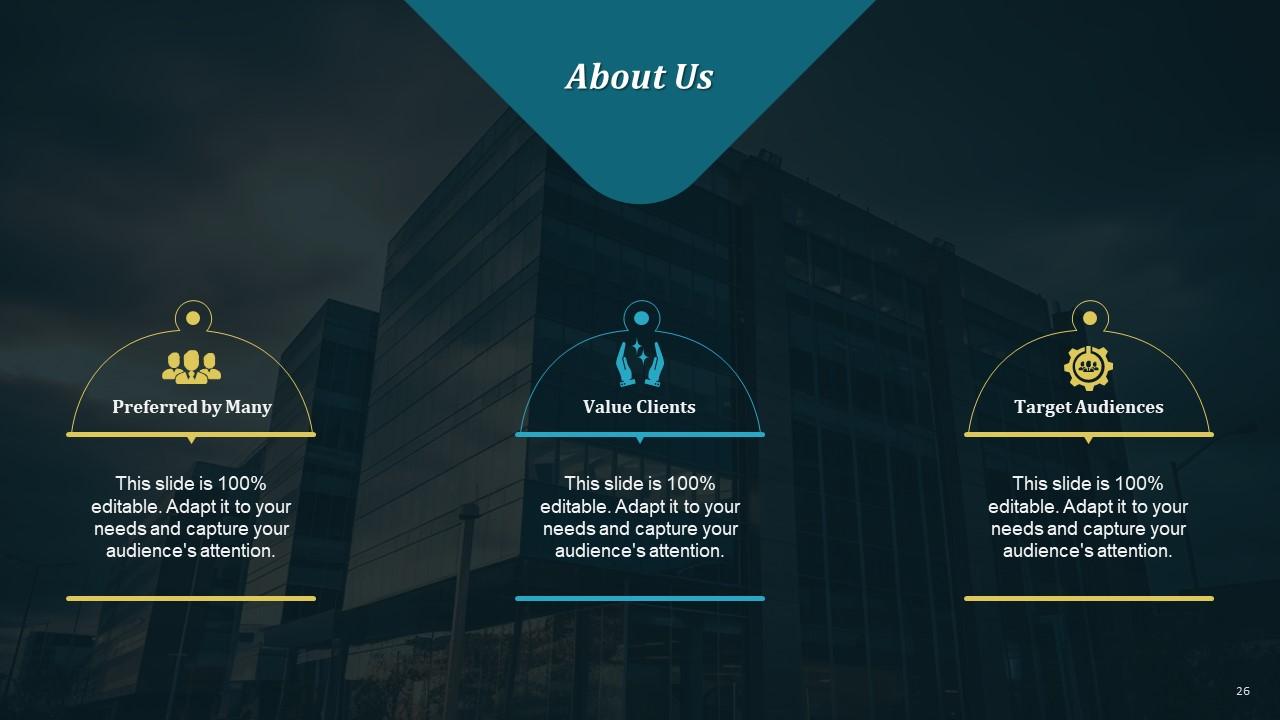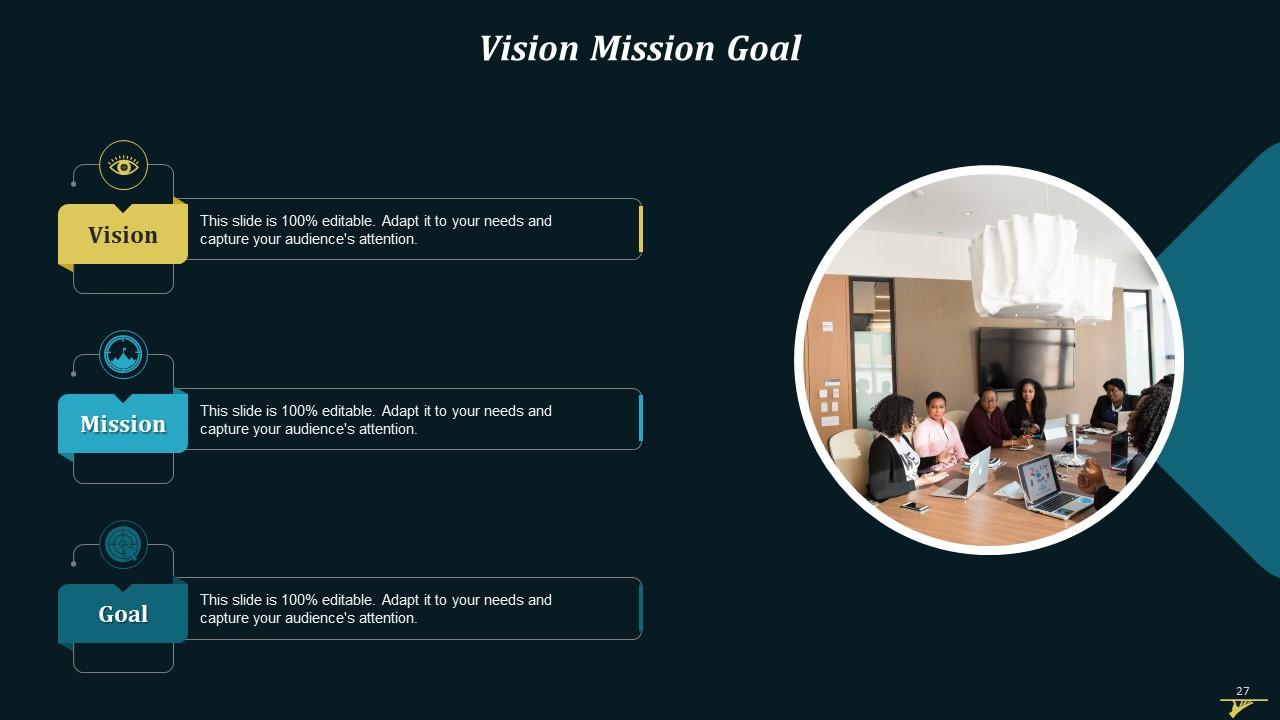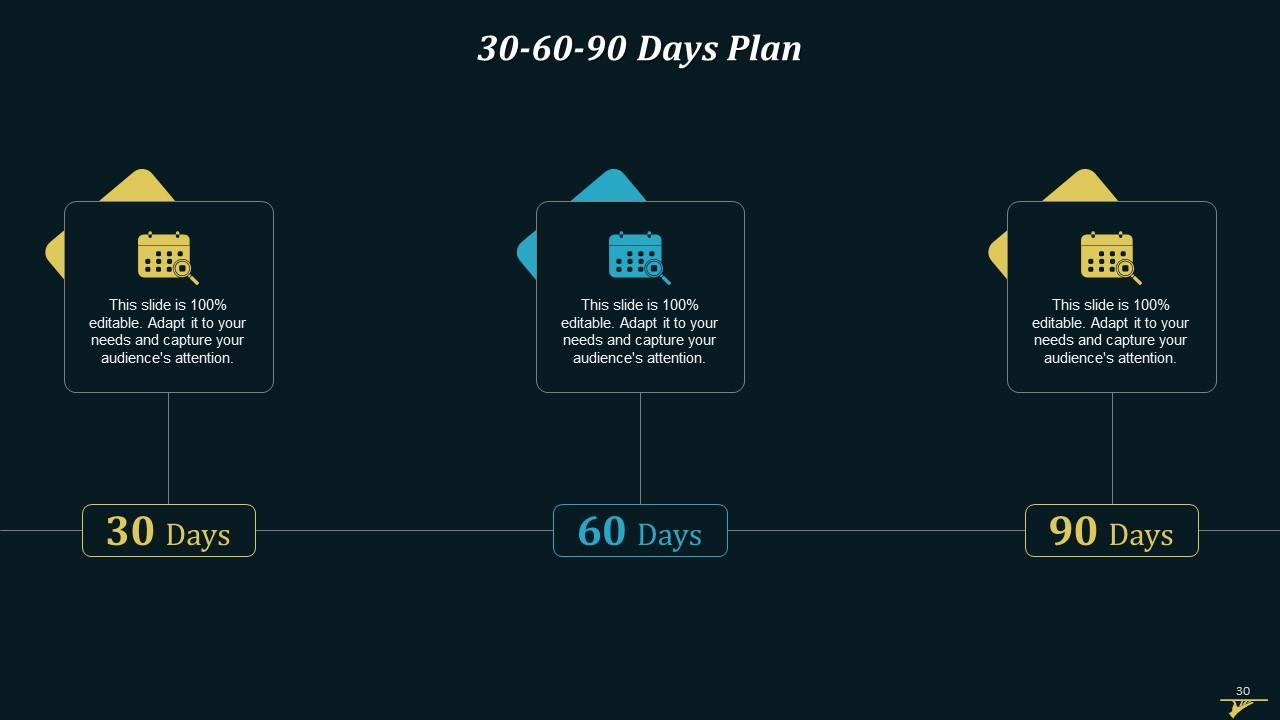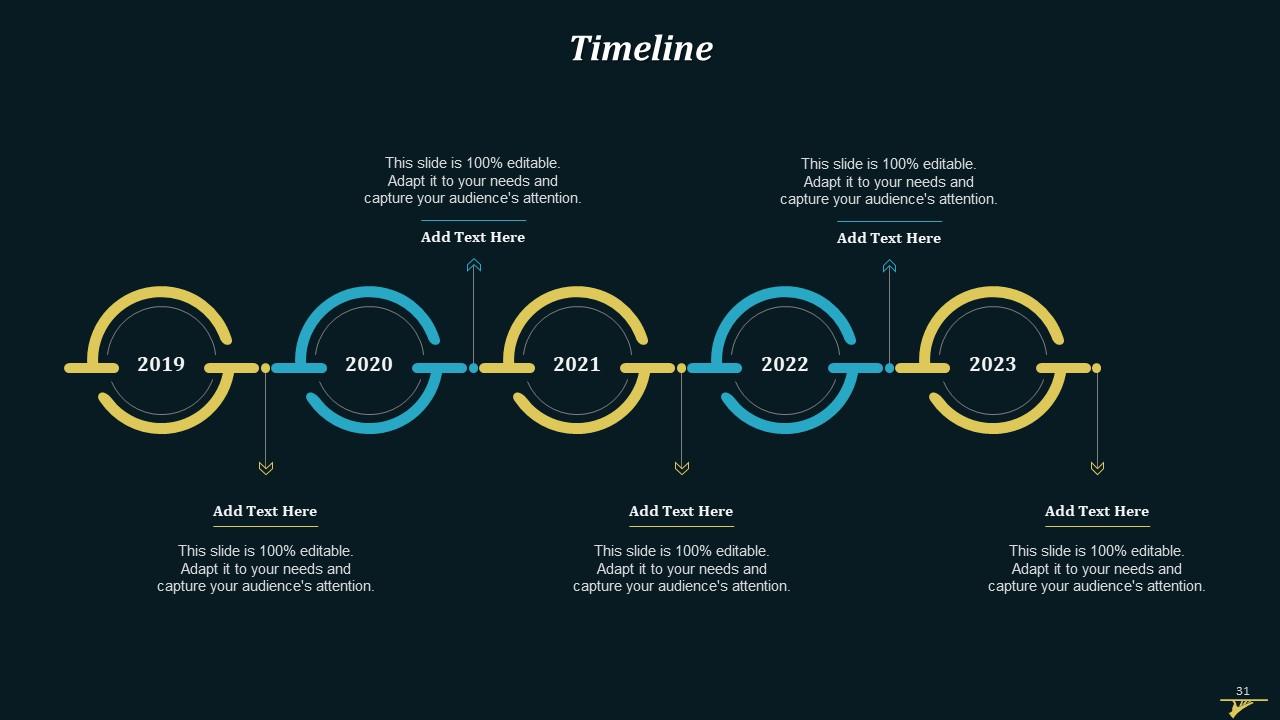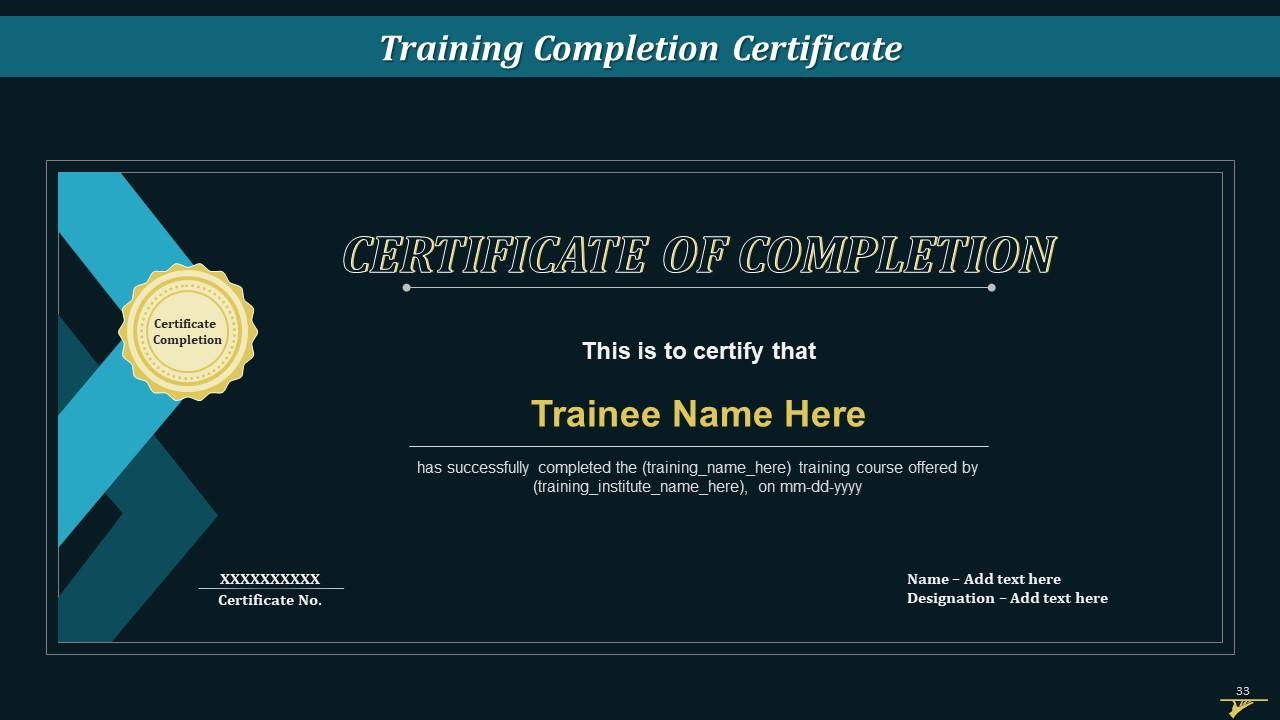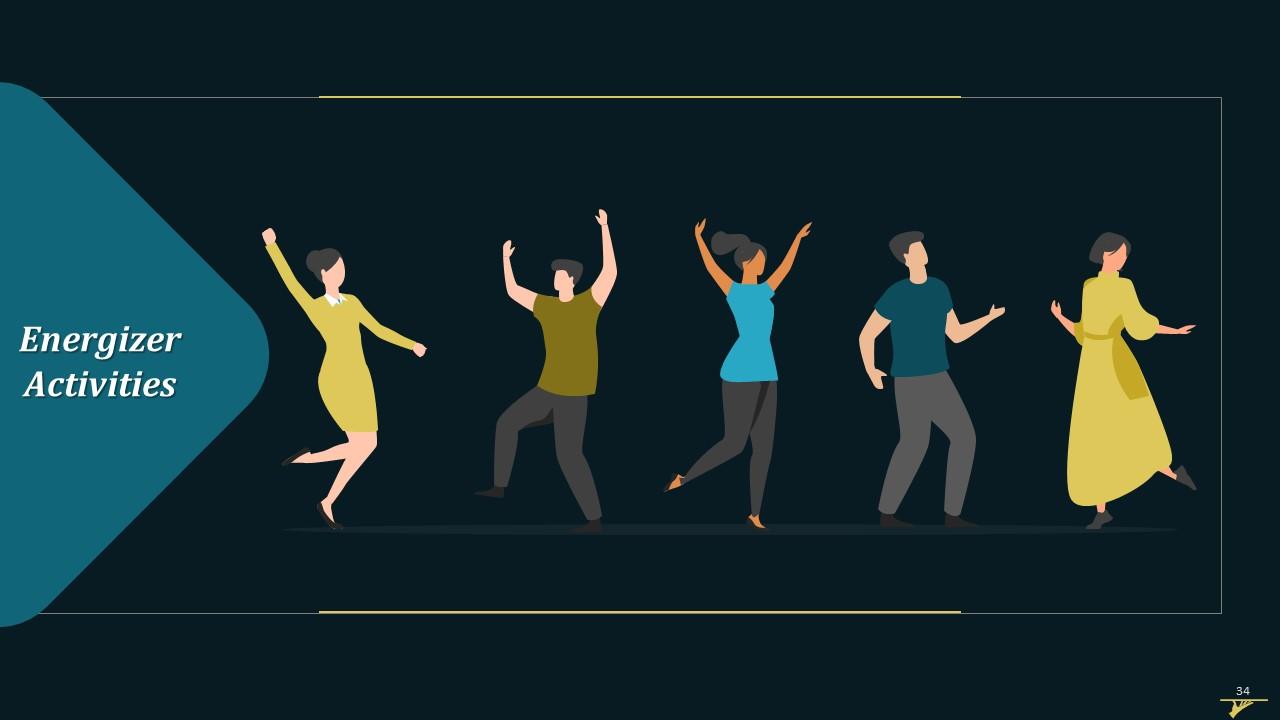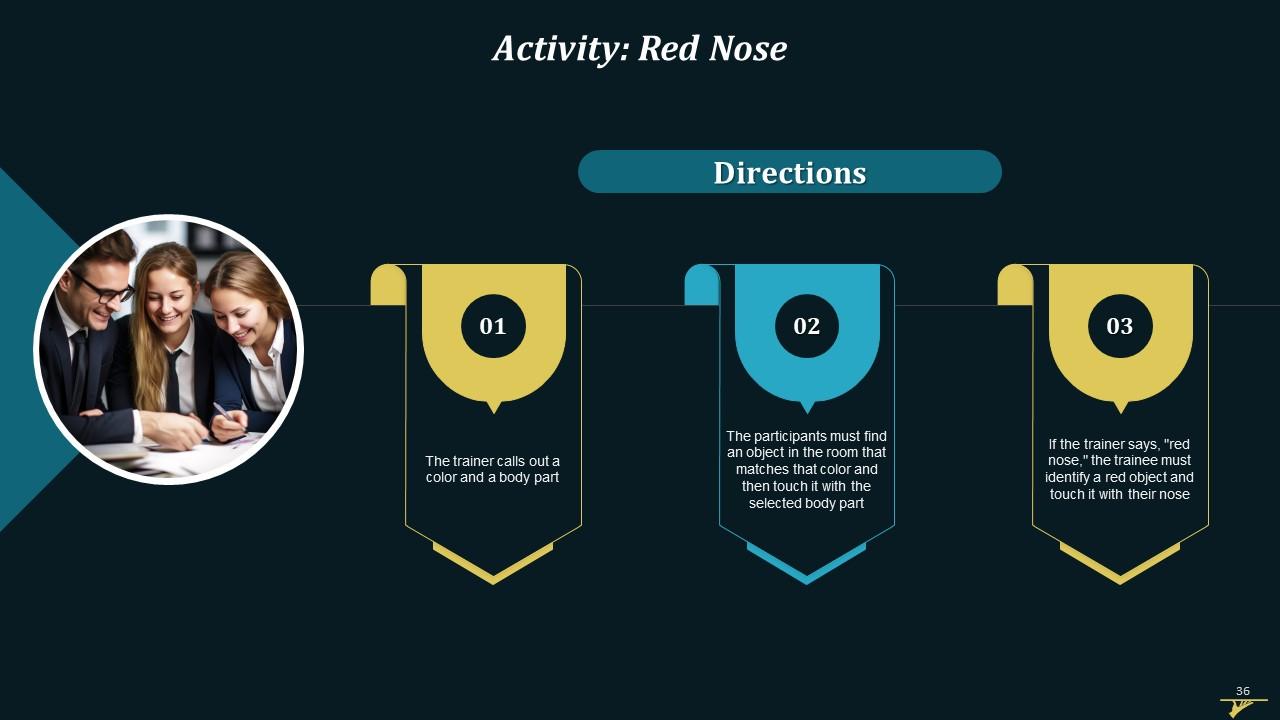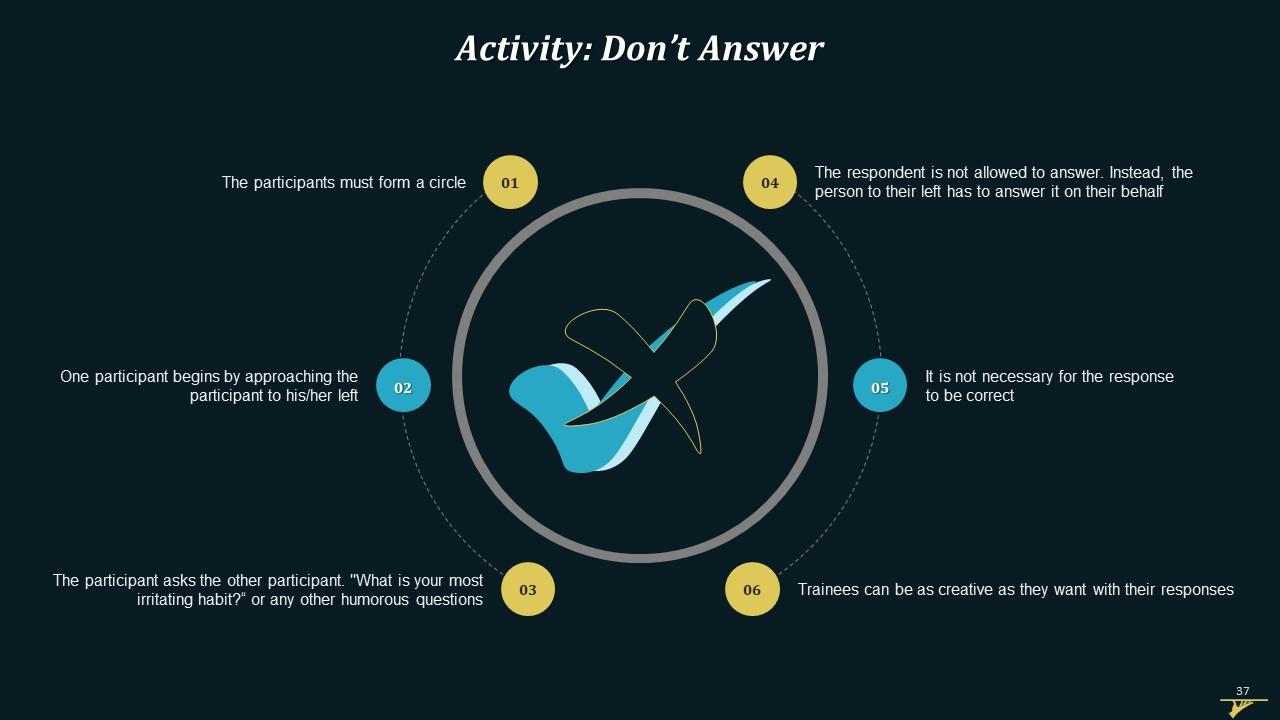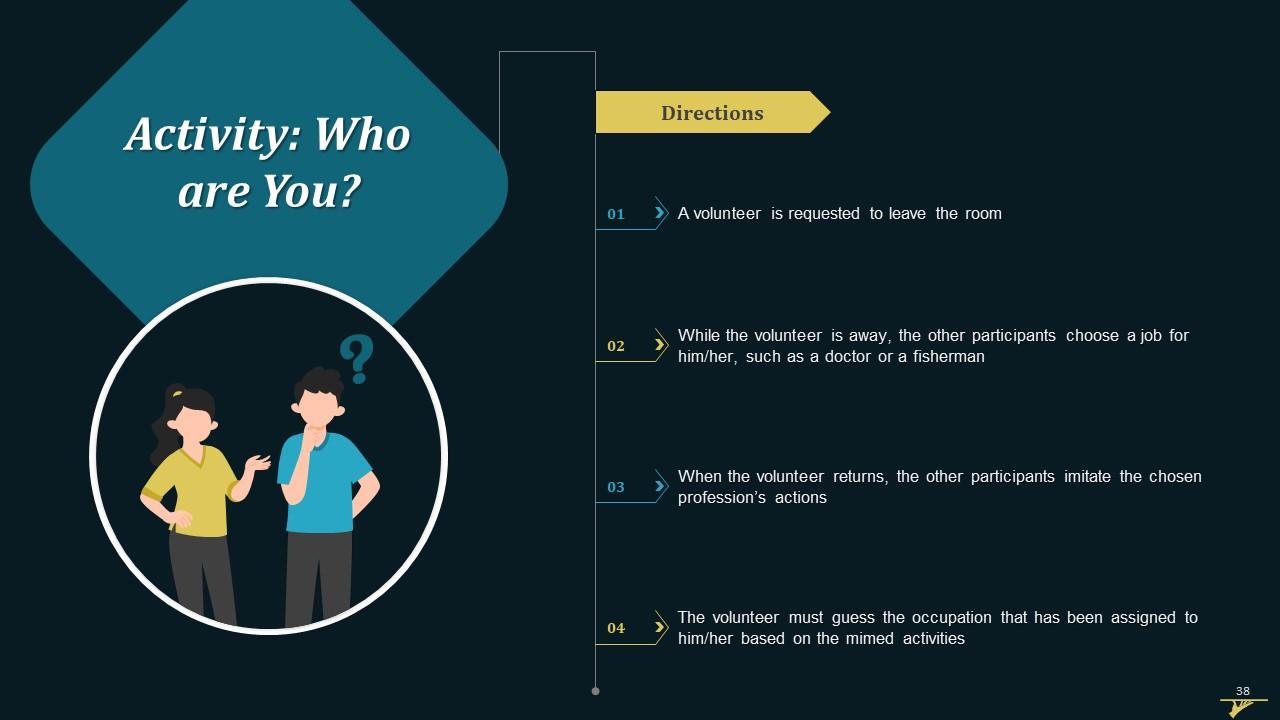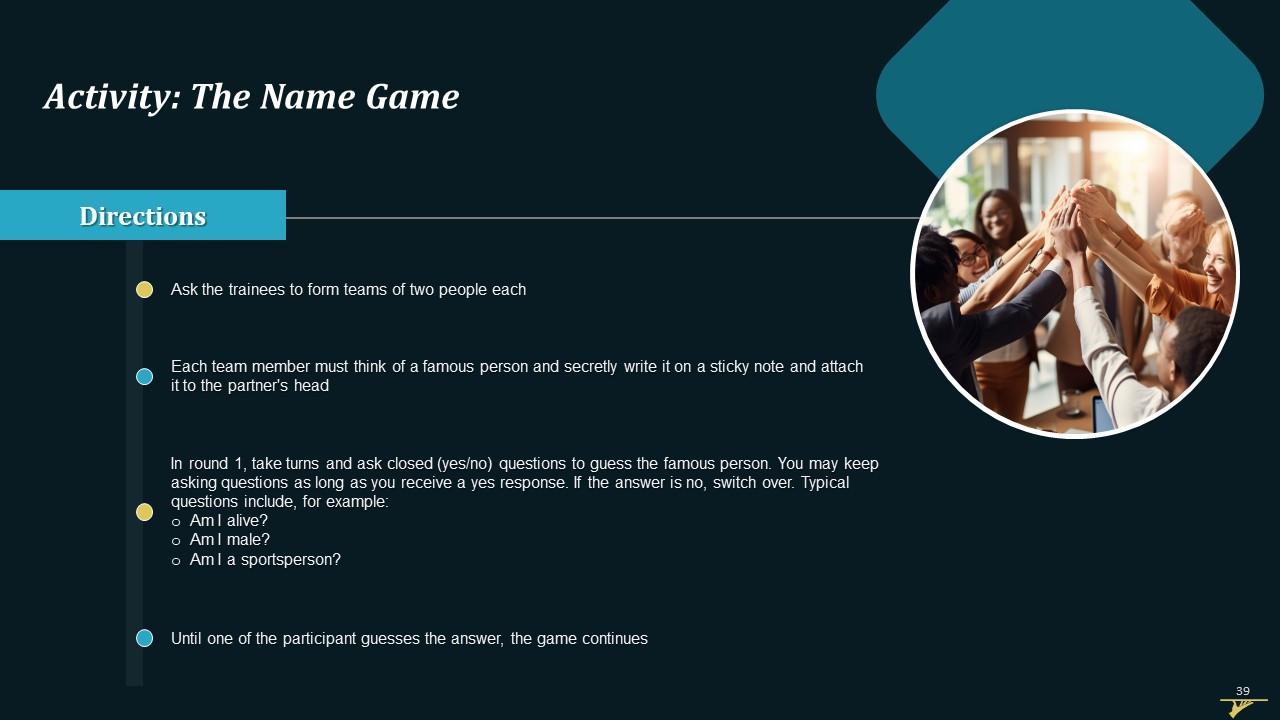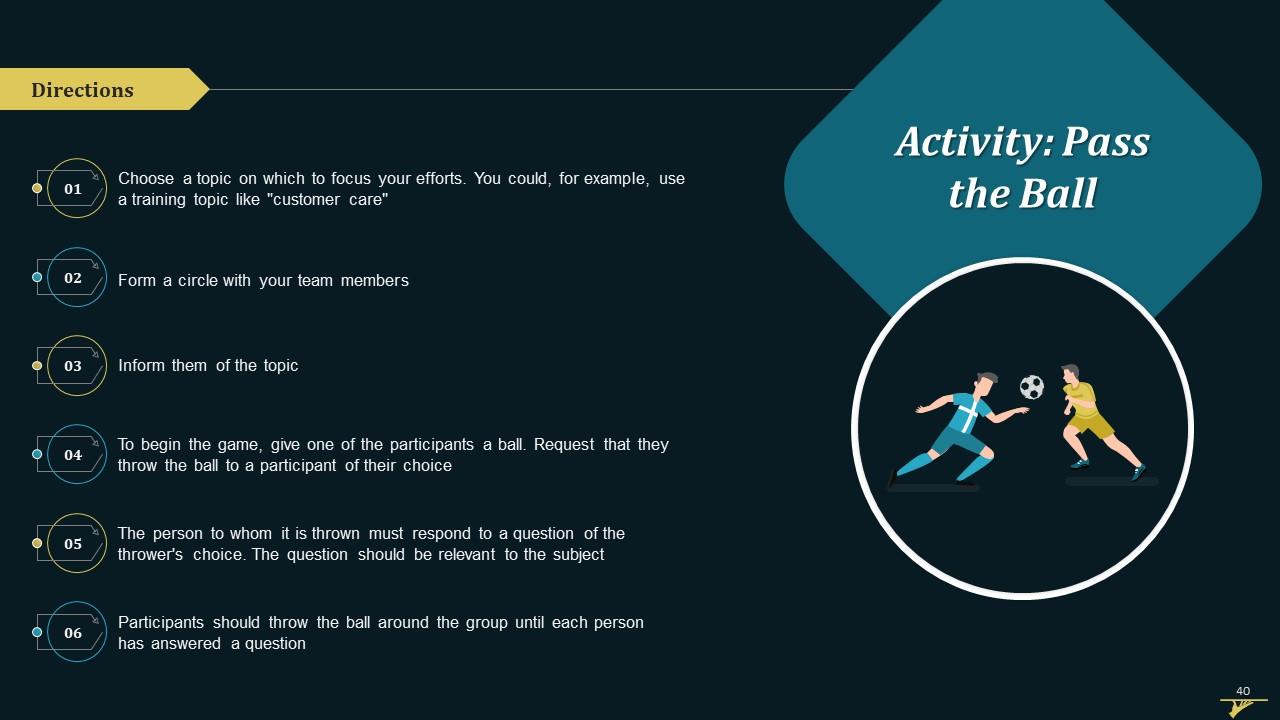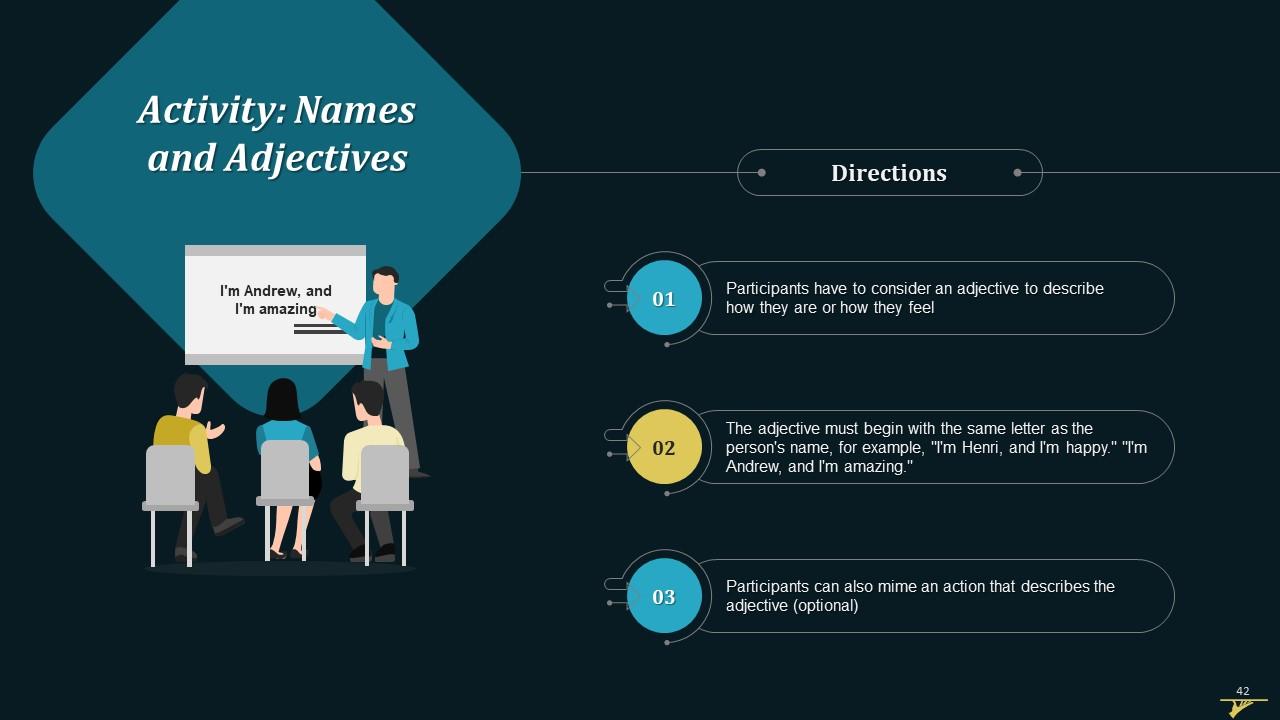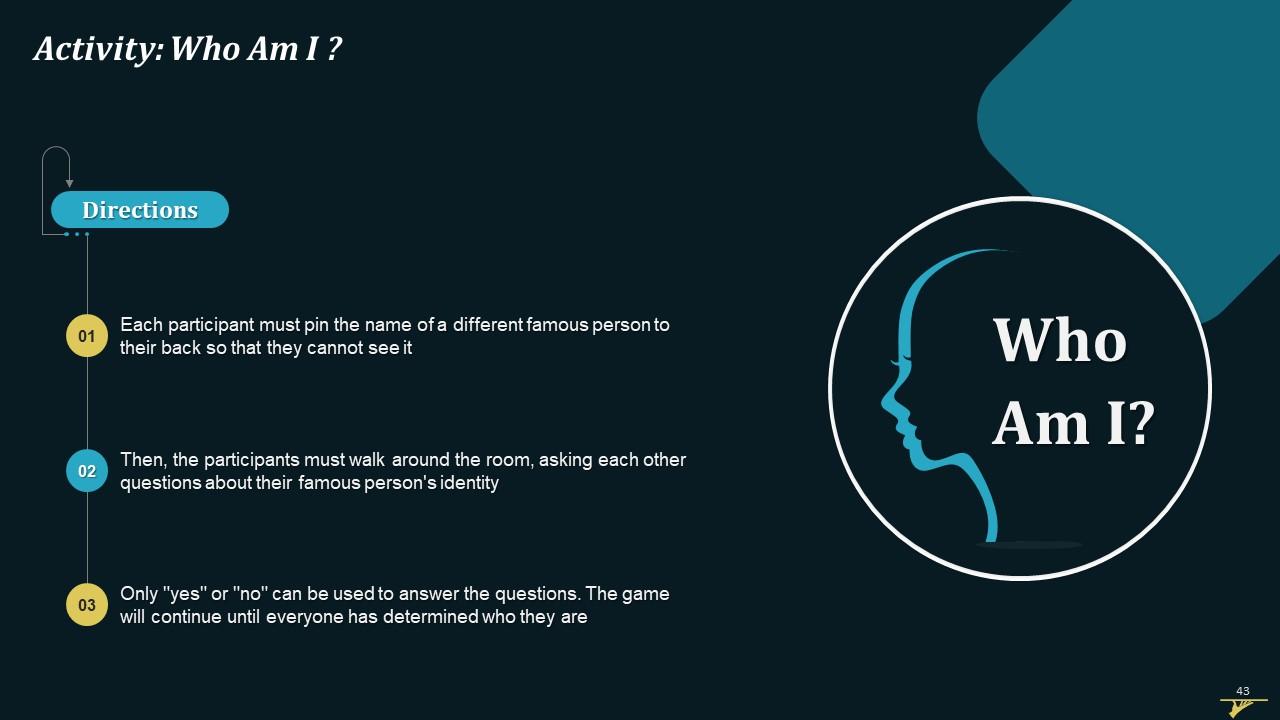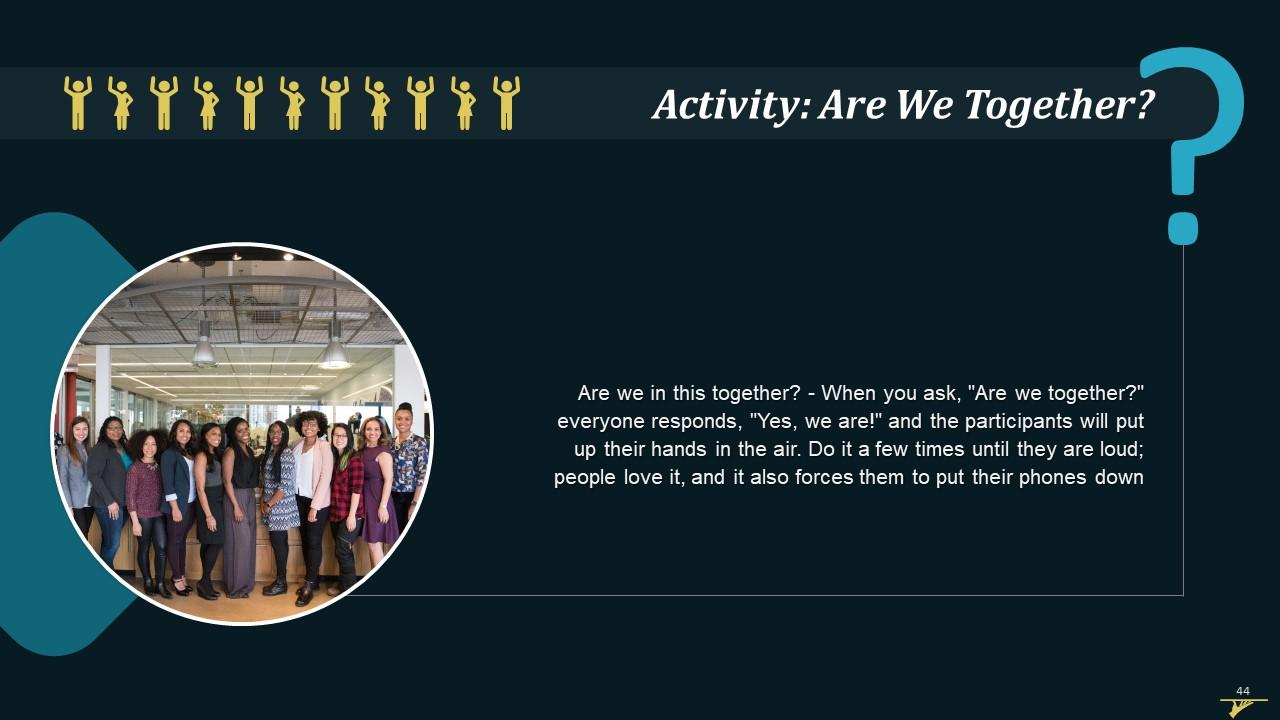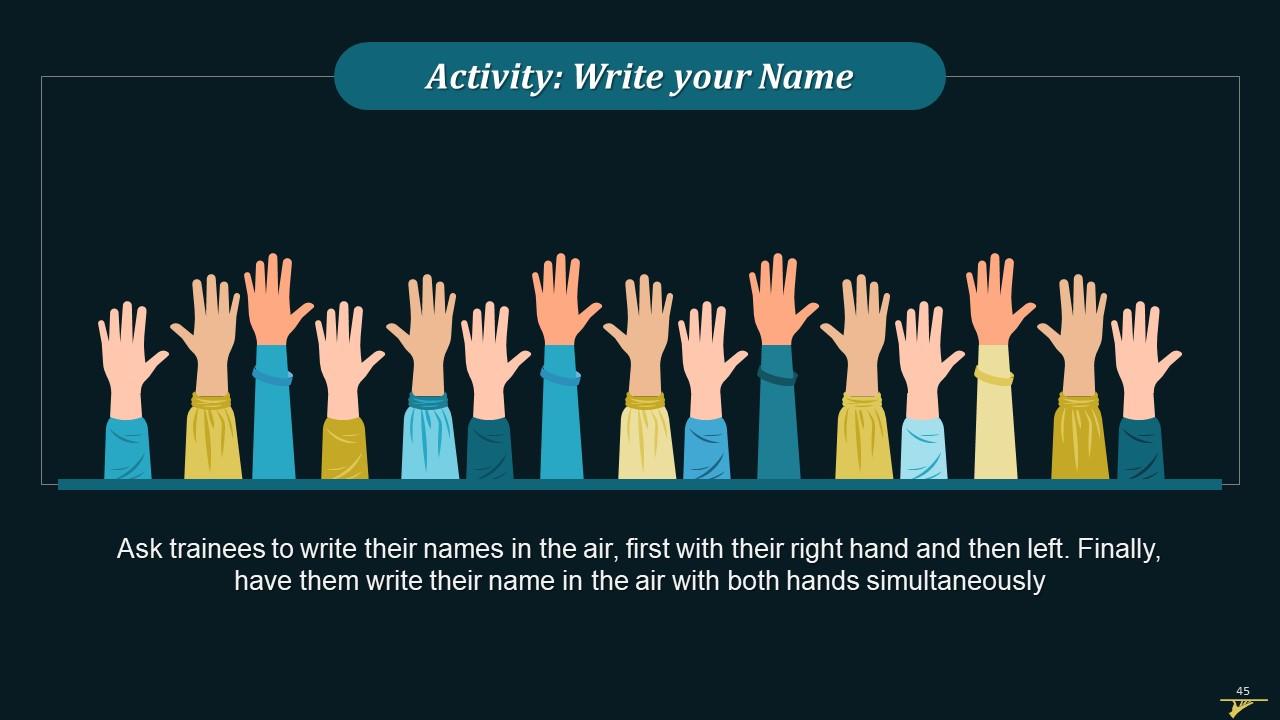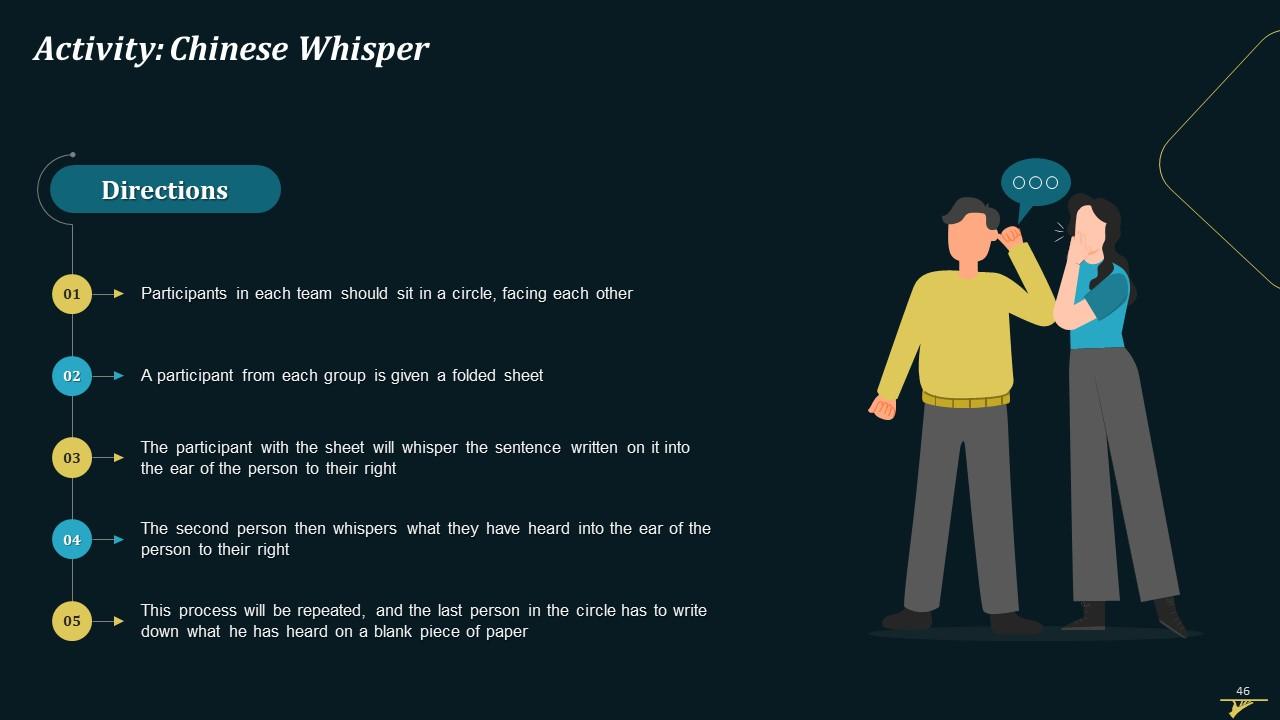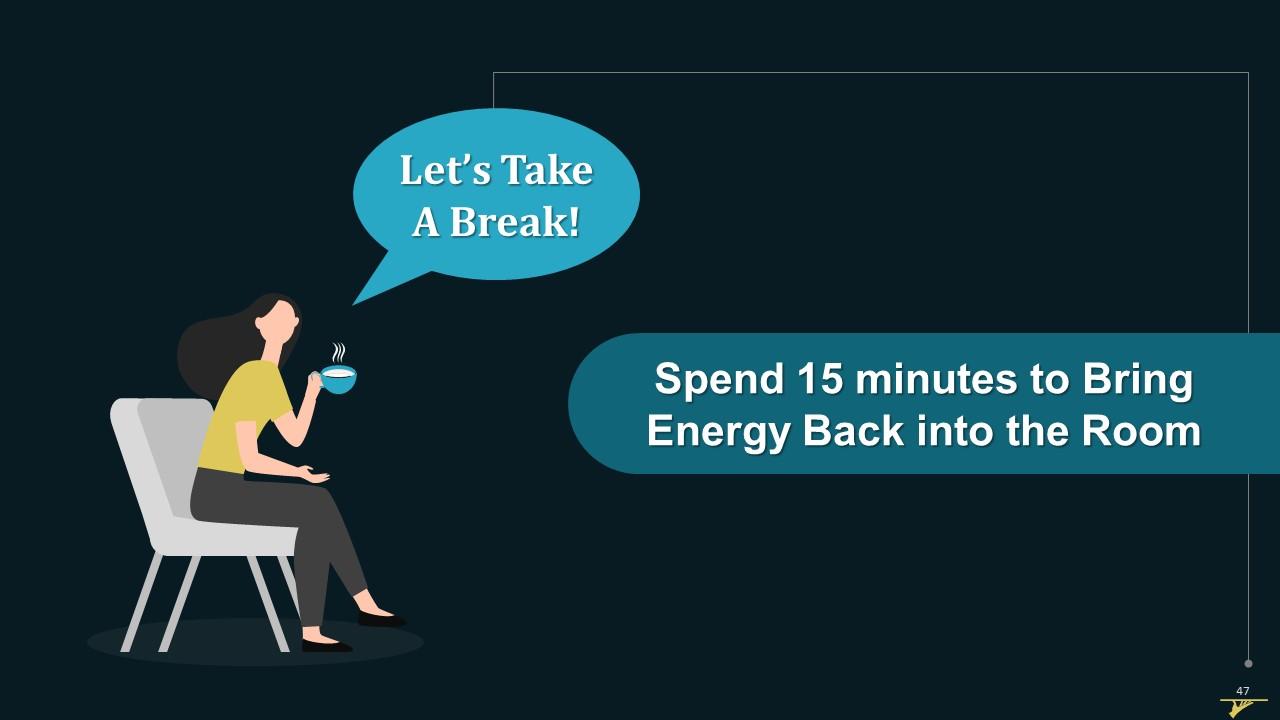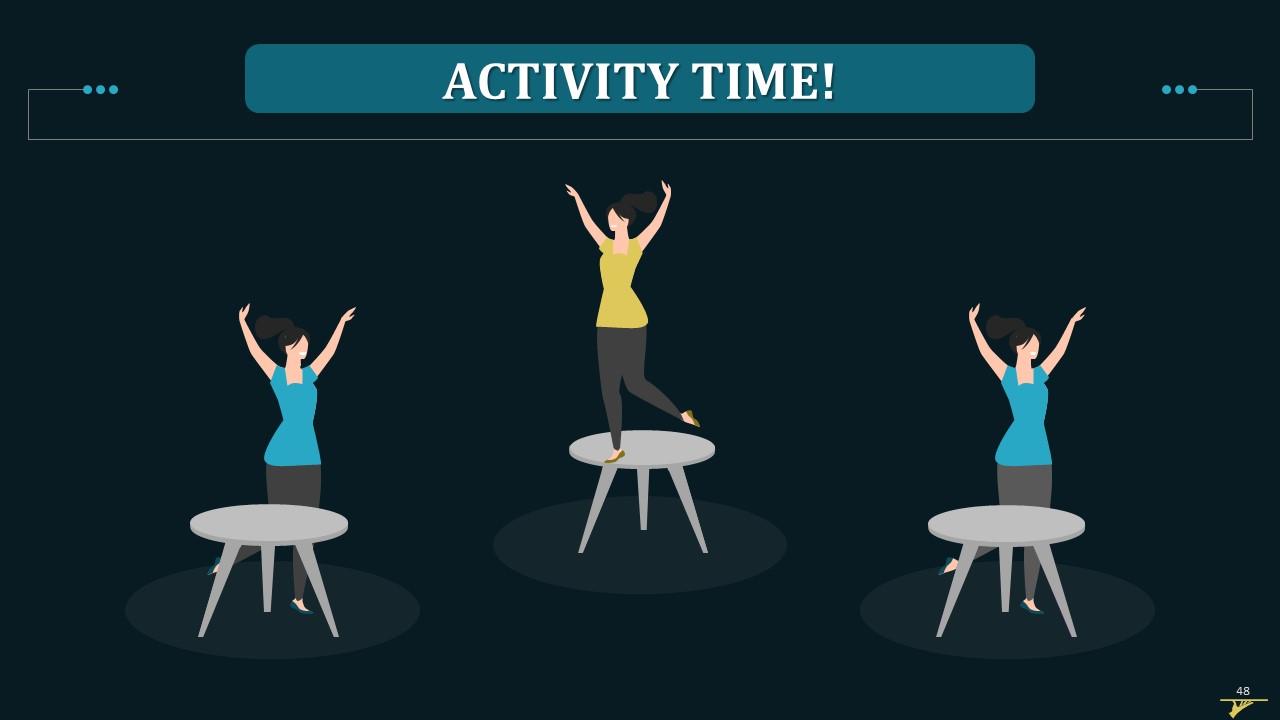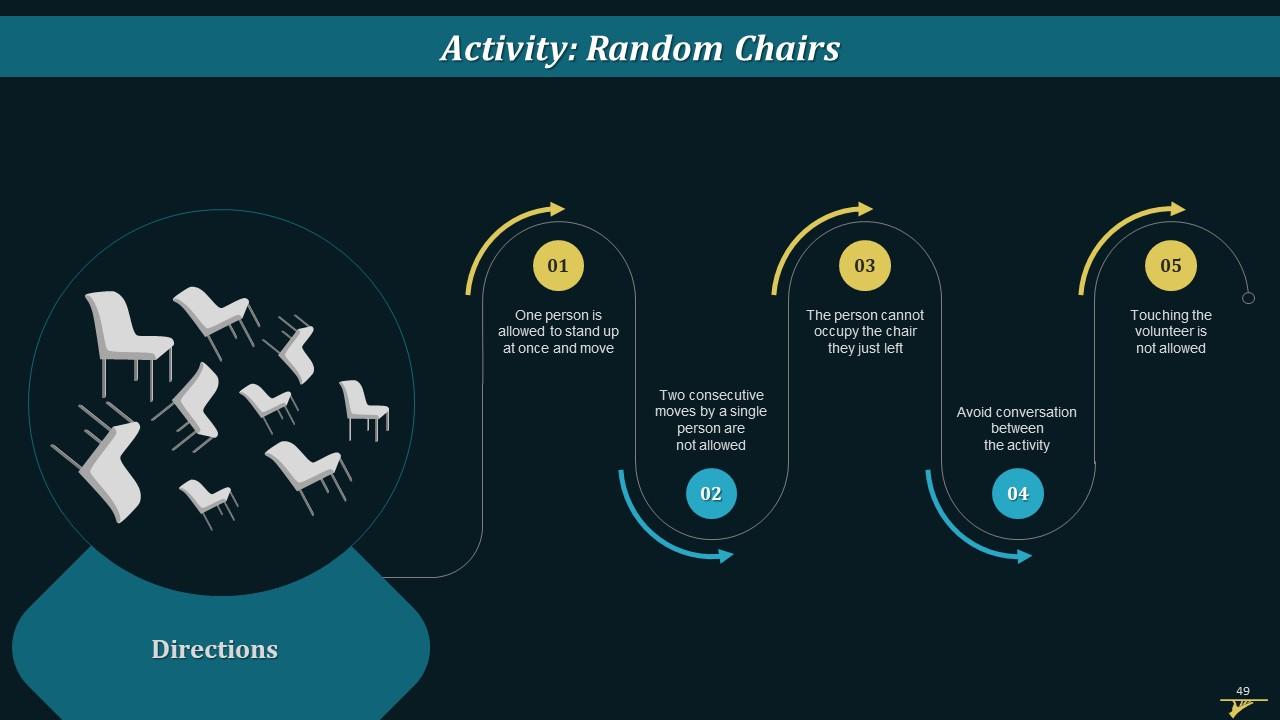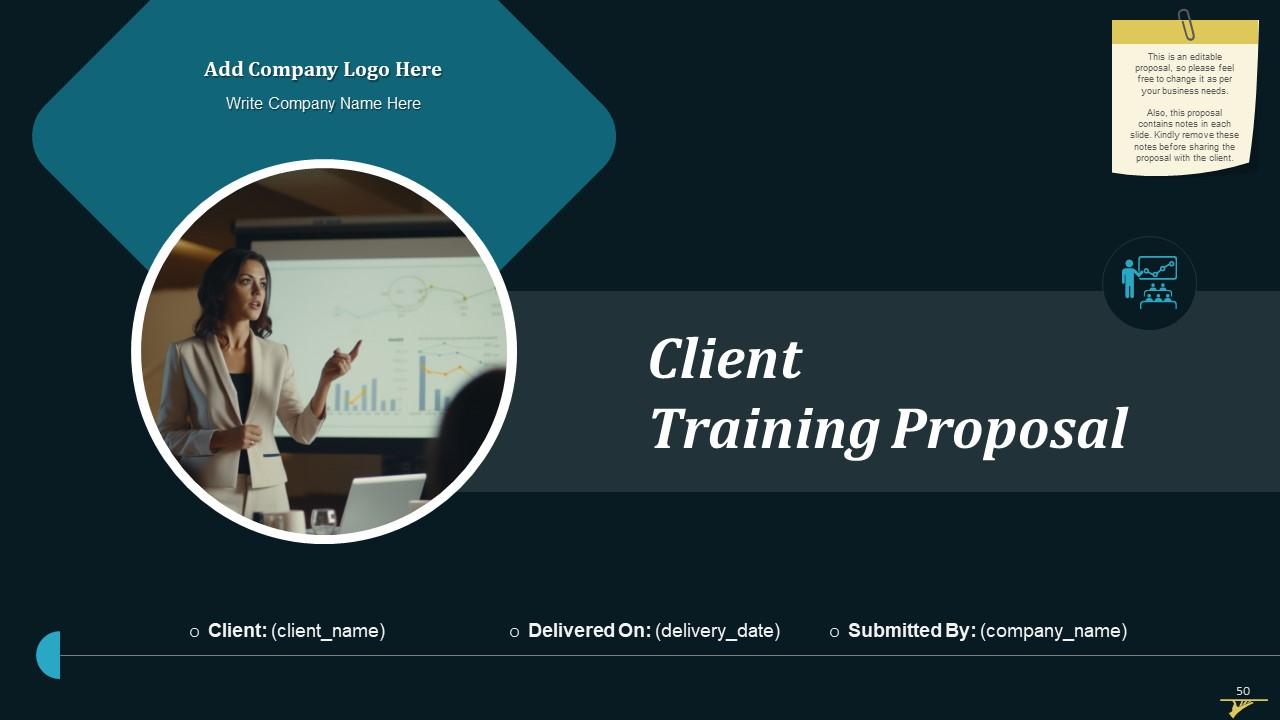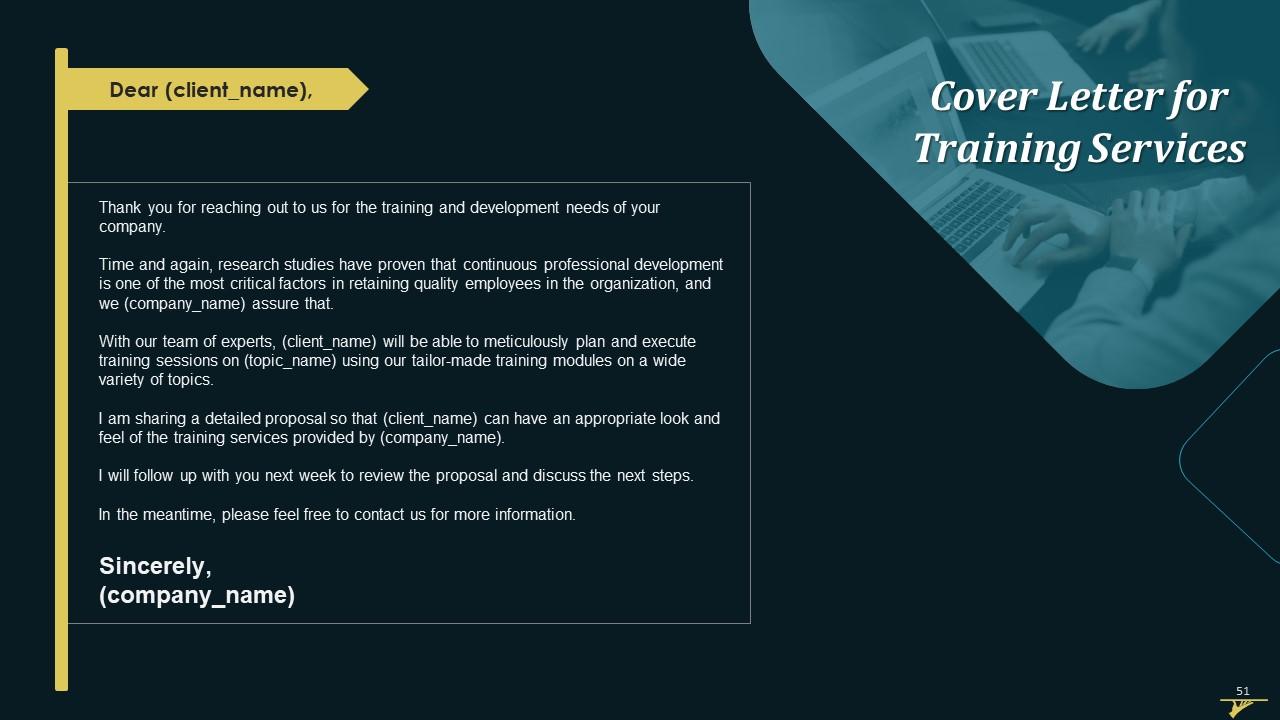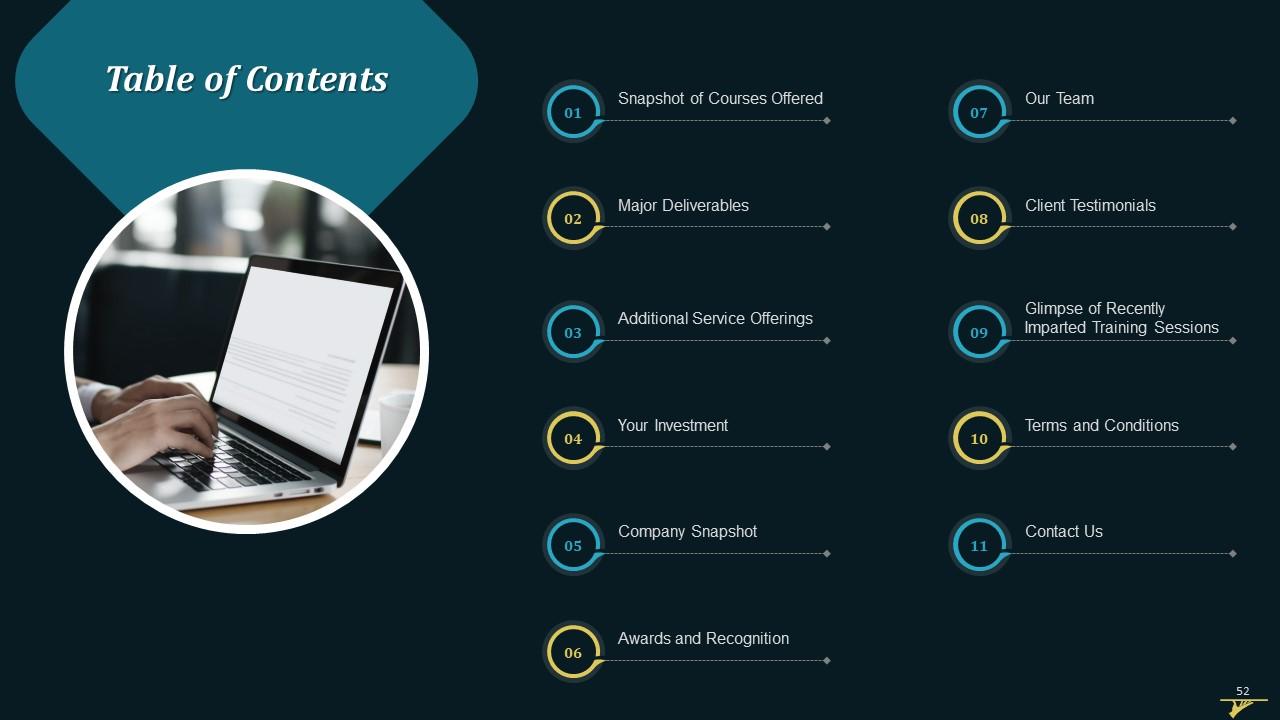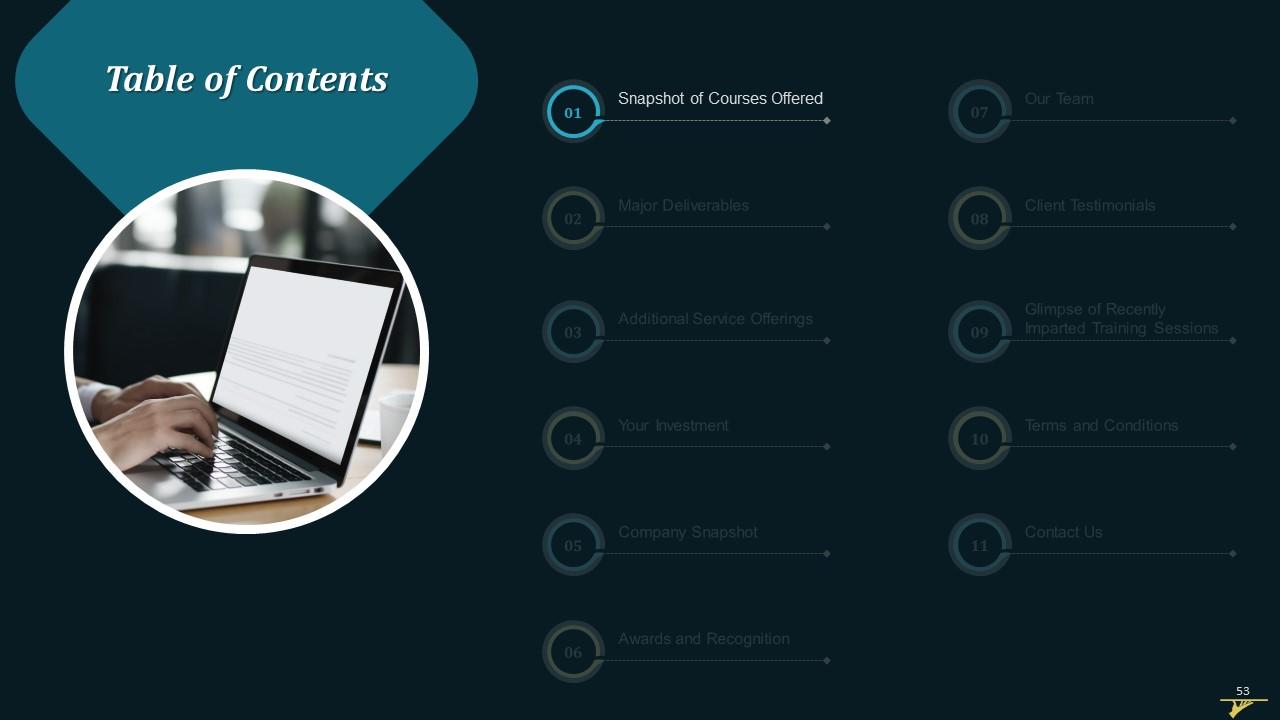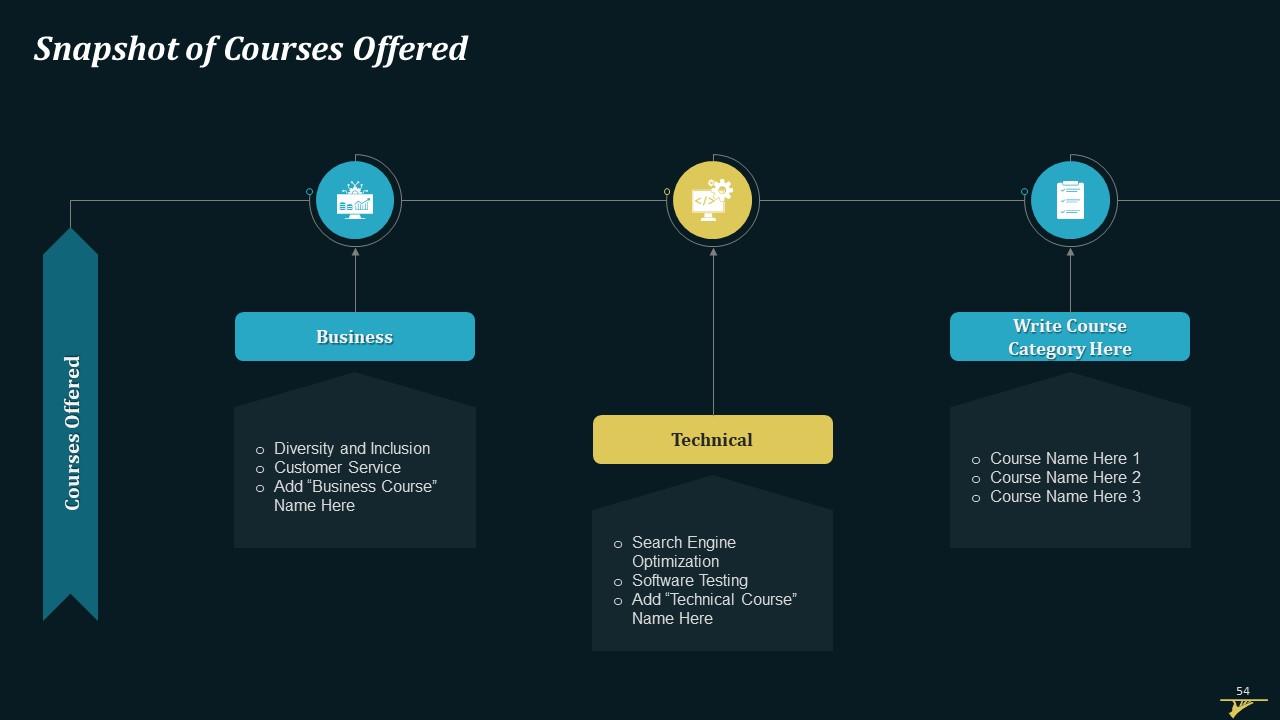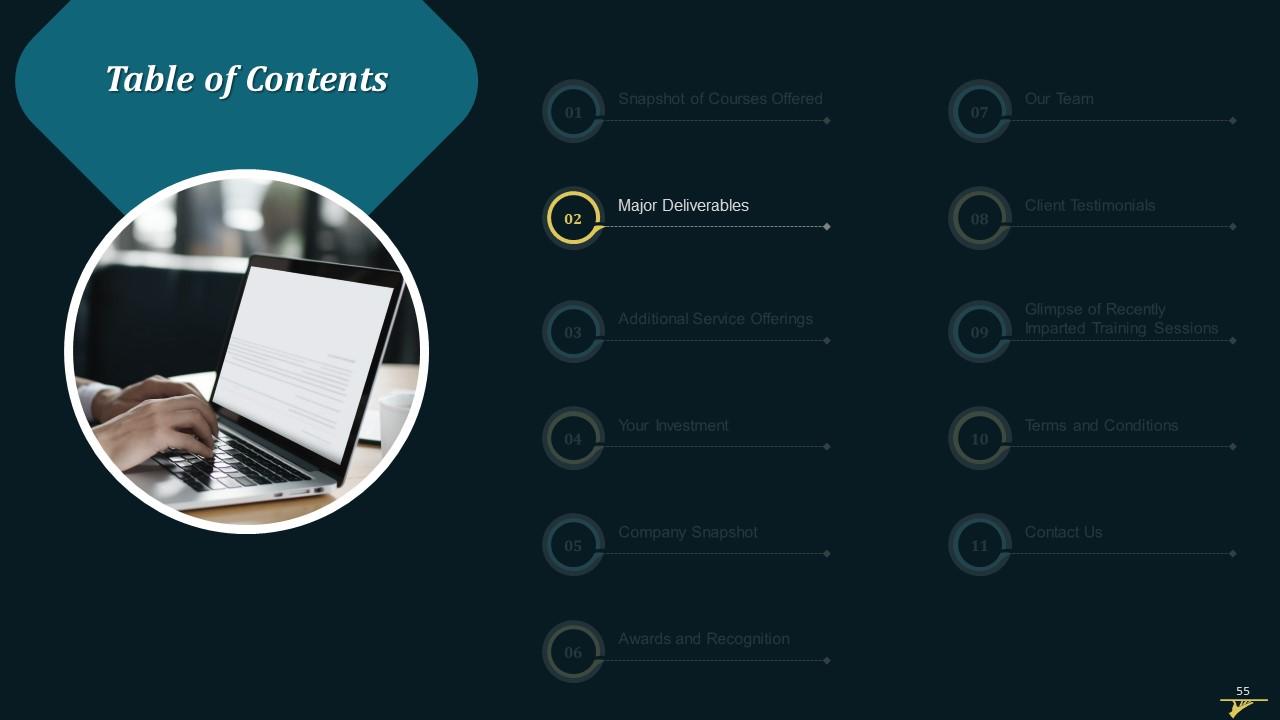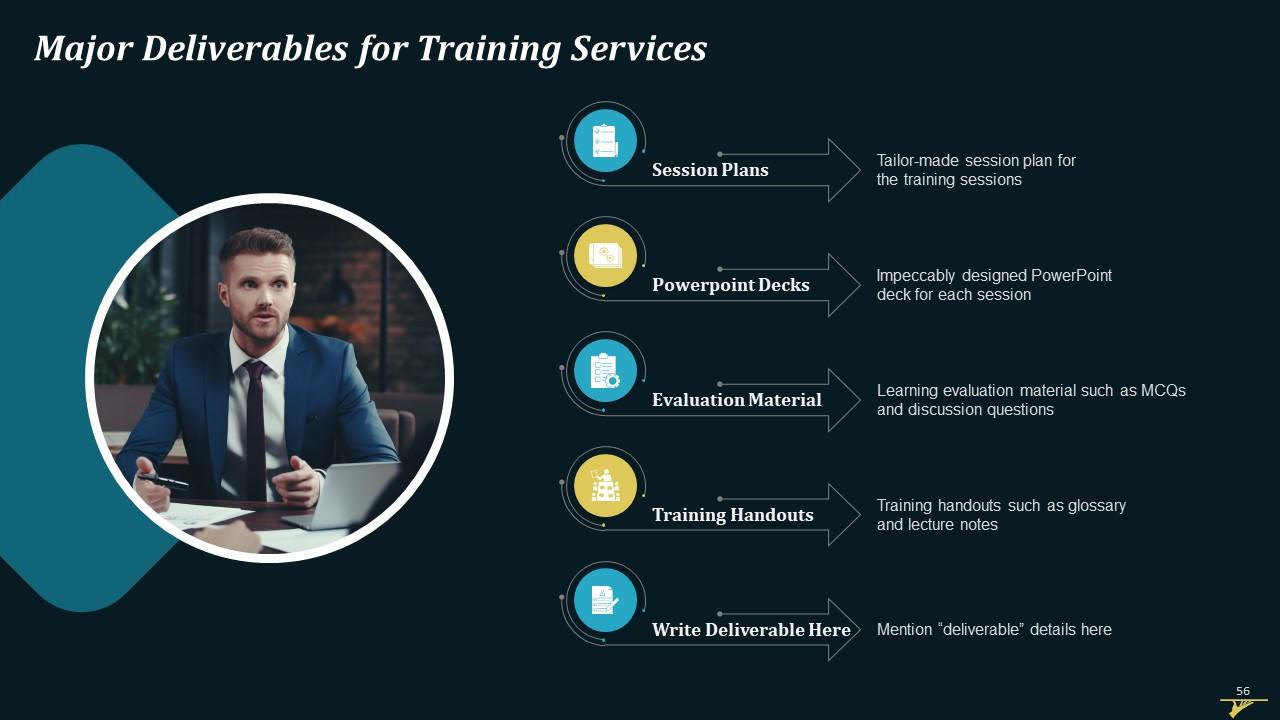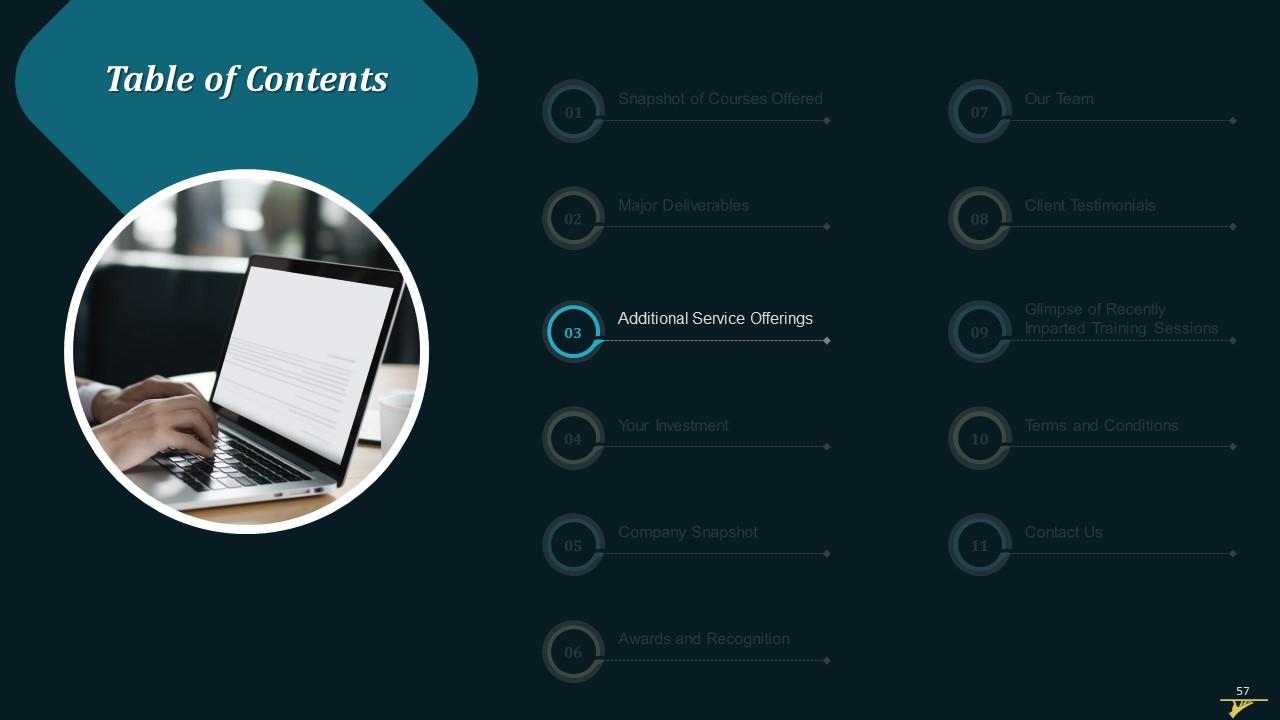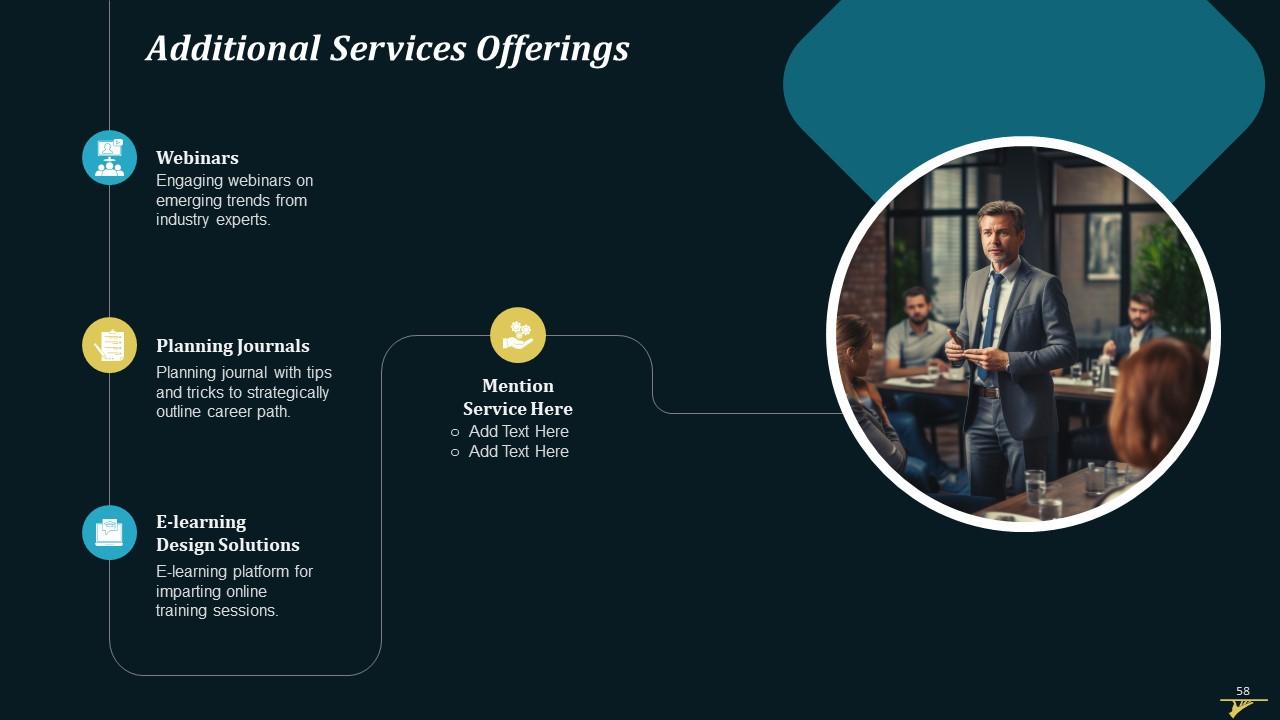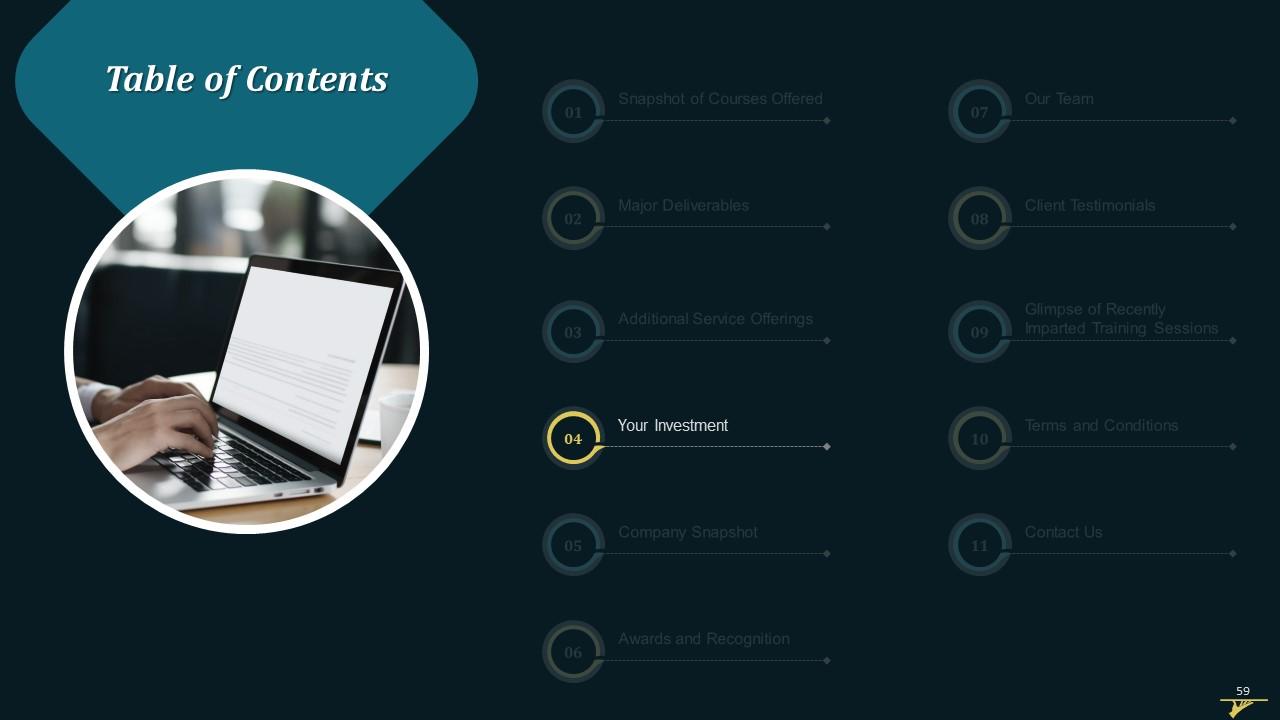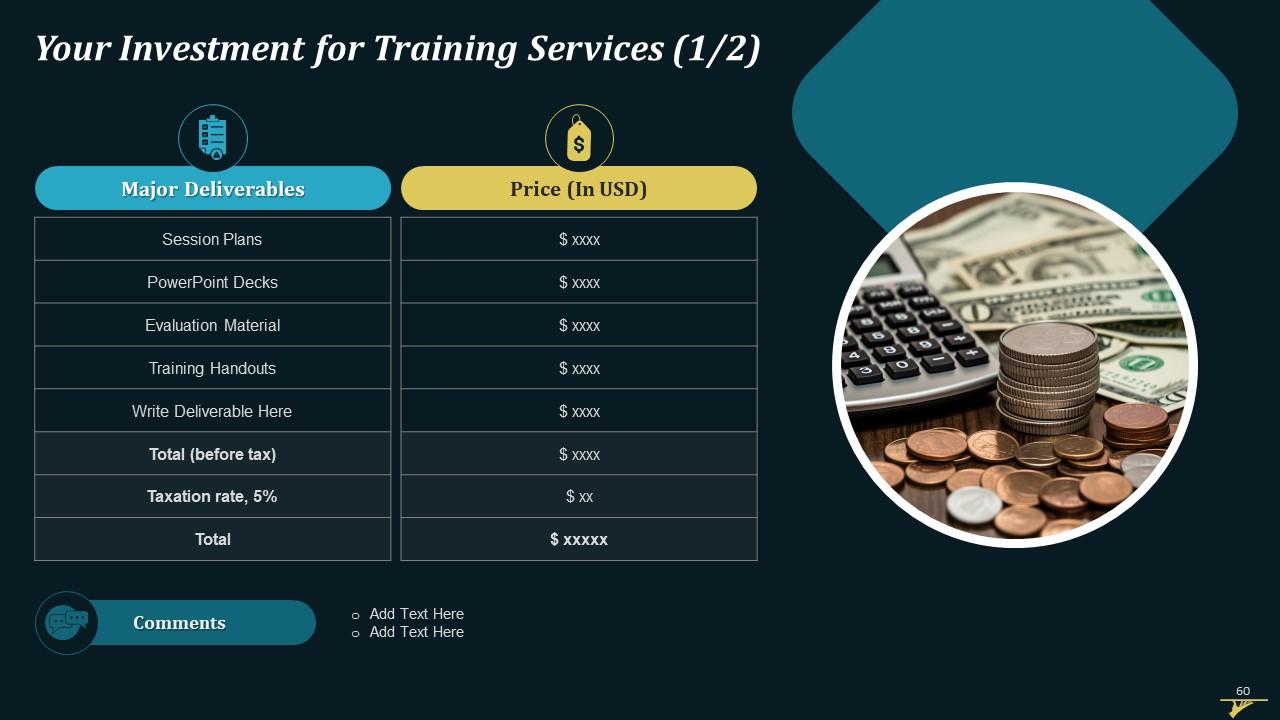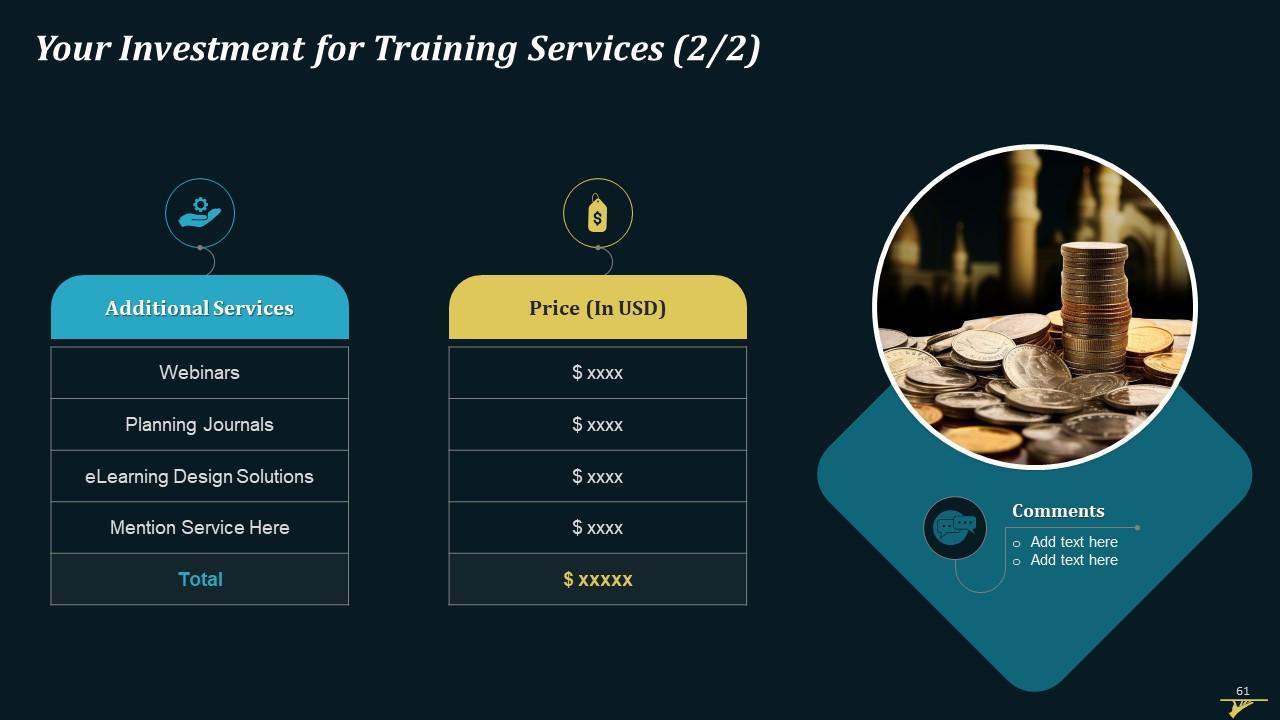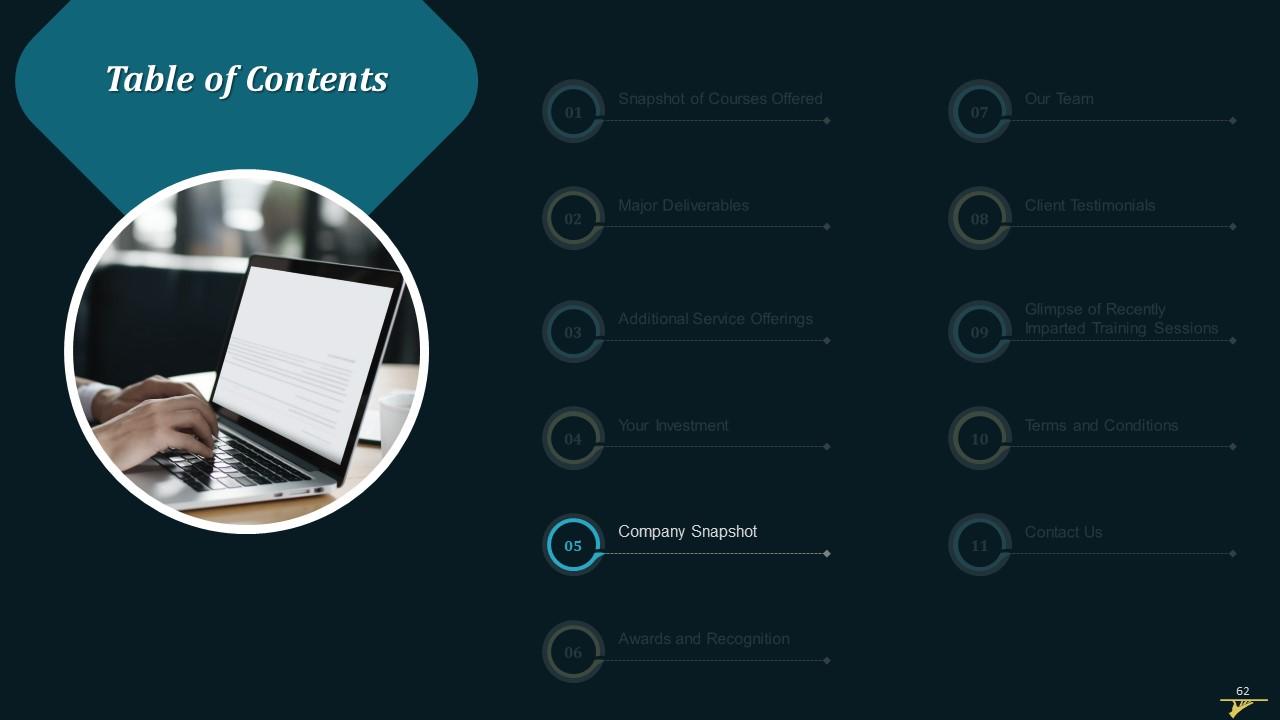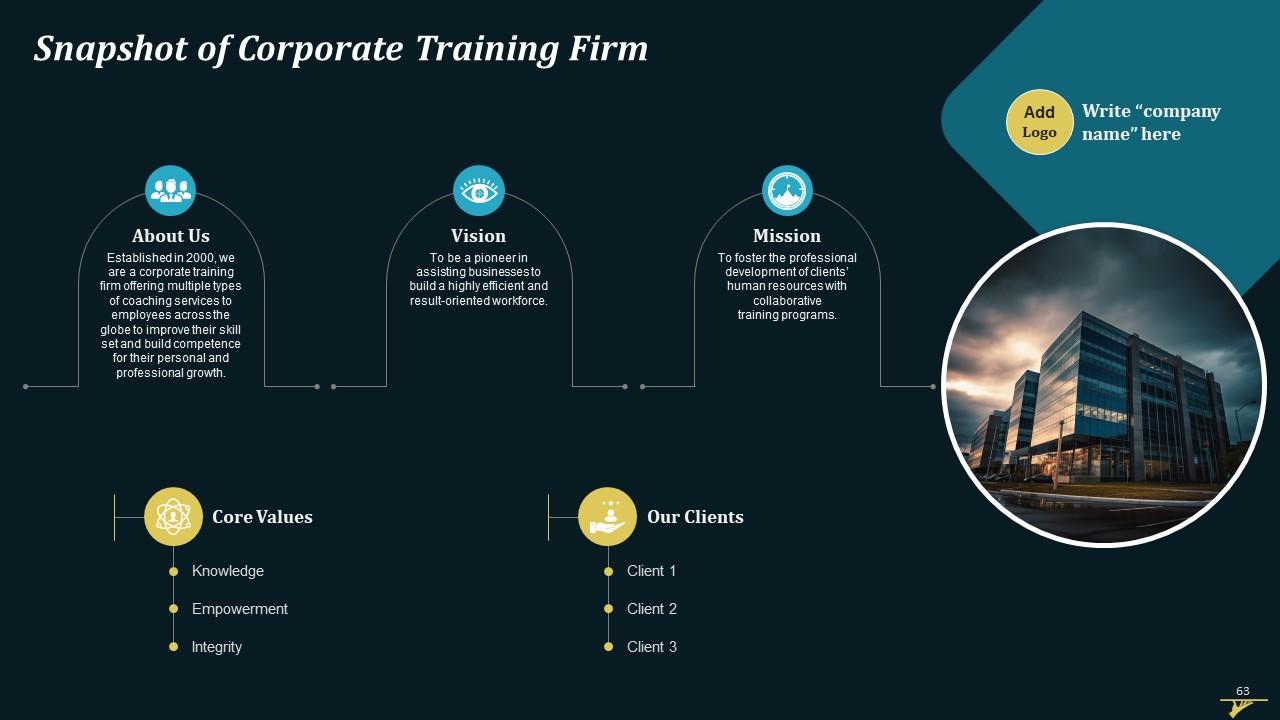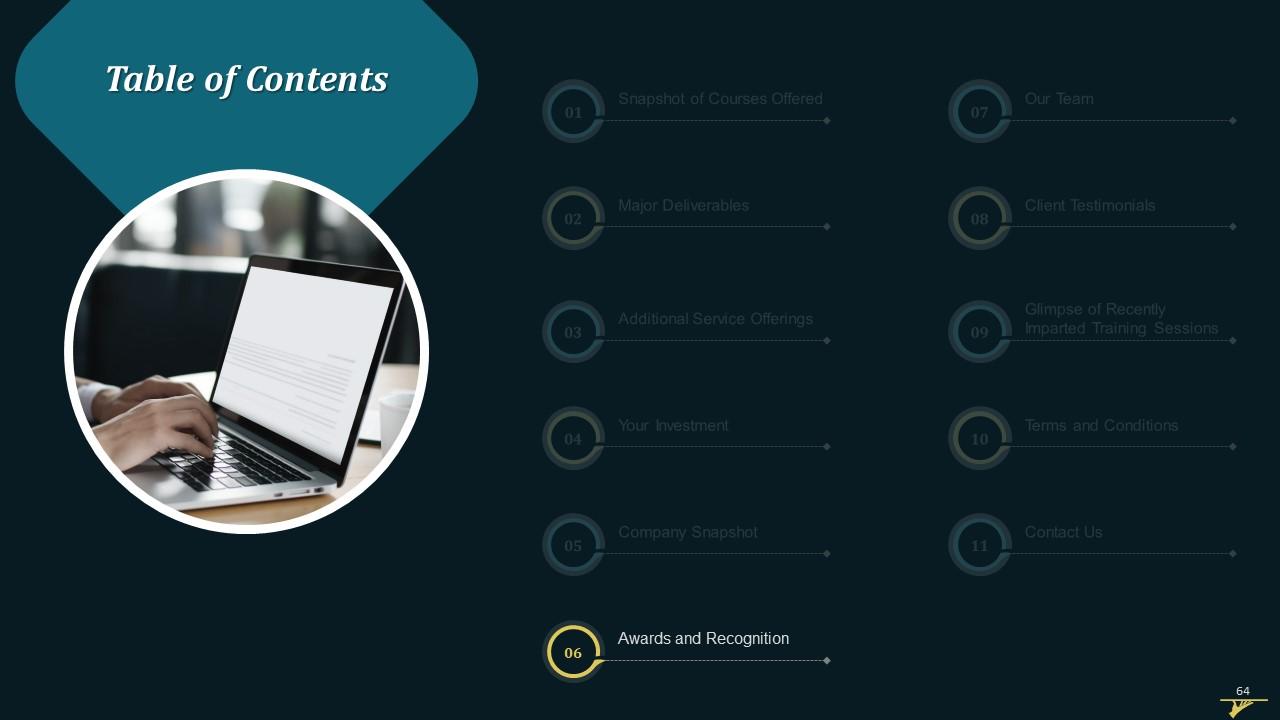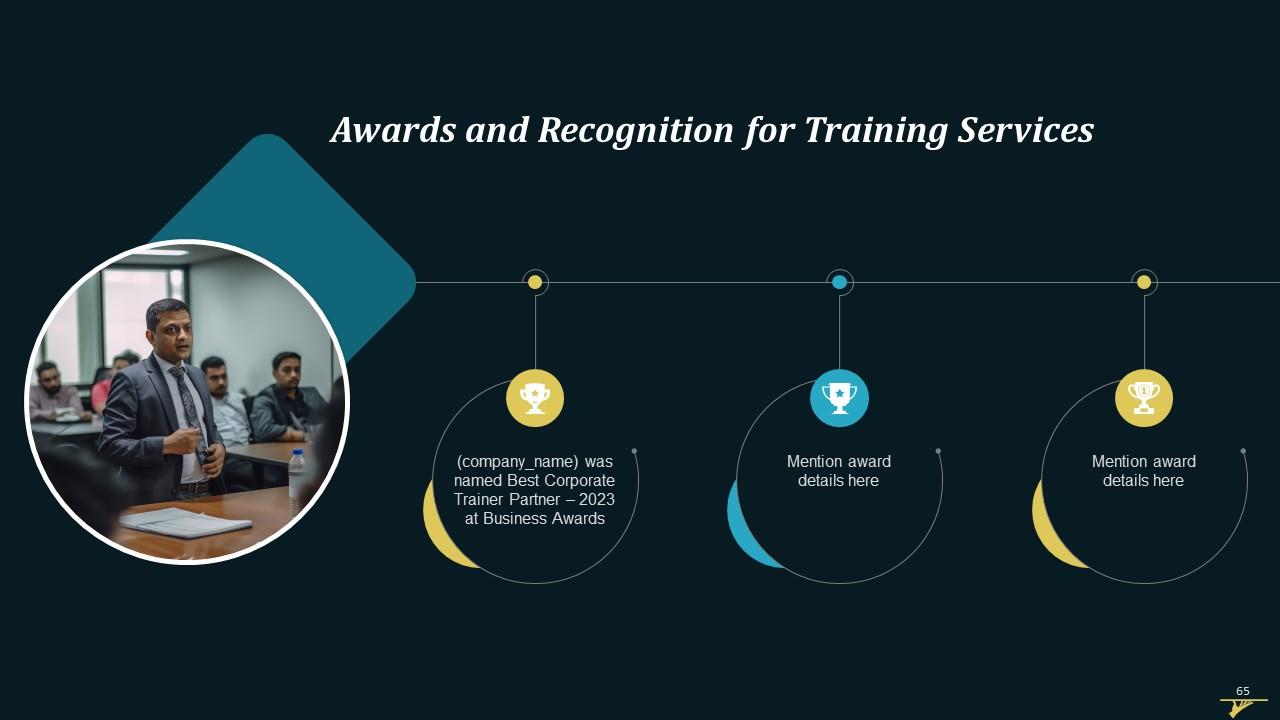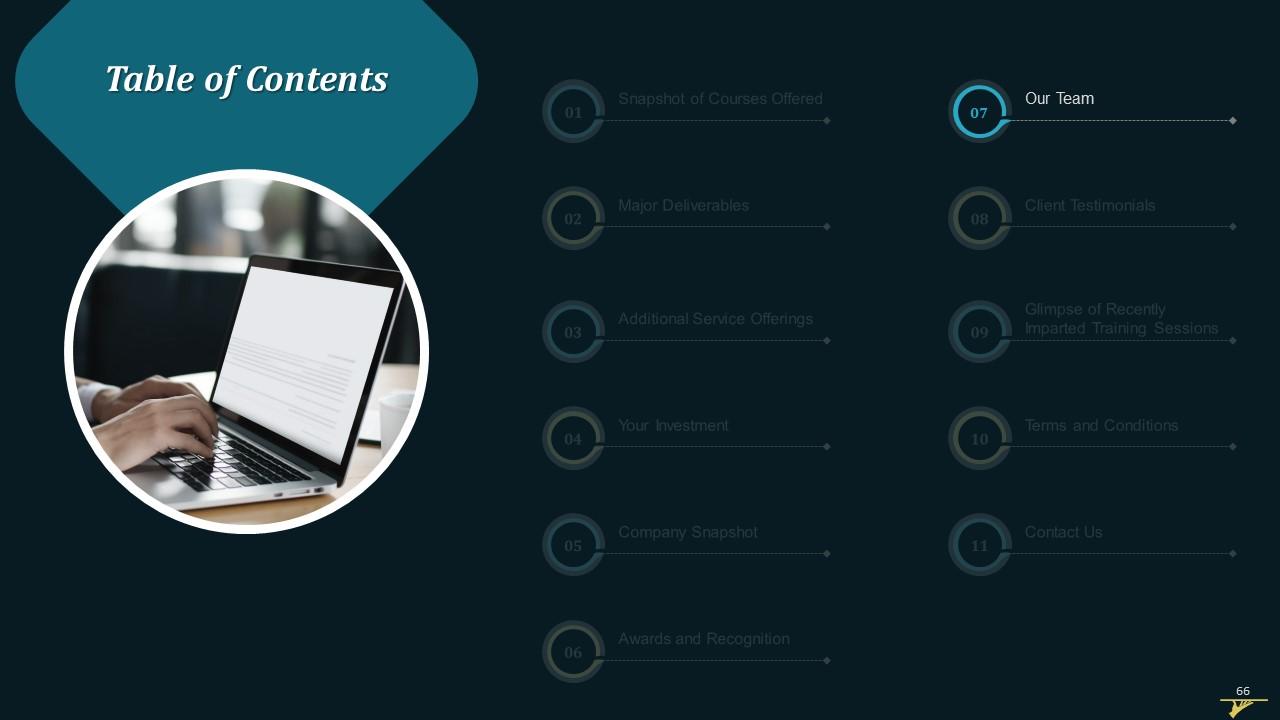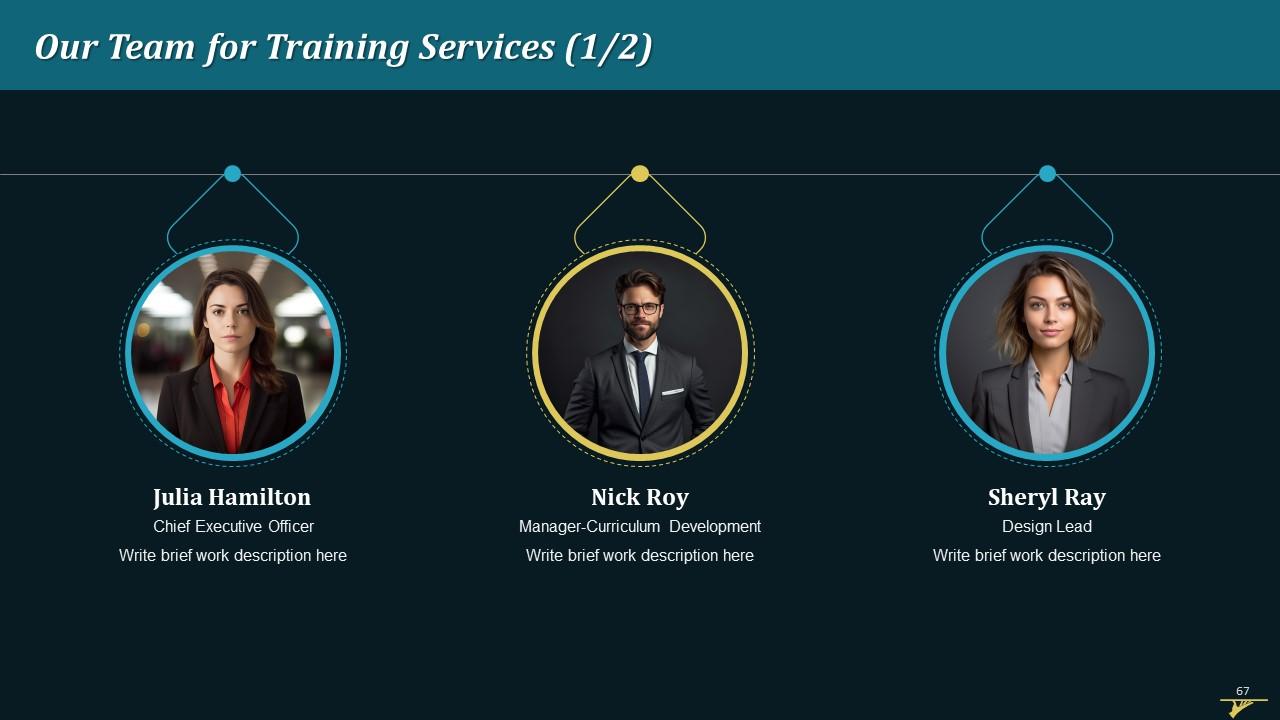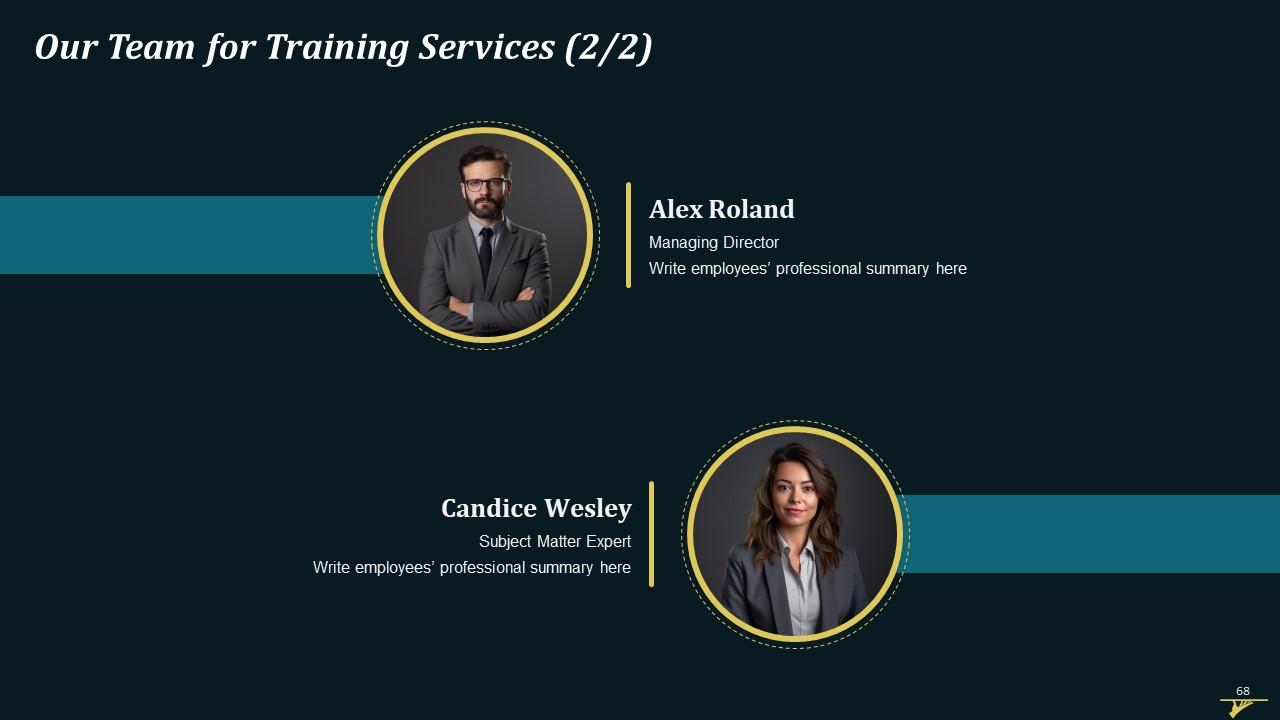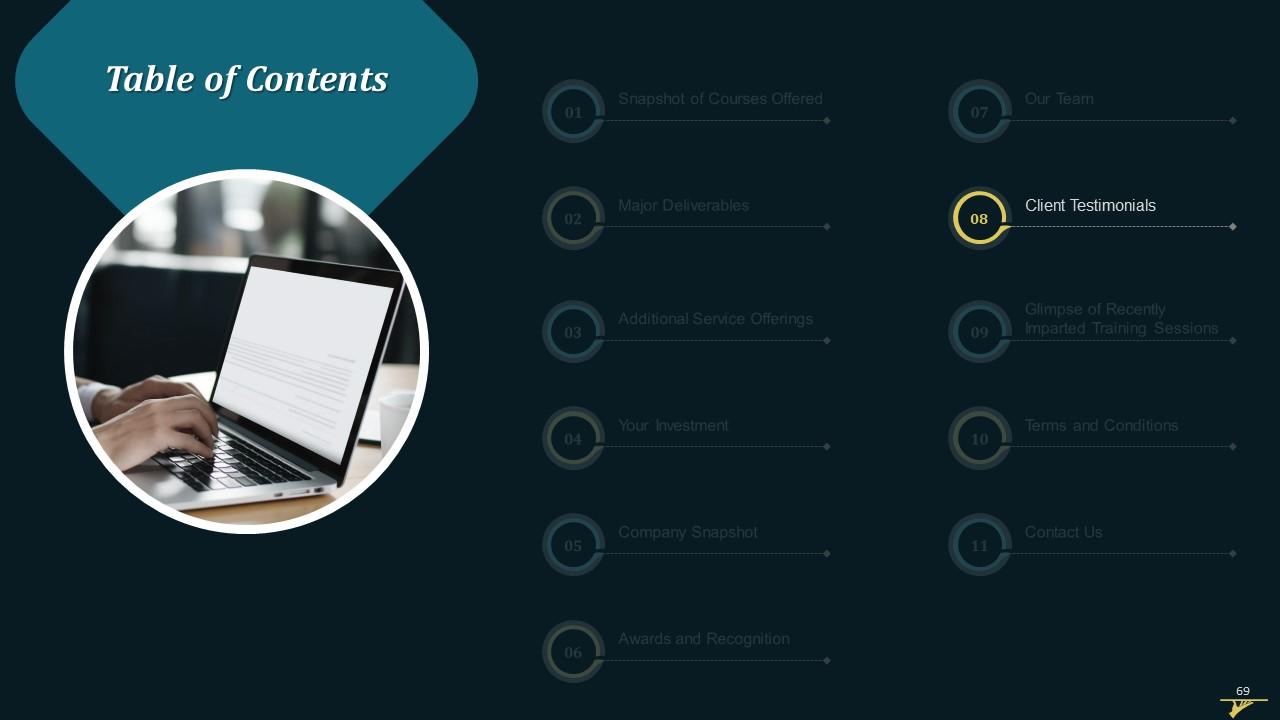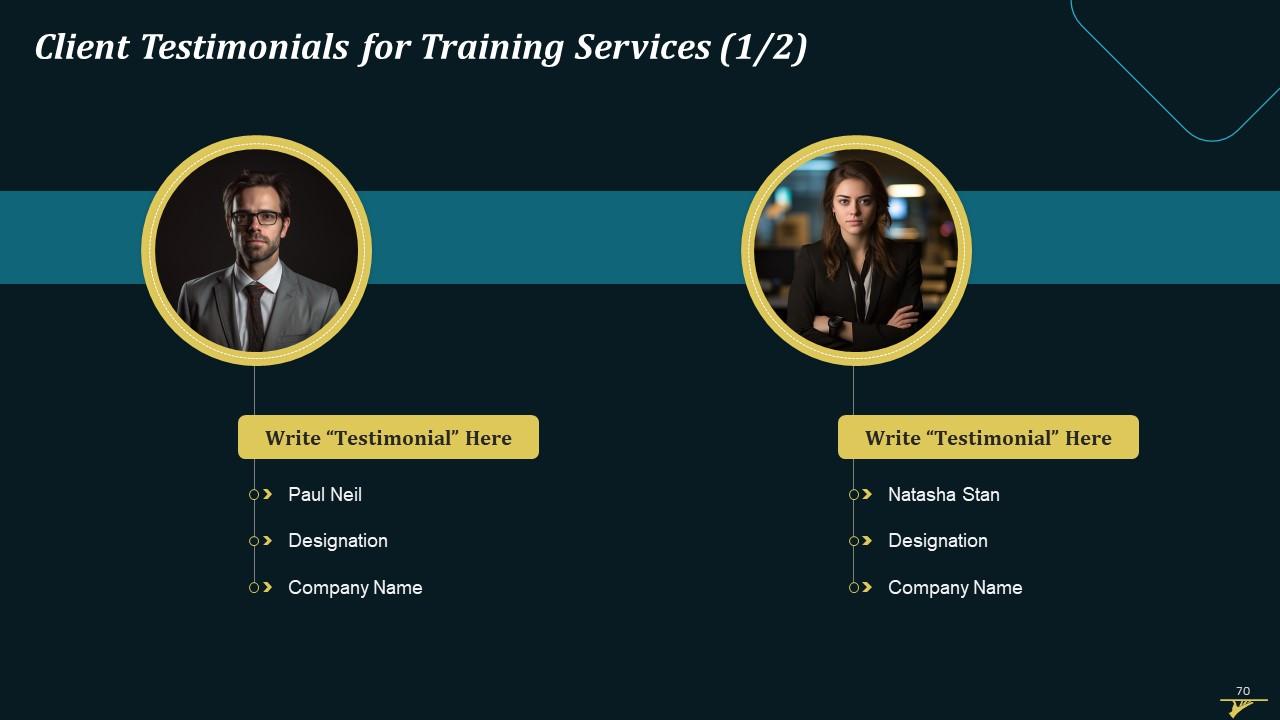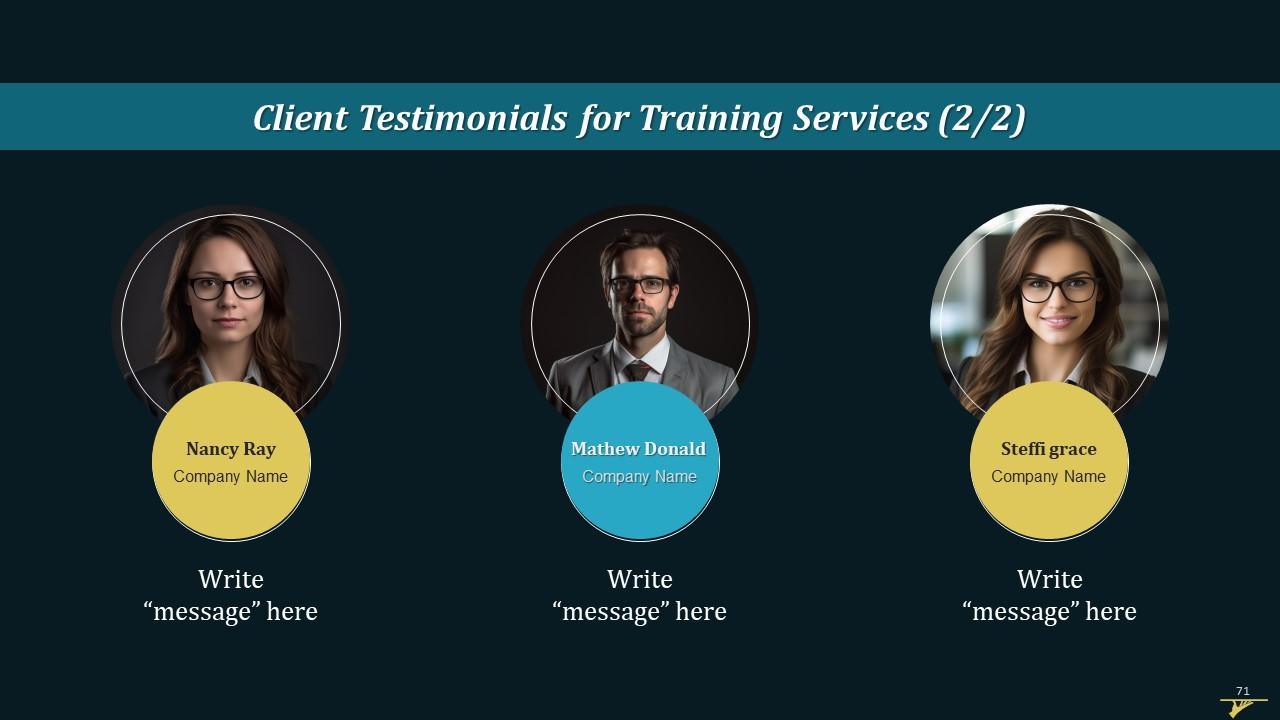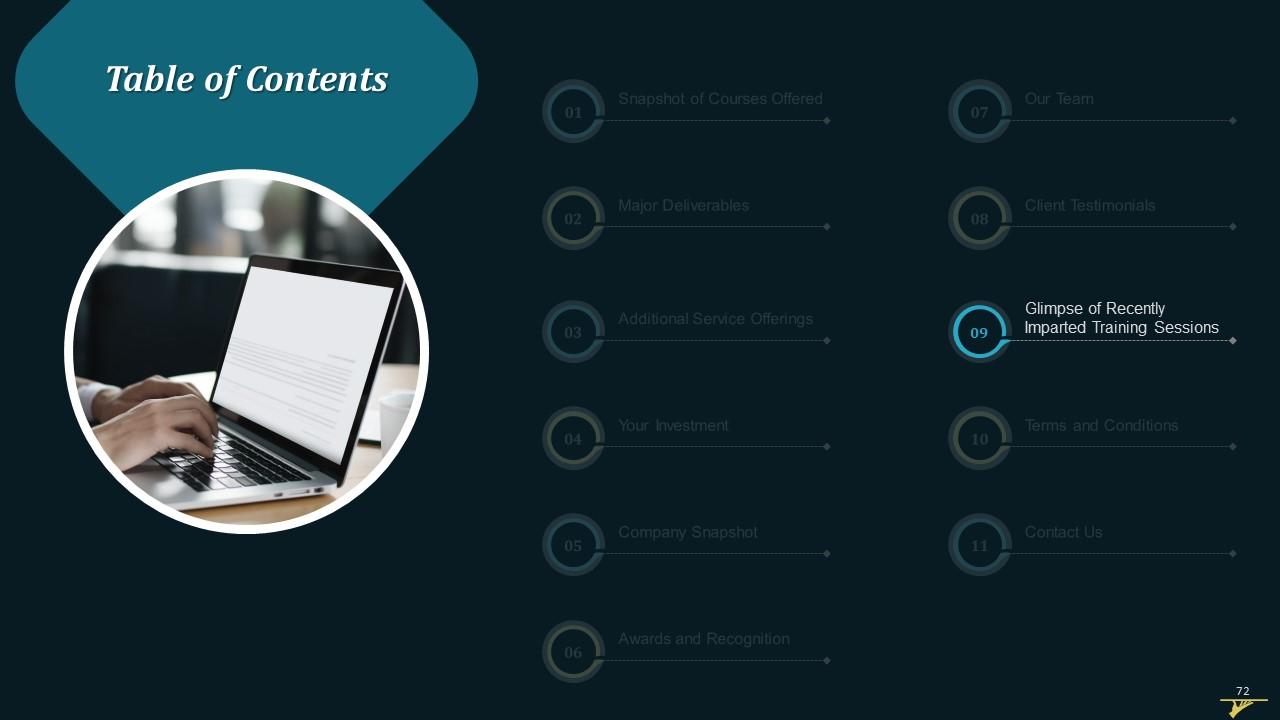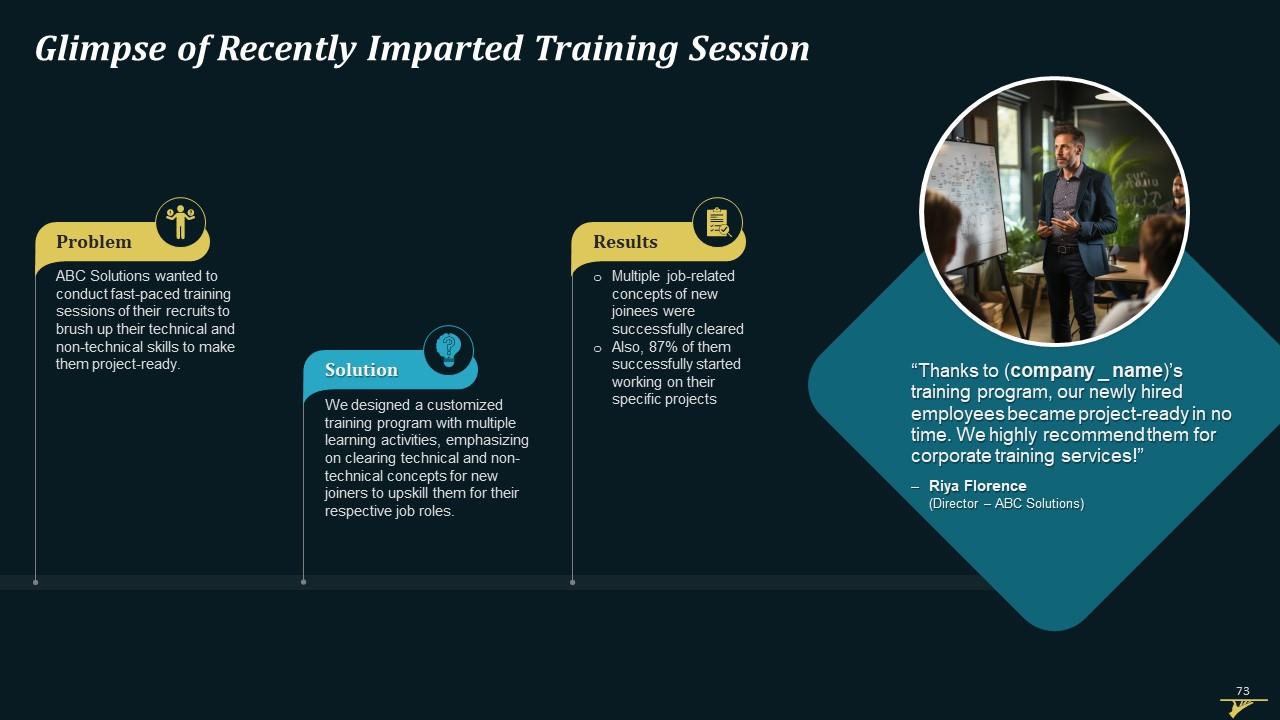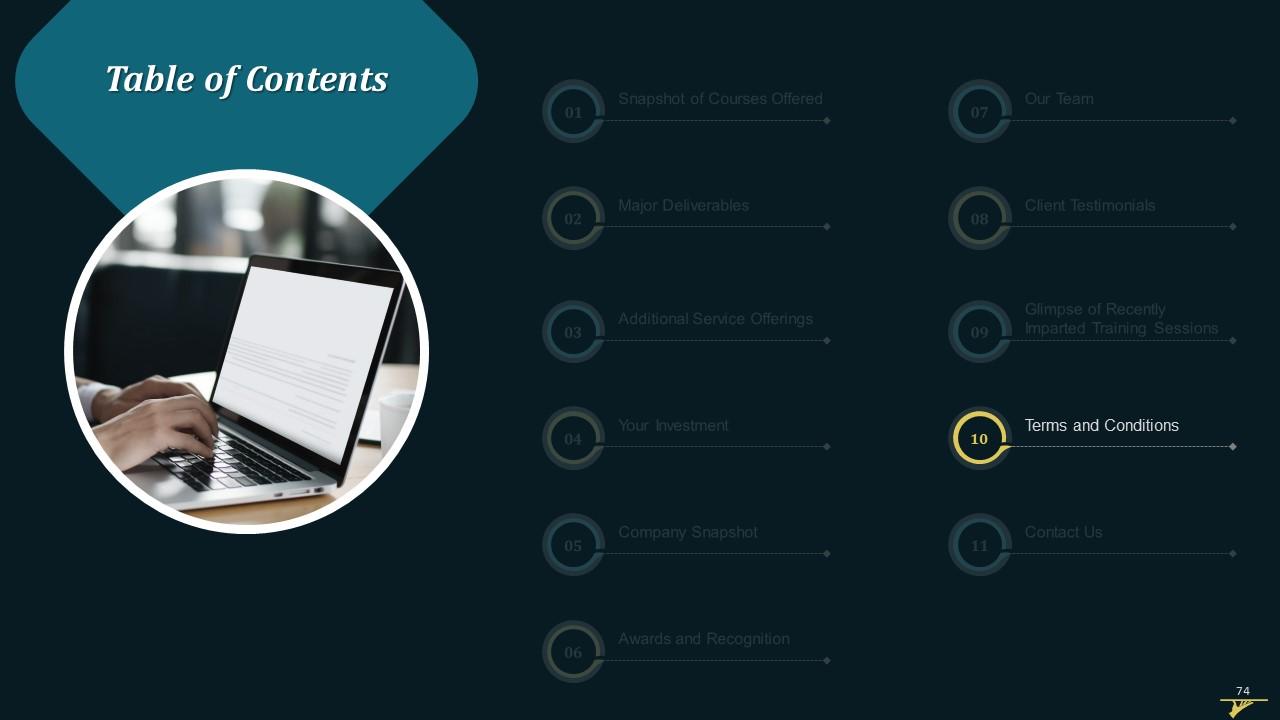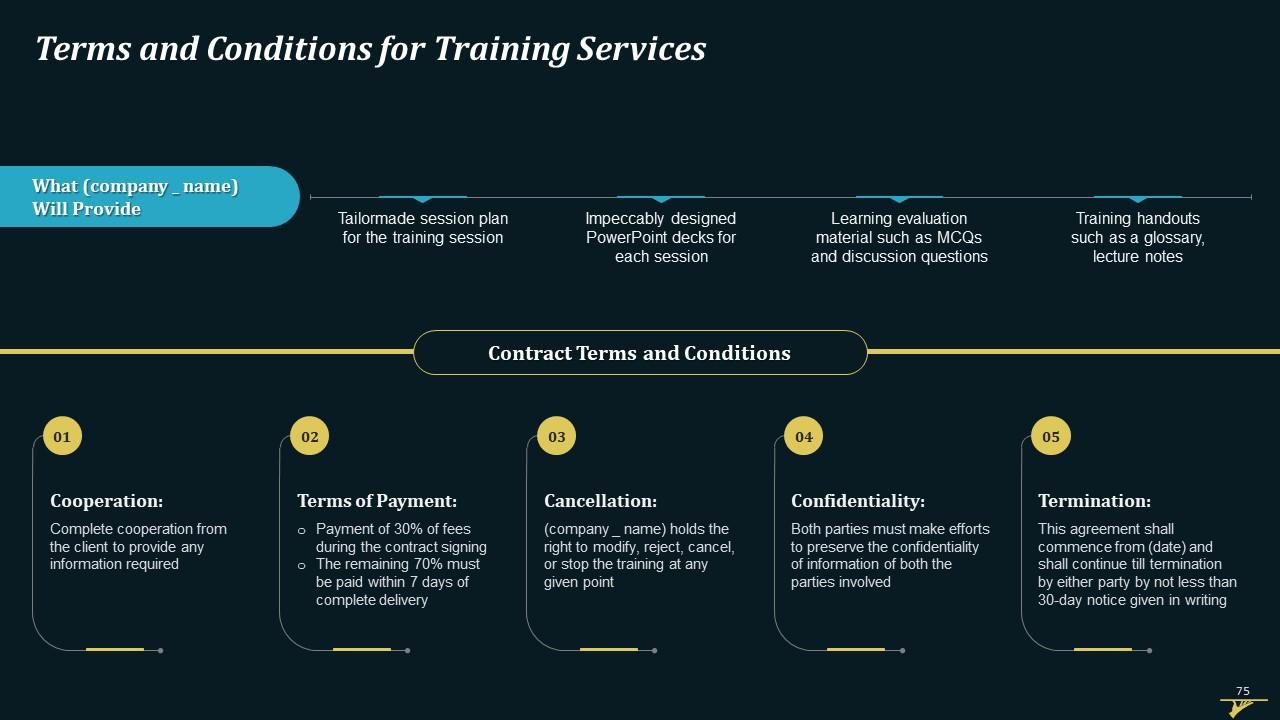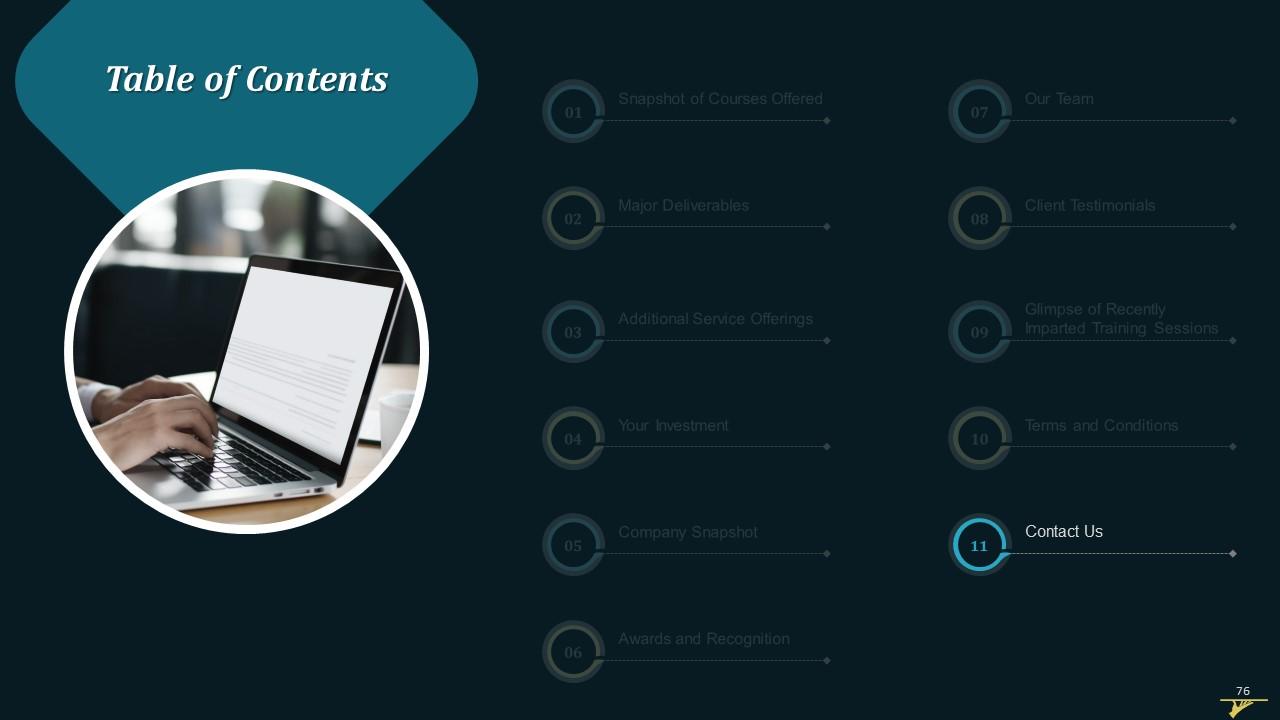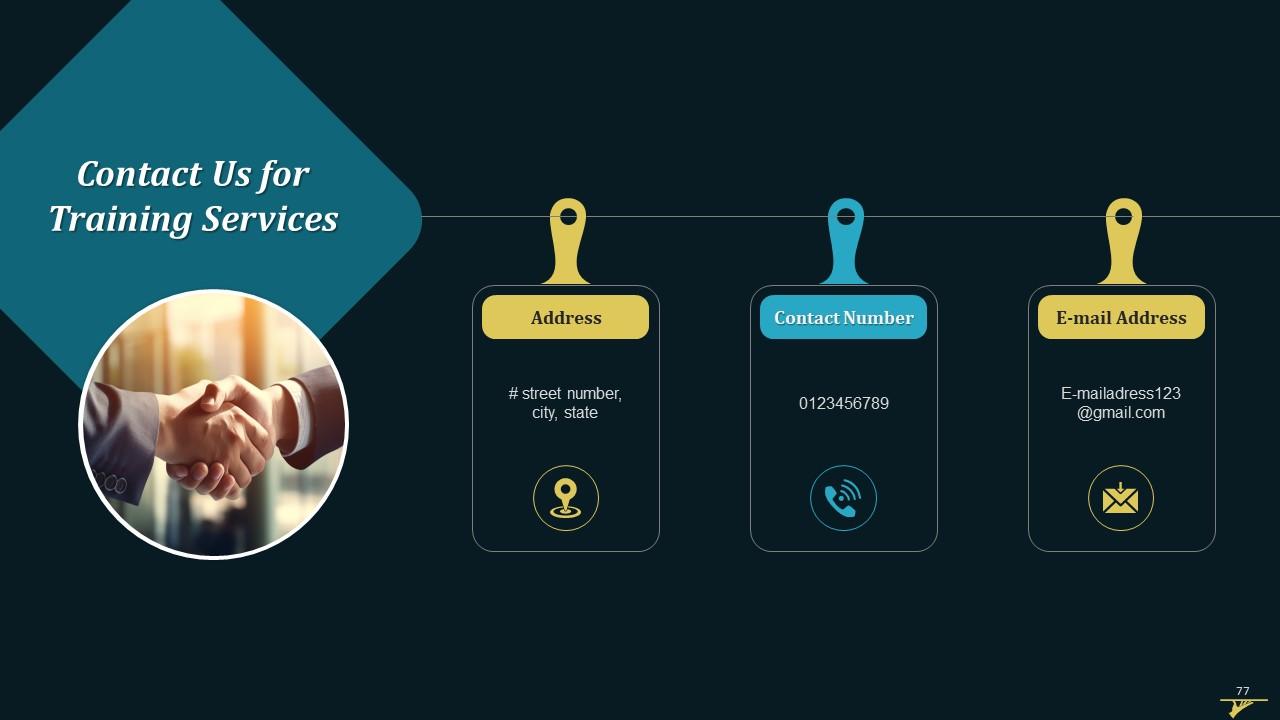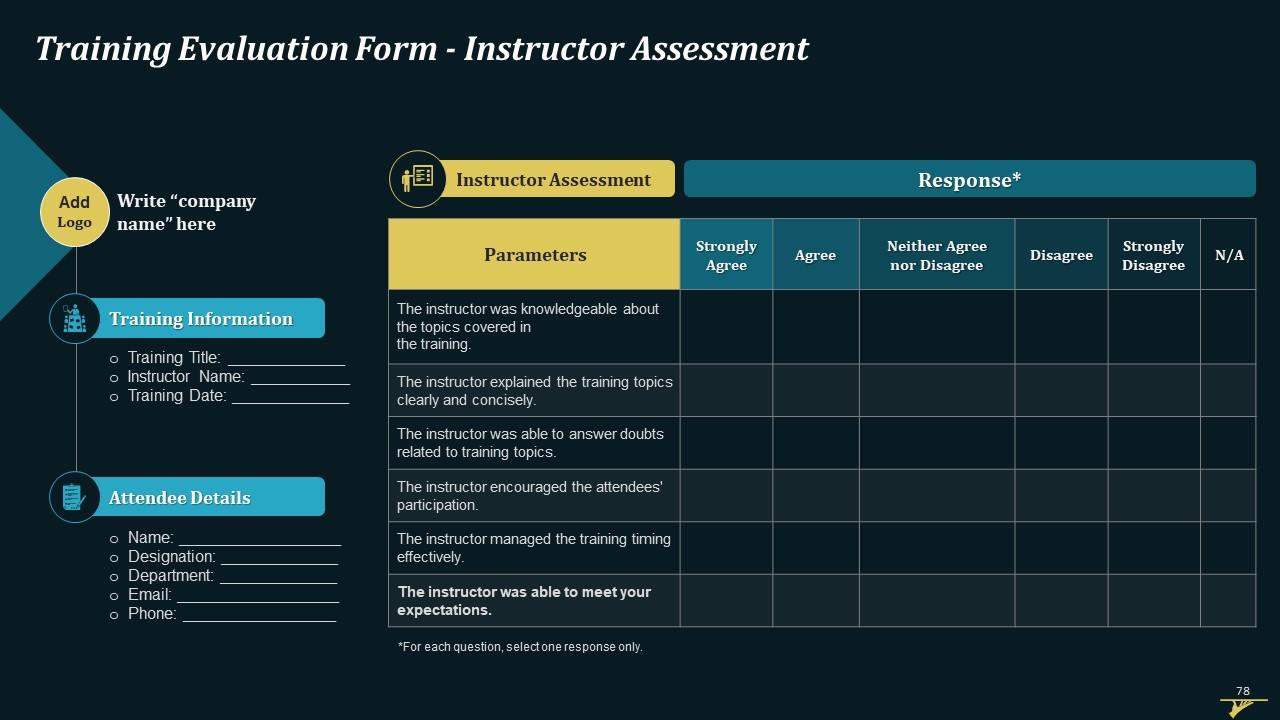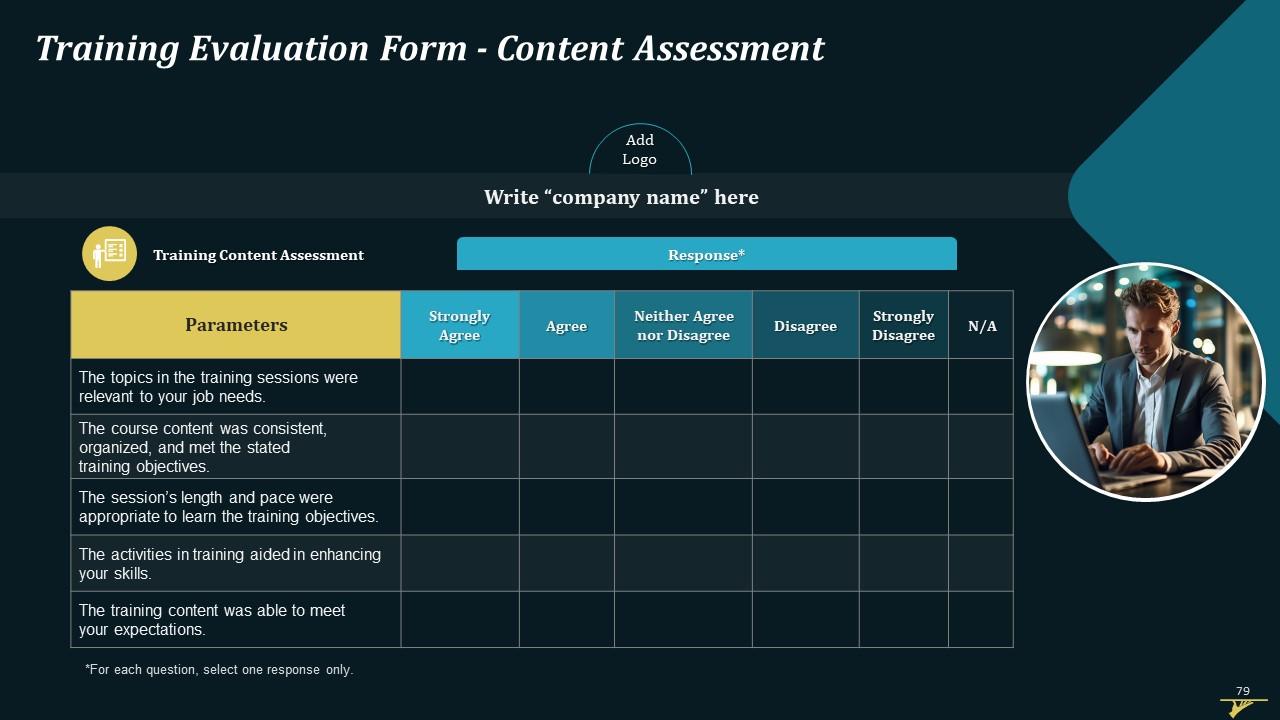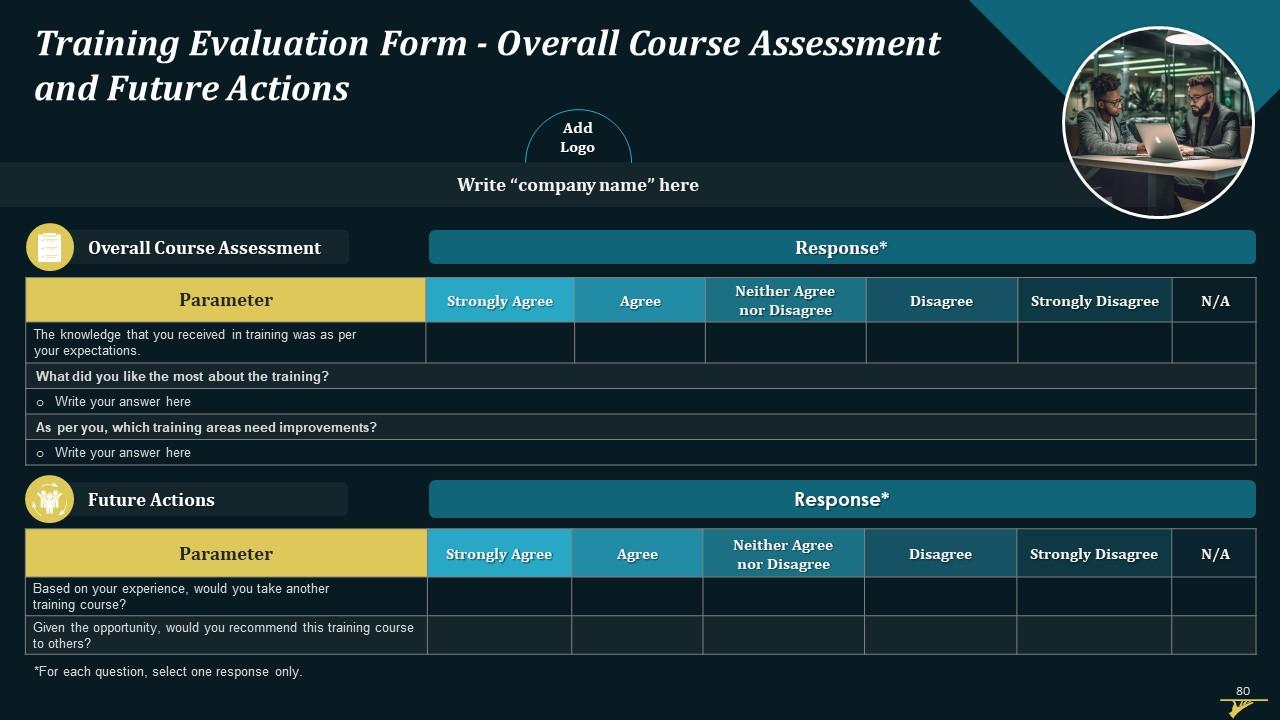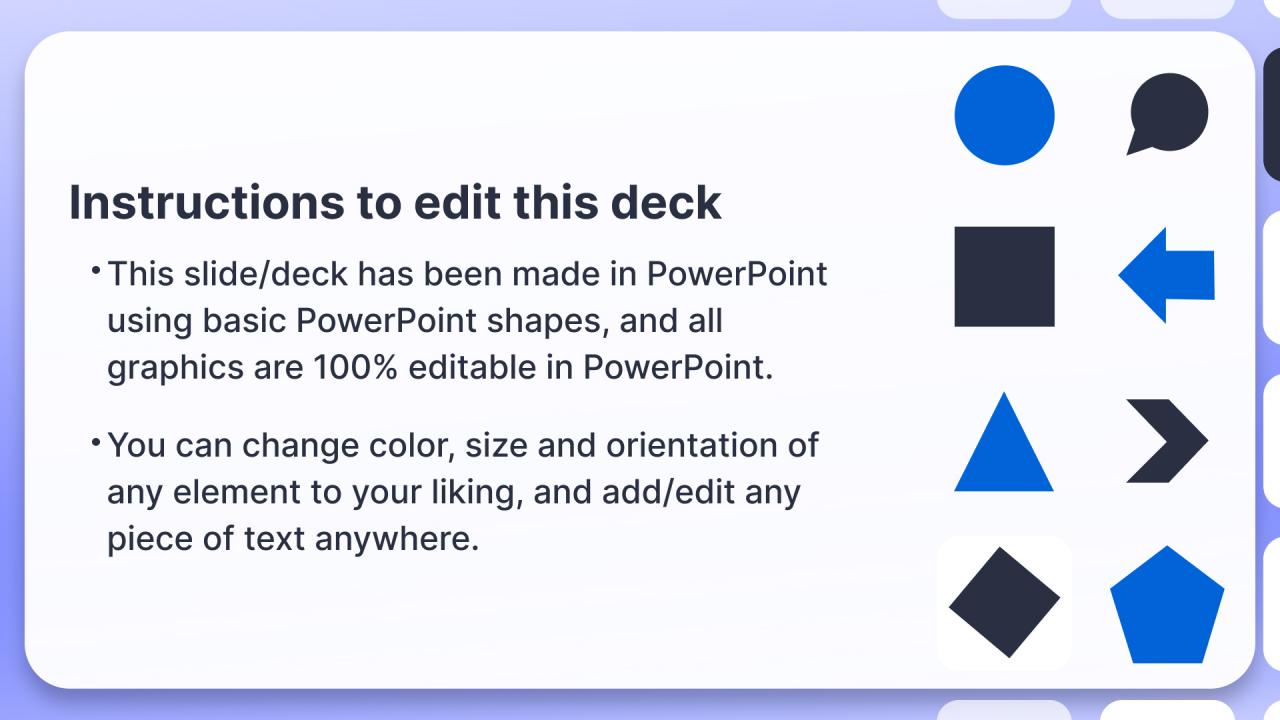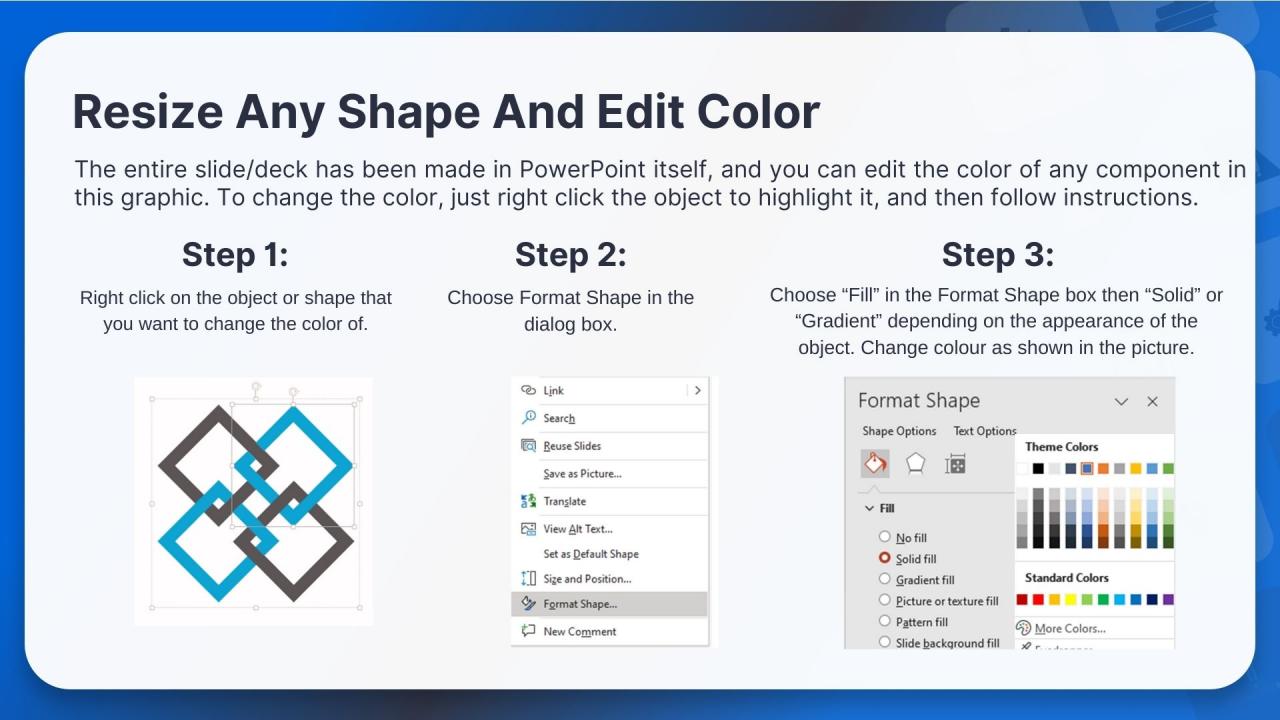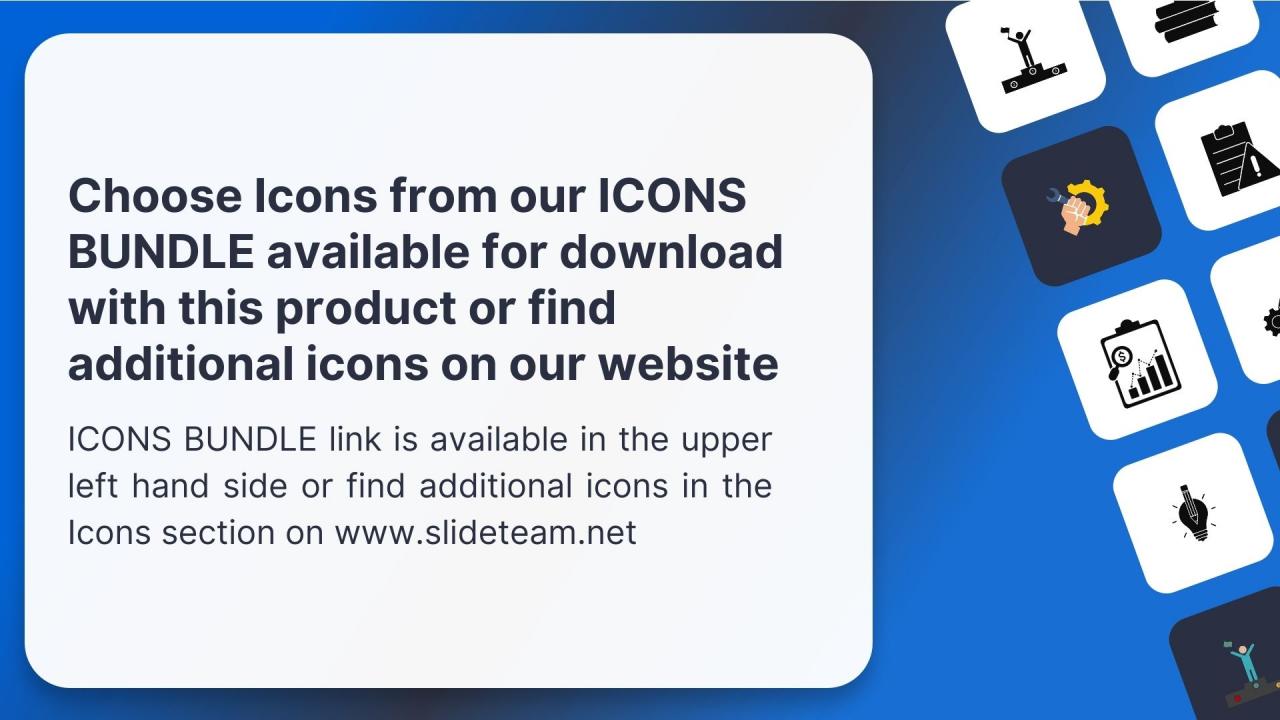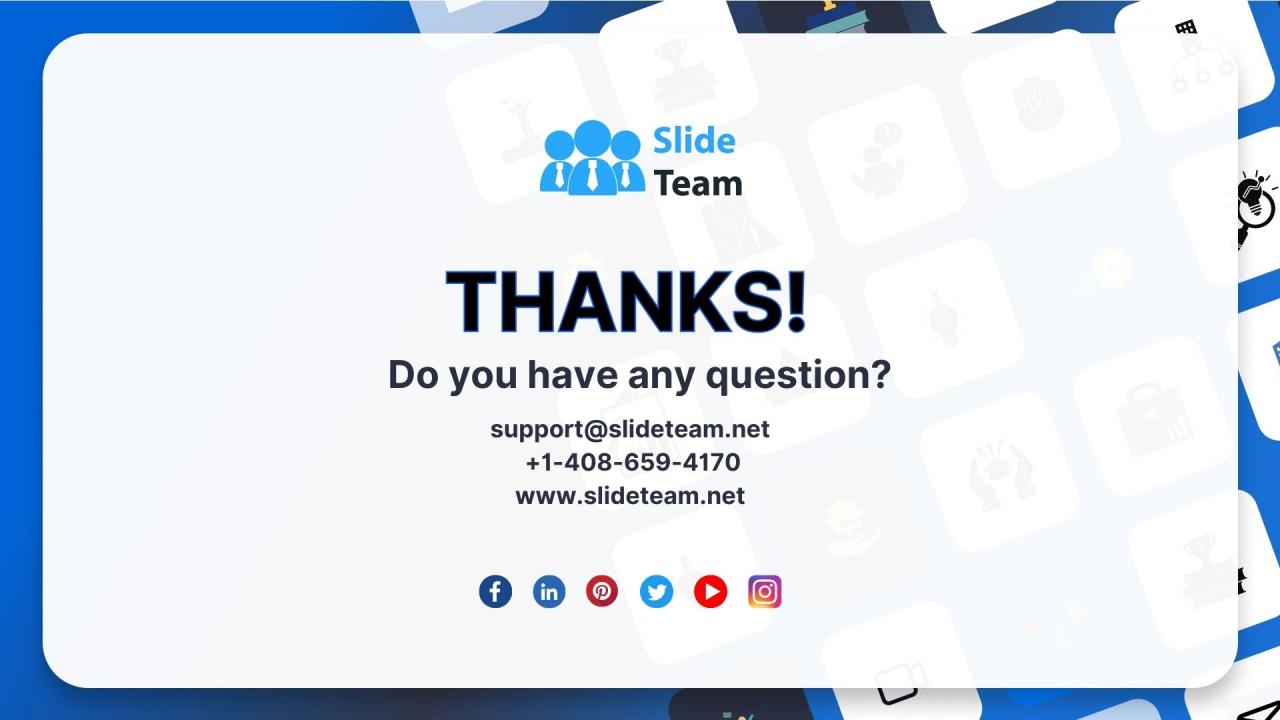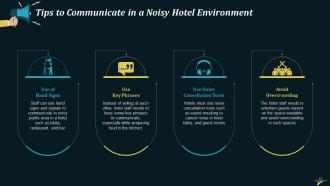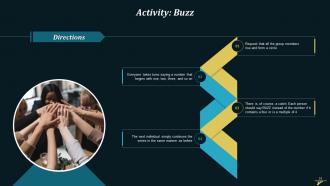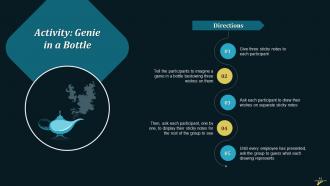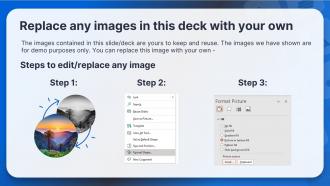Effective Communication For Quality Service In Hospitality Industry Training Ppt
This PowerPoint Training Module on Effective Communication for Quality Service in the Hospitality Industry is a crucial resource that underscores the pivotal role of effective communication in ensuring operational excellence and hotel guest satisfaction. It offers practical tips for hotel staff to improve their communication skills, guidance on what they should say and avoid saying, and specific dos and donts for front-office communication. The PPT Deck also covers best practices for giving directions and feedback to staff and handling criticism constructively. Concluding with key takeaways and thought-provoking discussion questions, this module equips hospitality professionals with the tools to foster a culture of clear and effective communication.
This PowerPoint Training Module on Effective Communication for Quality Service in the Hospitality Industry is a crucial res..
- Google Slides is a new FREE Presentation software from Google.
- All our content is 100% compatible with Google Slides.
- Just download our designs, and upload them to Google Slides and they will work automatically.
- Amaze your audience with SlideTeam and Google Slides.
-
Want Changes to This PPT Slide? Check out our Presentation Design Services
- WideScreen Aspect ratio is becoming a very popular format. When you download this product, the downloaded ZIP will contain this product in both standard and widescreen format.
-

- Some older products that we have may only be in standard format, but they can easily be converted to widescreen.
- To do this, please open the SlideTeam product in Powerpoint, and go to
- Design ( On the top bar) -> Page Setup -> and select "On-screen Show (16:9)” in the drop down for "Slides Sized for".
- The slide or theme will change to widescreen, and all graphics will adjust automatically. You can similarly convert our content to any other desired screen aspect ratio.
Compatible With Google Slides

Get This In WideScreen
You must be logged in to download this presentation.
PowerPoint presentation slides
Presenting Training Deck on Effective Communication for Quality Service in Hospitality Industry. This deck comprises of 22 slides. Each slide is well crafted and designed by our PowerPoint experts. This PPT presentation is thoroughly researched by the experts, and every slide consists of appropriate content. All slides are customizable. You can add or delete the content as per your need. Not just this, you can also make the required changes in the charts and graphs. Download this professionally designed business presentation, add your content, and present it with confidence.
People who downloaded this PowerPoint presentation also viewed the following :
Content of this Powerpoint Presentation
Slide 3
This slide contains details about effective communication for quality service in the hospitality industry. It also explains that communication helps establish a good relationship between hotel staff and guests.
Slide 4
This slide lists the benefits of effective communication in hospitality industry such as building relationships with guests, dealing with difficult situations, understanding the needs of guests, and better guidance.
Slide 5
This slide contains information on the three Cs of effective communication which are: Strive for clarity, keep it concise, and be consistent. The hotel staff can use these 3 Cs to better communicate with guests.
Instructor’s Notes:
For effective communication, an improvement tip for hotel staff is to be clear, concise, and consistent, while interacting with guests. Each one of these is discussed in detail below:
Strive for Clarity:
- Hotel staff should be clear about what they want to communicate to the guests and must provide them with correct information
- They should be able to understand guests’ needs at the first instance itself. In case of confusion, (if required) they must ask questions to get clarity
- Hotel staff can create templatized responses to quickly resolve guests’ queries
Keep it Concise:
- The conversation with the guests should be short and in direct sentences
- Hotel staff must not use fancy words because it will only confuse the guests
- In case the communication is done via email, there should be proper structuring. Communicating important information has to be the aim
Be Consistent:
- Consistency in communication means repetition and frequency
- Selected key messages should be repeated so that the guest may not forget any information
- During their stay, guests should be updated on a regular basis regarding any information related to them
Slide 6
This slide provides a recommendation to develop active listening in hotel staff. These are paying attention, showing that you are listening, and responding appropriately.
Instructor’s Notes:
Recommendations to develop active listening in hotel staff are:
Be Attentive:
- The hotel staff should pay undivided attention towards the guests when they are speaking
- Always maintain eye contact
- Always try to decipher the body language of the speaker
Use Nonverbal Cues:
- The hotel staff should use their body language and gestures to convey their attention and concern while conversing with the guests
- Make sure the body posture is open and inviting
Respond Appropriately:
- Always encourage guests to continue speaking with verbal inputs like "Yes“
- To successfully solve guests’ queries, gather information from appropriate sources before offering any solution
- In case of conflict, be honest while responding to guests' questions and respectfully present your opinion
Slide 7
This slide lists recommendations for hotel staff to improve aspects of nonverbal communication, which are facial expression, gestures, body posture, and eye contact.
Instructor’s Notes:
Tips to improve non-verbal communication aspects are:
Facial Expressions:
- Facial expressions can convey countless messages in the form of emotions without any verbal comment
- The hotel staff must always have neutral or jovial facial expressions
Gestures:
- Gesture is a form of non-verbal communication in which visible body parts like hands are used to communicate particular messages
- Hotel staff should avoid unwanted movement of hands and pointing while communicating with guests as it is considered a sign of confrontation
Body Posture:
- Hotel staff must always exhibit body adopt a welcoming and confident posture towards guests. If a conflict arises, and in case of conflict, submissive body posture should be maintained
Eye Contact:
- Guests in hotels like to have undivided attention while conversing, so hotel staff should maintain friendly eye contact to convey attentiveness
Slide 8
This slide provides recommendation on how hotel staff can make good impression by dressing appropriately. It also lists the advantages of dressing appropriately which are: to communicate that staff takes their job seriously, to represent hotel’s brand values, to feel confident, to exhibit credibility.
Instructor’s Notes:
In hotels, the staff should dress professionally:
To Communicate that Staff Takes Their Job Seriously:
- When the hotel staff dresses properly, it sends the impression that they are serious about their job and work
- Spending time and effort on dressing properly demonstrates that the staff cares about representing themselves well at work
To Represents Hotel’s Brand Values:
- As a member of the hotel, the staff members are the representative of the hotel they are working in
- While interacting with the guests, the staff's appearance reflects on the business health of the property
- The staff can give a positive and good professional impression of the company by dressing appropriately
- Employers value hotel staff who see themselves as the company's public face
To Feel Confident:
- Hotel staff feels empowered and confident when dressed professionally
- It helps them take on new challenges, interact with new guests, and progress in their careers
To Exhibit Credibility:
- Appearing professionally-dressed attracts other staff and guests to respond more positively
- It also helps the staff appear more trustworthy in interacting with other staff members, hotel management, and guests by dressing professionally
Slide 9
This slide lists the recommendation for hotel managers to deliver effective oral reports to subordinates. An effective oral report consists of three parts: Introduction, body, and conclusion.
Instructor’s Notes:
Tips to make effective oral report are:
Introduction:
- In introduction, the section manager must catch the attention of the listener and should introduce concerns
- Manager needs to be clear about their intention in addressing the issue, whether they are asking for help or just educating the staff or chef
Body:
- The body of the oral report should contain important key points or ideas related to the feedback
- Convey points in sequence so that listener can easily follow the conversation
Conclusion:
In conclusion, reaffirm the important points but do not repeat everything
Slide 10
This slide provides information regarding the phrases/words that hotel staff should use and shouldn’t use while communicating with guests.
Slide 11
This slide provides information regarding the dos and don’ts that front office hotel staff must practice while communicating with guests.
Slide 12
This slide list the acoustical challenges in hotels which are high ceilings, loud conversations, guests rooms proximity.
Slide 13
This slide list recommendations for hotel staff to converse with guests in noisy environment. These are: Use of hand signs, using key phrases, deploying noise cancellation tools, and avoiding overcrowding.
Slide 14
This slide contains information regarding the working of sound masking in hotels which is the process of adding background sound to reduce noise distractions and protect speech privacy.
Slide 15
This slide list the benefits of sound masking in hotel industry which are privacy, sound proof environment, sense of security, and cutting out of unwanted noise.
Slide 16
This slide lists recommendations for managers on giving directions and feedback to hotel staff. The tips listed are: Tell hotel staff what they are doing right; give feedback that is specific and descriptive; focus on the behavior that needs to be changed; criticize in private, and provide opportunities for the person to respond.
Instructor’s Notes:
Recommendations for giving directions and feedback to hotel staff are:
Tell Hotel Staff what they are doing Right:
- While offering feedback to hotel staff, managers must point out the tasks that they are doing well. It encourages them to continue doing a good job
- By doing this, the hotel staff will pay attention to the managers' counsel and will readily comply with their directives
Give Feedback that is Specific and Descriptive:
- Feedback needs to be precise, so that the hotel staff will know what the manager is referring to while giving instructions for improvements
Focus on the Behavior that needs to be Changed:
- The discussion between manager and hotel staff should focus more on what needs to change
- Also, while receiving feedback manager, the staff member must express their feelings clearly and concisely
- It helps manager in comprehending how staff members are feeling
Criticize in Private:
- Managers should never criticize hotel staff in front of other members and guests and should always speak to them privately to avoid embarrassing situation
Provide Opportunities for the Person to Respond:
- The manager should provide a chance to hotel staff to respond to his feedback
- Instead of expressing dissatisfaction, the manager and hotel staff should collaborate to find a solution
Slide 17
This slide lists recommendations to hotel staff for handling criticism. These include relaxing and paying attention, paraphrasing the criticism, deciding whether the criticism is fair, seeking clarification, asking for suggestions, admitting mistake, stating opinion in case of disagreement, responding calmly, and sharing feelings.
Instructor’s Notes:
Recommendations on handling criticism in hospitality industry are:
Relax and Pay Attention:
- Take a few deep breaths and concentrate on the other person’s words
- Breathing deeply will assist you in overcoming anxiety
Paraphrase the Criticism:
- To let the other person know that you have heard and comprehended what was said, repeat what you heard in slightly different words
Decide Whether the Criticism is Fair:
- Analyze the criticism and only challenge it by questioning, if it is unfair
Seek Clarification:
- In case you don’t understand the criticism, ask the other person to explain their view point with examples
Ask for Suggestions:
- If the criticism is justified, the staff should approach the other person for specific suggestions or alternatives to assist help improve their performance
Admit Mistake:
- Always admit mistakes and avoid arguments; instead, ask for the best advice to overcome mistakes and improve the work
State Opinion If Disagree:
- The hotel staff should respond with statements when they disagree with the criticism
Respond Calmly:
- When conversing with a noisy, upset, and angry guest, the hotel staff should keep their voice low and speak slowly
- It makes the other person slow down as well become reasonable
- If the staff member responds also responds with anger, it will only escalate the issue and not resolve it
Share Feelings:
- Whenever staff member feel their temper rise, they should always take deep breaths before responding
- Share what you feel about the criticism, instead of getting anxious
Slide 18
This slide lists key takeaways from the training session on effective communication to provide quality service in hotels training session. A trainer can use this slide to highlight important concepts to trainees and conduct hands-on exercises.
Slide 34 to 49
These slides contain energizer activities to engage the audience of the training session.
Slide 50 to 77
These slides contain a training proposal covering what the company providing corporate training can accomplish for the client.
Slide 78 to 80
These slides include a training evaluation form for instructor, content and course assessment.
Effective Communication For Quality Service In Hospitality Industry Training Ppt with all 89 slides:
Use our Effective Communication For Quality Service In Hospitality Industry Training Ppt to effectively help you save your valuable time. They are readymade to fit into any presentation structure.
-
Easily Editable.
-
Easily Editable.


